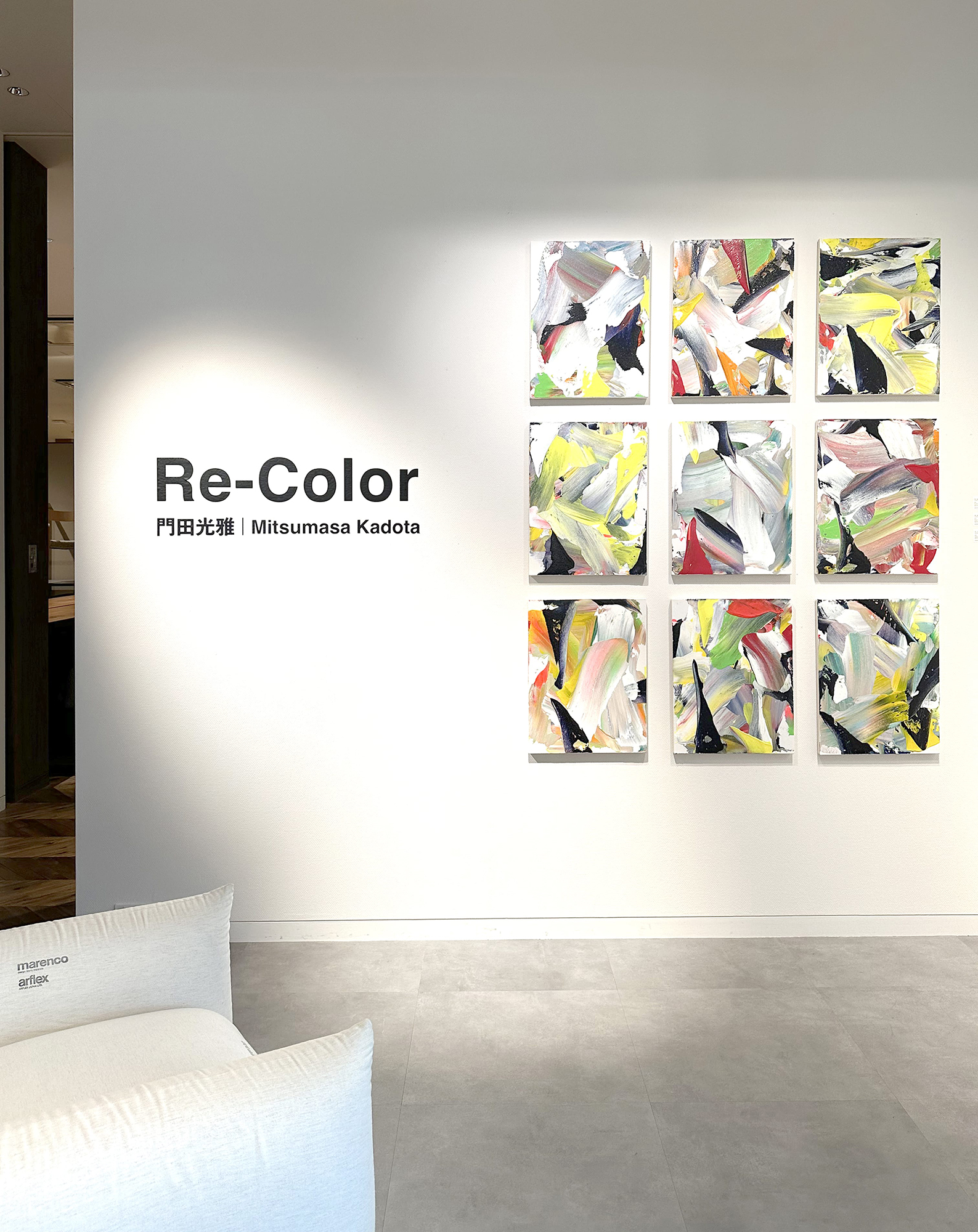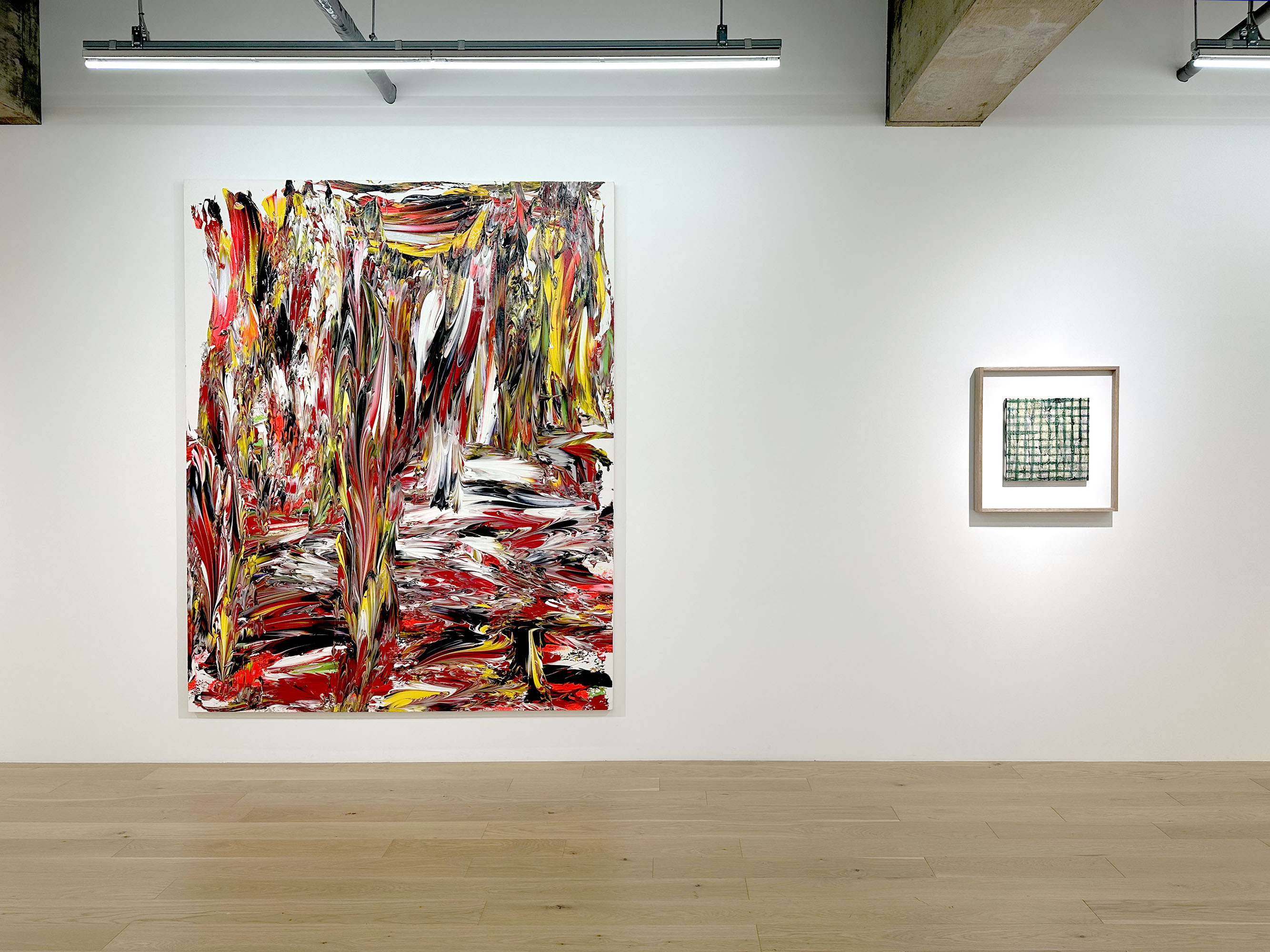JP|EN
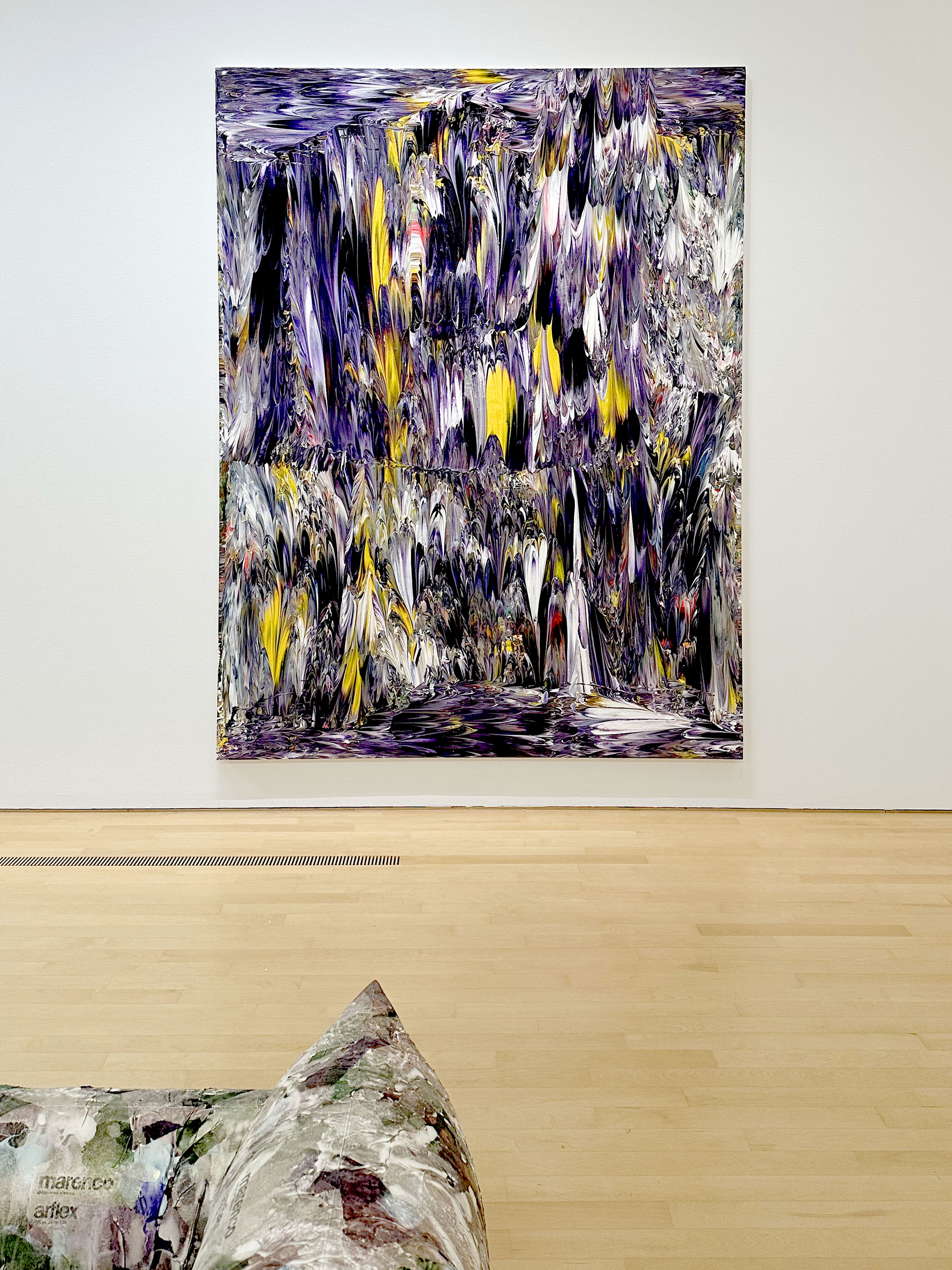
Current Exhibition
The Secrets of Color : from Impressionism to Contemporary Art
POLA MUSEUM OF ART(HAKONE, December 2024)AS ALWAYS
TEZUKAYAMA GALLERY (Osaka, November 2024)
︎TEZUKAYAMA GALLERY website

Art for Breakfast 2021: Manifold
Asia Society (TOKYO, December 8, 2021) - I shared my story about how I became an abstract artist in Japan and how I explore latent emotions and sociality in values on canvas. I also discussed how the New York art scene has greatly influenced me ever since I was invited to MoMA’s Junior Associates Program. Yoshihisa Kawamura, arts committee member at Asia Society Japan, hosted the program.︎Asia Society Japan website
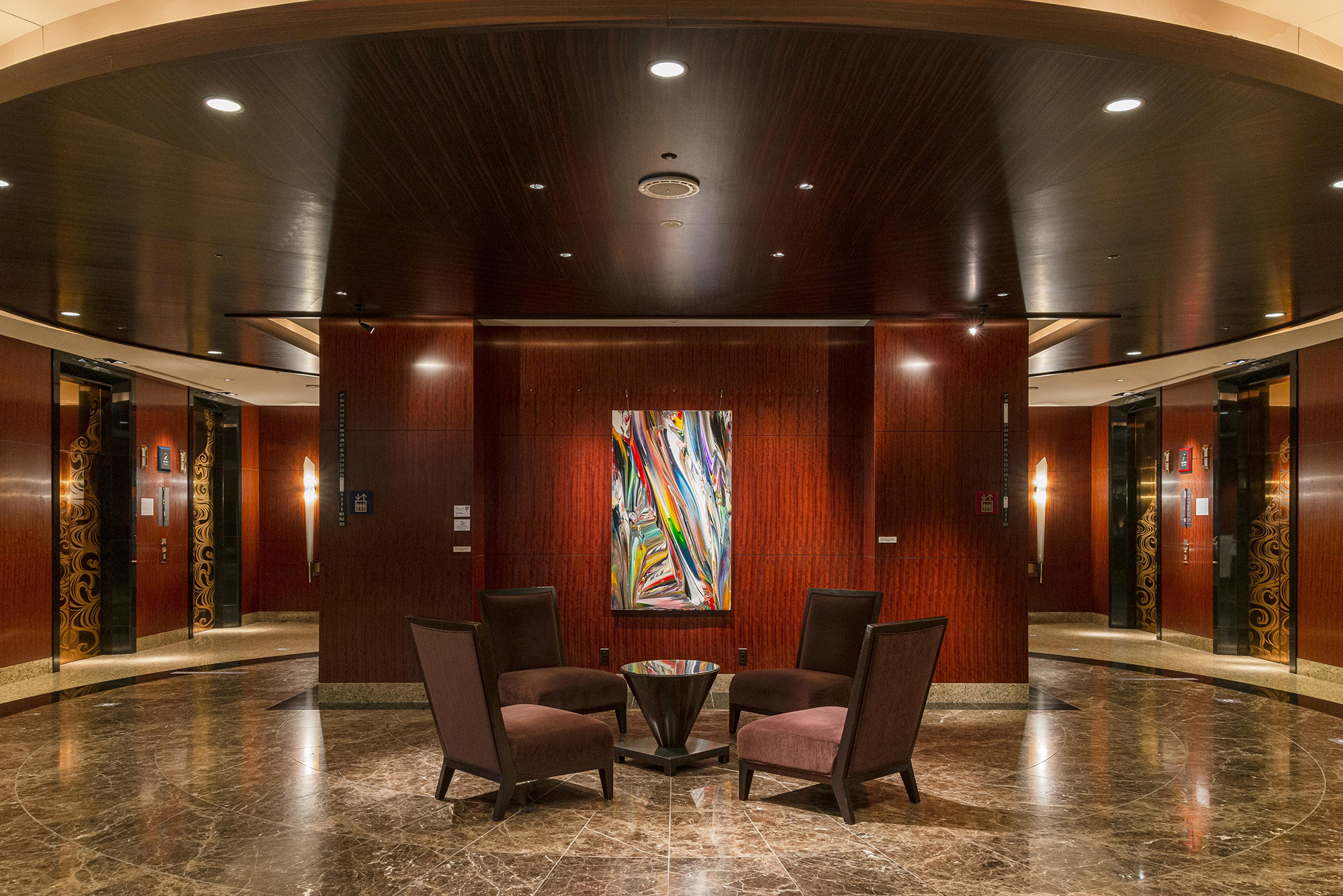
Out of the Blue
ANA InterContinental Tokyo, Art Platform Tokyo (Tokyo, May 2021)︎Art Platform Tokyo youtube

KADOTA
The Junior Associates of the MoMA / Lincoln Center (New York, November 2019) - I was able to hold my first-ever solo exhibition in New York. 12 large-scale pieces from my recent work were displayed at the Lincoln Center in conjunction with MoMA’s Junior Associates Program.︎MoMA website

The ENGINE
– It induces us to... Koseki Ono × Mitsumasa KadotaSezon Museum of Modern Art (Karuizawa, April 2019) - My contemporary Kouseki Ono and I were the subjects of this two-person exhibition.The show also incorporated works from the Sezon Museum of Modern Art’s permanent collection.
︎Sezon Museum of Modern Art website
JP|EN
SOUL NEXUS
SHOSEIAN(KYOTO, July 2025)


Monday, July 14th, 2025 - Sunday, July 20th
Hours: 12:00 -18:00
Closed: Friday, July 18th
Opening: Monday, July 14th (Mon) 17:00 -19:00
Talking Event :July 16th (Wed) 16:00 -17:00
Venue: Shosei-an
Address:19-2, Koyama Nakamizo-cho, Kita-ku, Kyoto-shi, Kyoto 603-8156
︎ About a 5-minute walk from Kuramaguchi Station on the Karasuma Line of the Kyoto Municipal Subway
FAX: 075-432-4875
Email: kawamura.nohgakusha@gmail.com
cooperation : TEZUKAYAMA GALLERY
Hours: 12:00 -18:00
Closed: Friday, July 18th
Opening: Monday, July 14th (Mon) 17:00 -19:00
Talking Event :July 16th (Wed) 16:00 -17:00
Venue: Shosei-an
Address:19-2, Koyama Nakamizo-cho, Kita-ku, Kyoto-shi, Kyoto 603-8156
︎ About a 5-minute walk from Kuramaguchi Station on the Karasuma Line of the Kyoto Municipal Subway
FAX: 075-432-4875
Email: kawamura.nohgakusha@gmail.com
cooperation : TEZUKAYAMA GALLERY
「SOUL NEXUS」
"Noh masks are never masks, but instead representations of the performer's inner self, and that is why they are called faces (omote)." This explanation left a deep impression on me when I met with Mr. Haruhisa Kawamura after attending his performance of Seiganji at the Kyoto Kanze Noh Theater in March of this year. He also told me about the characteristics of the decorations on the costumes worn during the performance. "At first glance, they look like the same pattern repeated over and over again, but in fact, the colors used are slightly different, which portrays an expanse" — which is why when we look at the actual costumes, we notice that the arrangement of colors is indeed exquisitely different from part to part, and that there are a great number of variations hidden in the design. Even within a limited number of colors and fixed patterns, we can enjoy all sorts of different combinations. This process is surely the foundation of the finely-honed stylistic beauty of Noh, and I felt as though Mr. Kawamura had taught me an important clue for connecting with the expanse of the world beyond our perception.
On this occasion, I was invited to exhibit at Shoseian, Mr. Kawamura's rehearsal hall. For me, seeing how my works would heave in such a sacred space, so different from the spaces where I usually exhibit, represented an experiment filled with unknown variables. I believe that it was also a very significant decision for Mr. Kawamura to allow access to this important location and for himself to face both tradition and new challenges. I feel that this is, without exaggeration, an opportunity to bear the heavy responsibility of questioning the nature of tradition and culture and their meaning in the 21st century.
Although tradition and modernity may appear to be incompatible at first glance, there is an argument that both the traditional art that is Noh and contemporary art are "generally difficult to understand". In contemporary art, it is necessary, at a minimum, to bear in mind the course of the history of art known as context, and contemporary art is such that one can understand the intent and novelty behind a work by knowing this common language. Just like how one will face difficulties abroad if one cannot speak English, there may well be similar barriers in the world of Noh, such as the fact that its language (the rules of Noh) is not publicly known. However, I believe that both Noh and contemporary art deal with issues of divine possession and the spirit and the soul, or perhaps the expansion of new human senses. I believe their abstruseness is evidence that Noh performers and artists are staking their lives as they face their respective art forms in a place where human beings cannot easily enter.
There is also a famous saying, "If you gaze for long into an abyss, the abyss gazes also into you." One will constantly have their nature questioned as they face the invisible expanse, whether as an artist or a viewer. Creating and exhibiting represent opportunities to question one's existence. I am deeply grateful to Mr. Kawamura for affording me this tremendous opportunity, and at the same time, I am feeling more excited and nervous than usual about the prospect of confronting both the traditional and the contemporary.
Mitsumasa KADOTA (June 2025)
"Noh masks are never masks, but instead representations of the performer's inner self, and that is why they are called faces (omote)." This explanation left a deep impression on me when I met with Mr. Haruhisa Kawamura after attending his performance of Seiganji at the Kyoto Kanze Noh Theater in March of this year. He also told me about the characteristics of the decorations on the costumes worn during the performance. "At first glance, they look like the same pattern repeated over and over again, but in fact, the colors used are slightly different, which portrays an expanse" — which is why when we look at the actual costumes, we notice that the arrangement of colors is indeed exquisitely different from part to part, and that there are a great number of variations hidden in the design. Even within a limited number of colors and fixed patterns, we can enjoy all sorts of different combinations. This process is surely the foundation of the finely-honed stylistic beauty of Noh, and I felt as though Mr. Kawamura had taught me an important clue for connecting with the expanse of the world beyond our perception.
On this occasion, I was invited to exhibit at Shoseian, Mr. Kawamura's rehearsal hall. For me, seeing how my works would heave in such a sacred space, so different from the spaces where I usually exhibit, represented an experiment filled with unknown variables. I believe that it was also a very significant decision for Mr. Kawamura to allow access to this important location and for himself to face both tradition and new challenges. I feel that this is, without exaggeration, an opportunity to bear the heavy responsibility of questioning the nature of tradition and culture and their meaning in the 21st century.
Although tradition and modernity may appear to be incompatible at first glance, there is an argument that both the traditional art that is Noh and contemporary art are "generally difficult to understand". In contemporary art, it is necessary, at a minimum, to bear in mind the course of the history of art known as context, and contemporary art is such that one can understand the intent and novelty behind a work by knowing this common language. Just like how one will face difficulties abroad if one cannot speak English, there may well be similar barriers in the world of Noh, such as the fact that its language (the rules of Noh) is not publicly known. However, I believe that both Noh and contemporary art deal with issues of divine possession and the spirit and the soul, or perhaps the expansion of new human senses. I believe their abstruseness is evidence that Noh performers and artists are staking their lives as they face their respective art forms in a place where human beings cannot easily enter.
There is also a famous saying, "If you gaze for long into an abyss, the abyss gazes also into you." One will constantly have their nature questioned as they face the invisible expanse, whether as an artist or a viewer. Creating and exhibiting represent opportunities to question one's existence. I am deeply grateful to Mr. Kawamura for affording me this tremendous opportunity, and at the same time, I am feeling more excited and nervous than usual about the prospect of confronting both the traditional and the contemporary.
Mitsumasa KADOTA (June 2025)
︎ Related Events 1
Mr. Haruhisa Kawamura's performance of "Yorimasa" will be held at the Kyoto Kanze Kaikan on Thursday, July 17th from 6:00 pm. If you would like to attend, please apply below.
Application: https://nohgakusha.sakura.ne.jp/event/
"NOH" THEATER PERFORMANCE: YORIMASA
Mr. Haruhisa Kawamura's performance of "Yorimasa" will be held at the Kyoto Kanze Kaikan on Thursday, July 17th from 6:00 pm. If you would like to attend, please apply below.
Application: https://nohgakusha.sakura.ne.jp/event/


July 17th (Thu) 18:00 -20:45
(Doors open/6:00pm Start/6:45pm,~End/8:45pm)
Venue: Kyoto Kanze Hall
44 Okazaki Enshoji-cho, Sakyo-ku, Kyoto City
Performance Contents:
Part 1
Commentary: About Noh, Kawamura Haruhisa
Noh costume dressing: Kawamura Naoko
Part 2
(Half Noh) Yorimasa
The spirit of Yorimasa, Kawamura Haruhisa
Traveling monk, Arimatsu Ryoichi
︎ Related event 2
Visiting Byodo-in Temple and Yorimasa's historic site in Uji
From 10:30 on Friday, July 18th, we will be holding a tour to visit Byodo-in Temple and Yorimasa's historic site with a commentary by Mr. Haruhisa Kawamura. If you would like to participate, please apply and contact us below. (※The exhibition will be closed on this day due to a tour)
Applications and inquiries: Nohgakusha Co., Ltd.
Email: kawamura.nohgakusha@gmail.com
July 18th (Friday) 10:30-14:30
Participation fee: 12,000 yen per person *Includes admission to Byodoin and Ho-o-do and meal
Number of participants: Limited to 24 people
<Schedule>
10:30 Meet at Keihan Uji Station
10:45 Byodo-in
Yorimasa's Grave Listen to the Noh song "Yorimasa"
Ogino-Shiba The place where Yorimasa committed suicide
Hou-o-do The Pure Land world
Houshokan Museum
12:15 Meal (Kyoto cuisine Tatsumiya)
13:30 Stroll along the river
Watch a passage from the Noh play "Uki-fune" from the Uji Juyo-cho while looking at the scenery
13:45 Uji Shrine
14:00 Ujikami Shrine
14:30 Tsuen Chaya (in front of Keihan Uji Station) *Free to leave here
(Doors open/6:00pm Start/6:45pm,~End/8:45pm)
Venue: Kyoto Kanze Hall
44 Okazaki Enshoji-cho, Sakyo-ku, Kyoto City
Performance Contents:
Part 1
Commentary: About Noh, Kawamura Haruhisa
Noh costume dressing: Kawamura Naoko
Part 2
(Half Noh) Yorimasa
The spirit of Yorimasa, Kawamura Haruhisa
Traveling monk, Arimatsu Ryoichi
︎ Related event 2
Visiting Byodo-in Temple and Yorimasa's historic site in Uji
From 10:30 on Friday, July 18th, we will be holding a tour to visit Byodo-in Temple and Yorimasa's historic site with a commentary by Mr. Haruhisa Kawamura. If you would like to participate, please apply and contact us below. (※The exhibition will be closed on this day due to a tour)
Applications and inquiries: Nohgakusha Co., Ltd.
Email: kawamura.nohgakusha@gmail.com
July 18th (Friday) 10:30-14:30
Participation fee: 12,000 yen per person *Includes admission to Byodoin and Ho-o-do and meal
Number of participants: Limited to 24 people
<Schedule>
10:30 Meet at Keihan Uji Station
10:45 Byodo-in
Yorimasa's Grave Listen to the Noh song "Yorimasa"
Ogino-Shiba The place where Yorimasa committed suicide
Hou-o-do The Pure Land world
Houshokan Museum
12:15 Meal (Kyoto cuisine Tatsumiya)
13:30 Stroll along the river
Watch a passage from the Noh play "Uki-fune" from the Uji Juyo-cho while looking at the scenery
13:45 Uji Shrine
14:00 Ujikami Shrine
14:30 Tsuen Chaya (in front of Keihan Uji Station) *Free to leave here
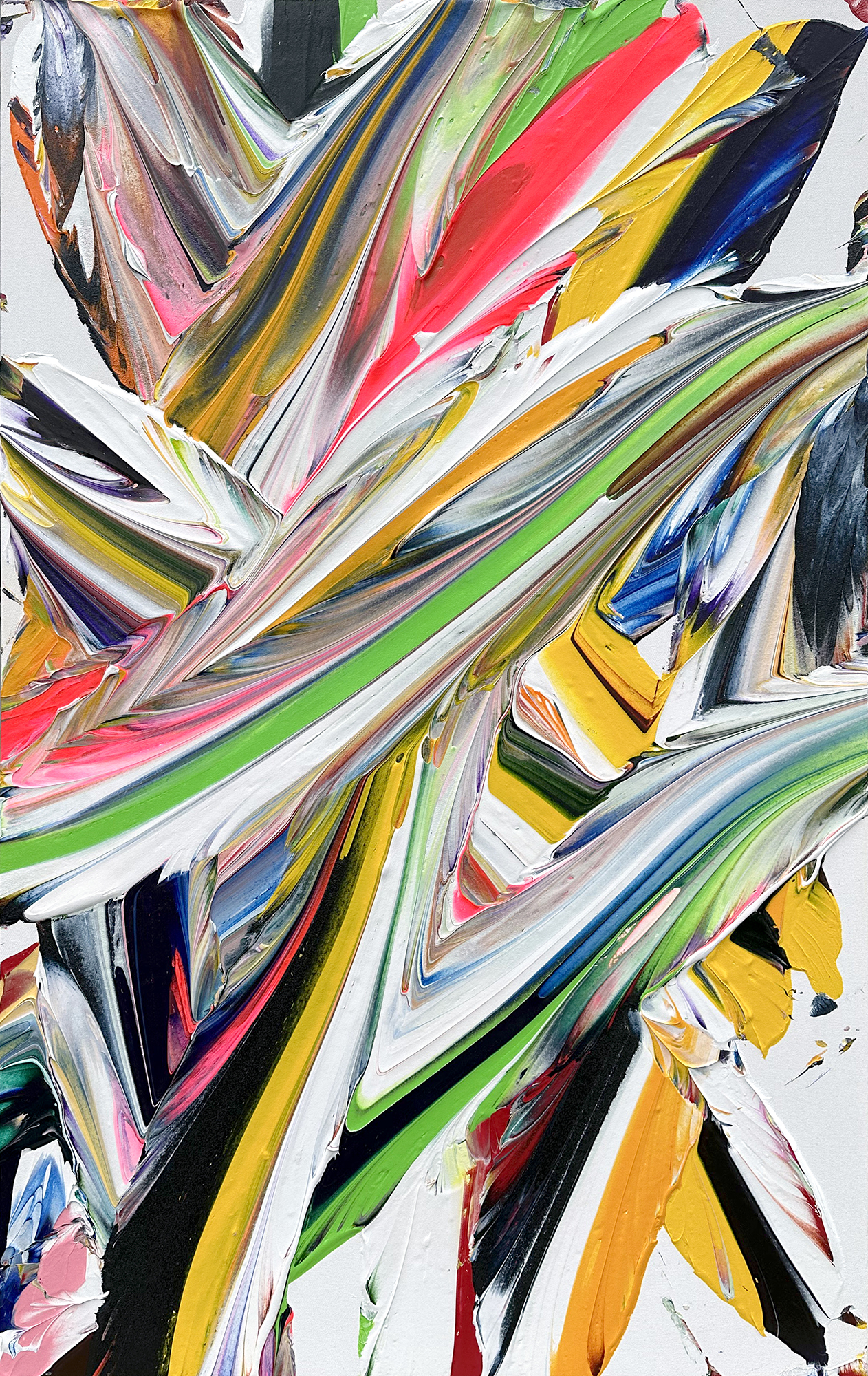 鈿女 (UZUME)
鈿女 (UZUME)2025 Acrylic and Carborundum on cotton
1457×896mm
 頼政 (YORIMASA)
頼政 (YORIMASA)2025 Acrylic and Carborundum on cotton
730×608mm
 誓願寺 (SEIGANJI)
誓願寺 (SEIGANJI)2025 Acrylic and Carborundum on cotton
730×608mm
 屋島 (YASHIMA)
屋島 (YASHIMA)2025 Acrylic and Carborundum on cotton
730×608mm
 pythagoras(prototype)
pythagoras(prototype)2025 Acrylic and Carborundum on Cotton with frame
770×850mm
 面 (OMOTE)
面 (OMOTE)2025 Acrylic and Carborundum on Cotton
804×804mm
 古道 (KODO)
古道 (KODO)2025 Acrylic and Carborundum on Cotton
610×333mm
 うたかた (UTAKATA)
うたかた (UTAKATA)2025 Acrylic on Cotton
534×333mm
JP|EN
Re-Color
ARFLEX ReStore(TOKYO, April 2025)
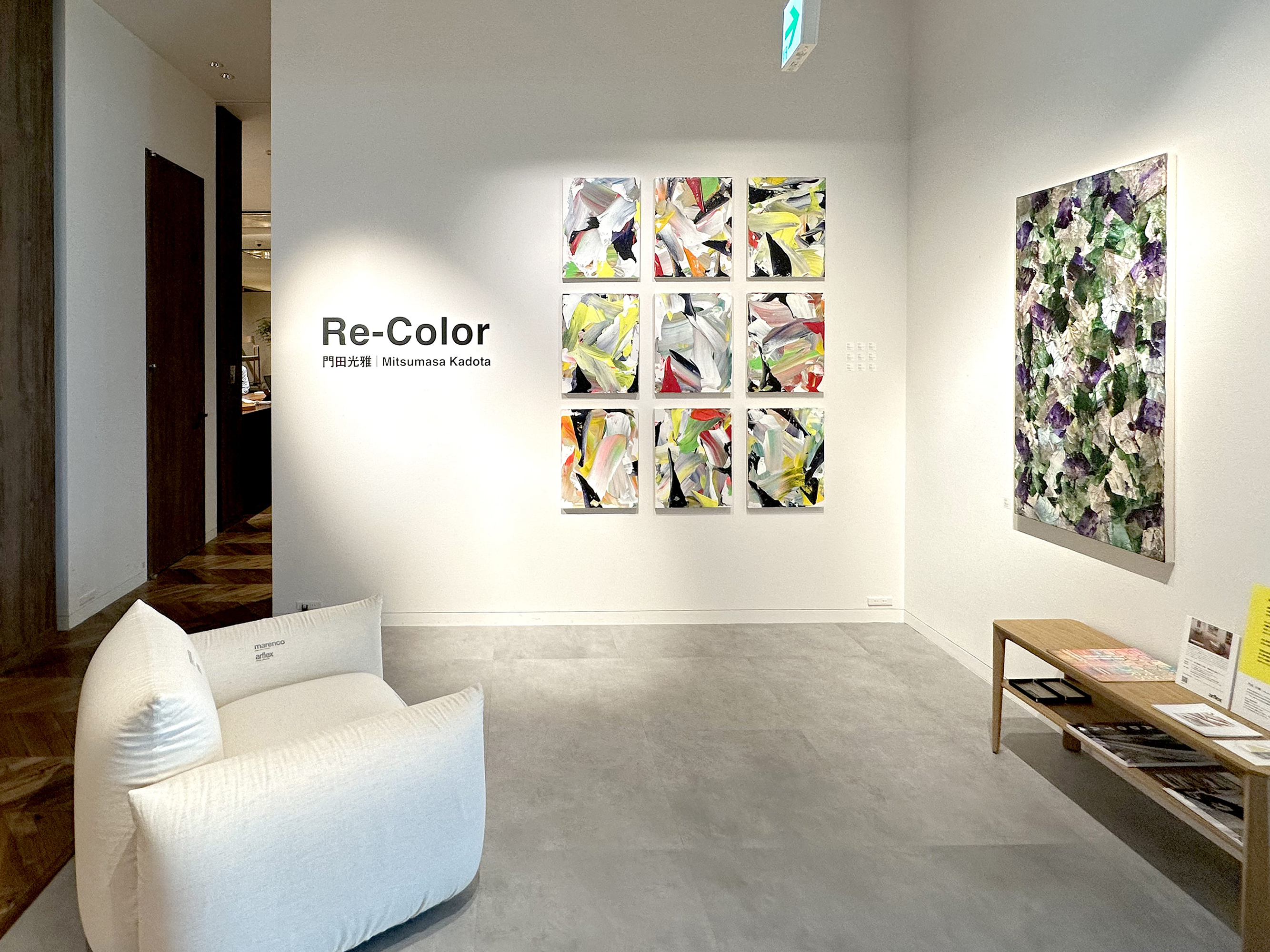
April 22nd (Tue) - May 11th (Sun)
11:00 -19:00
Closed on irregular days
2F, Futakotamagawa Tsutaya Denryoku, 1-14-1 Tamagawa, Setagaya-ku, Tokyo 158-0094, Japan
tel.03-5717-9222
︎ARFLEX website
The color of a small flower blooming by the roadside can put you in a positive mood, and that color of the ocean you saw long ago remains unfading and shimmers in your memory. Colors remind us of the precious things that exist in our mundane everyday lives.
That a single color can richly stimulate our imagination, and conversely, that a single image can arise from countless colors in combination may serve as proof that we are capable of accepting various differences and make connection beyond our preconceptions.
Moreover, it's because colors coexist with harmony and contradiction that I feel they also contain hints to explore our own invisible essence.
That rejection and acceptance are equally at odds and resonate with each other, and that no matter how many times we paint, we never arrive at a correct answer or an end gives me the sense that we are rather being challenged to demonstrate our resolve and how we intend to approach the diverse potentials that colors hold.
Mitsumasa KADOTA (March 2025)
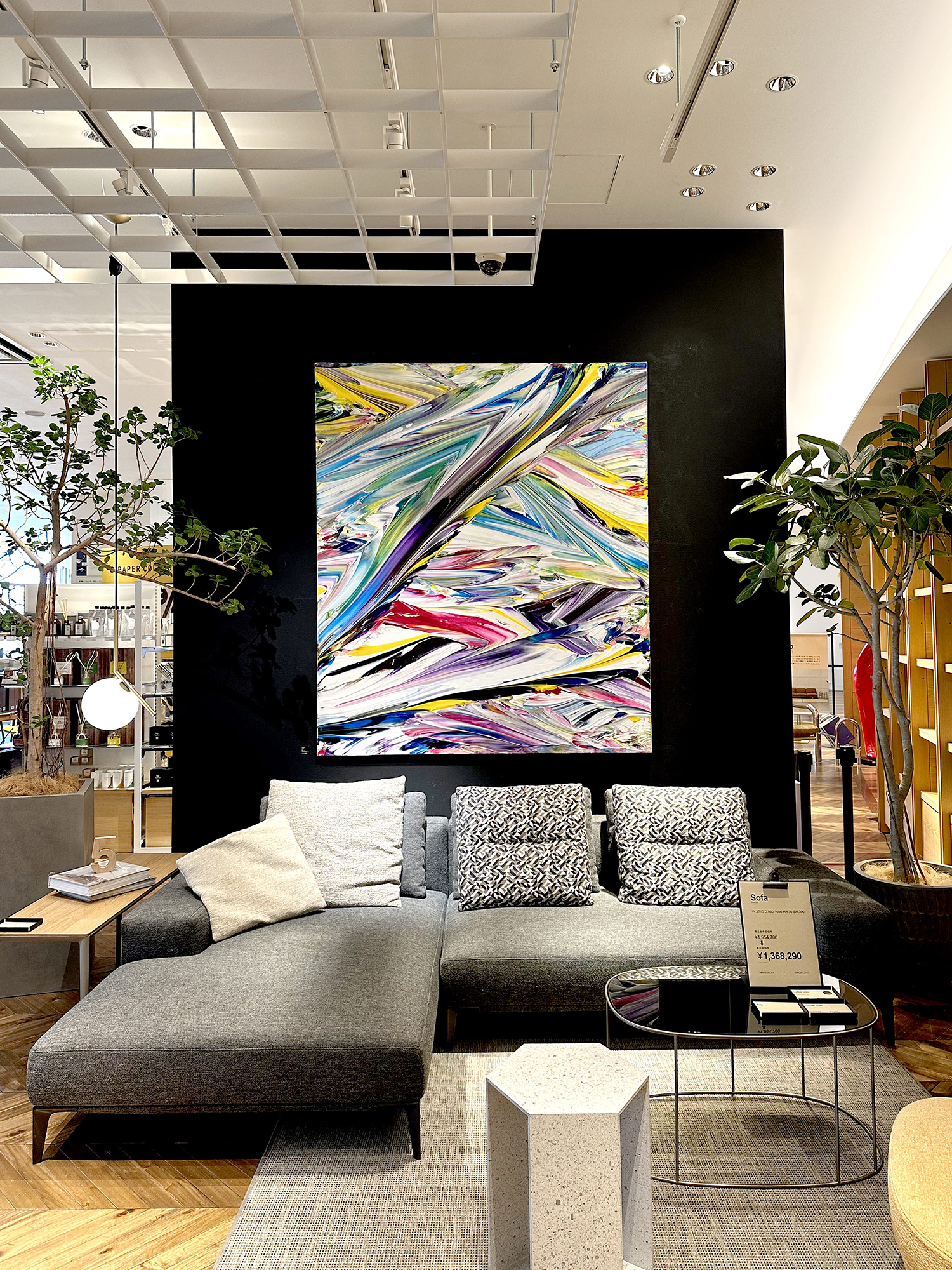

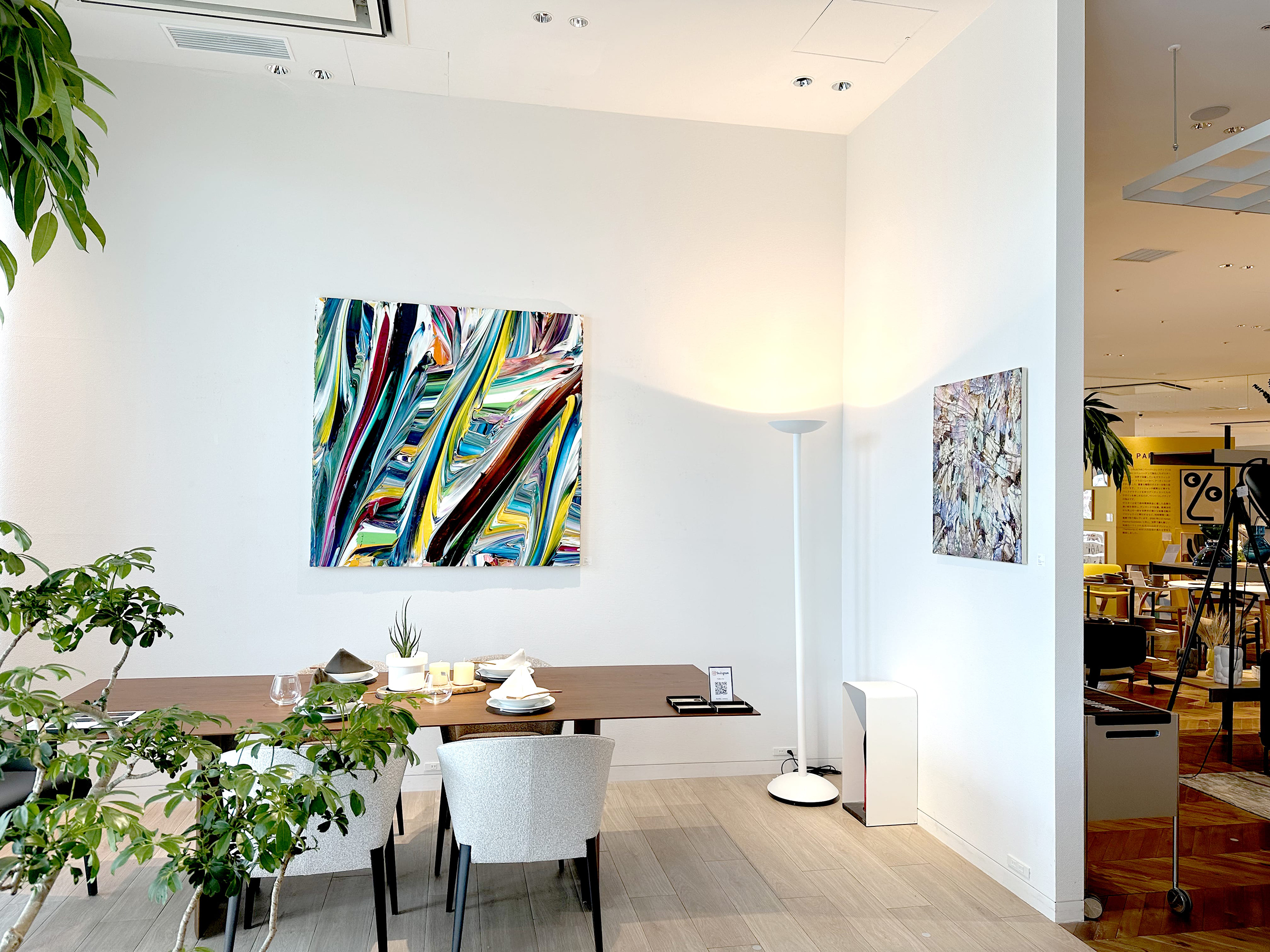
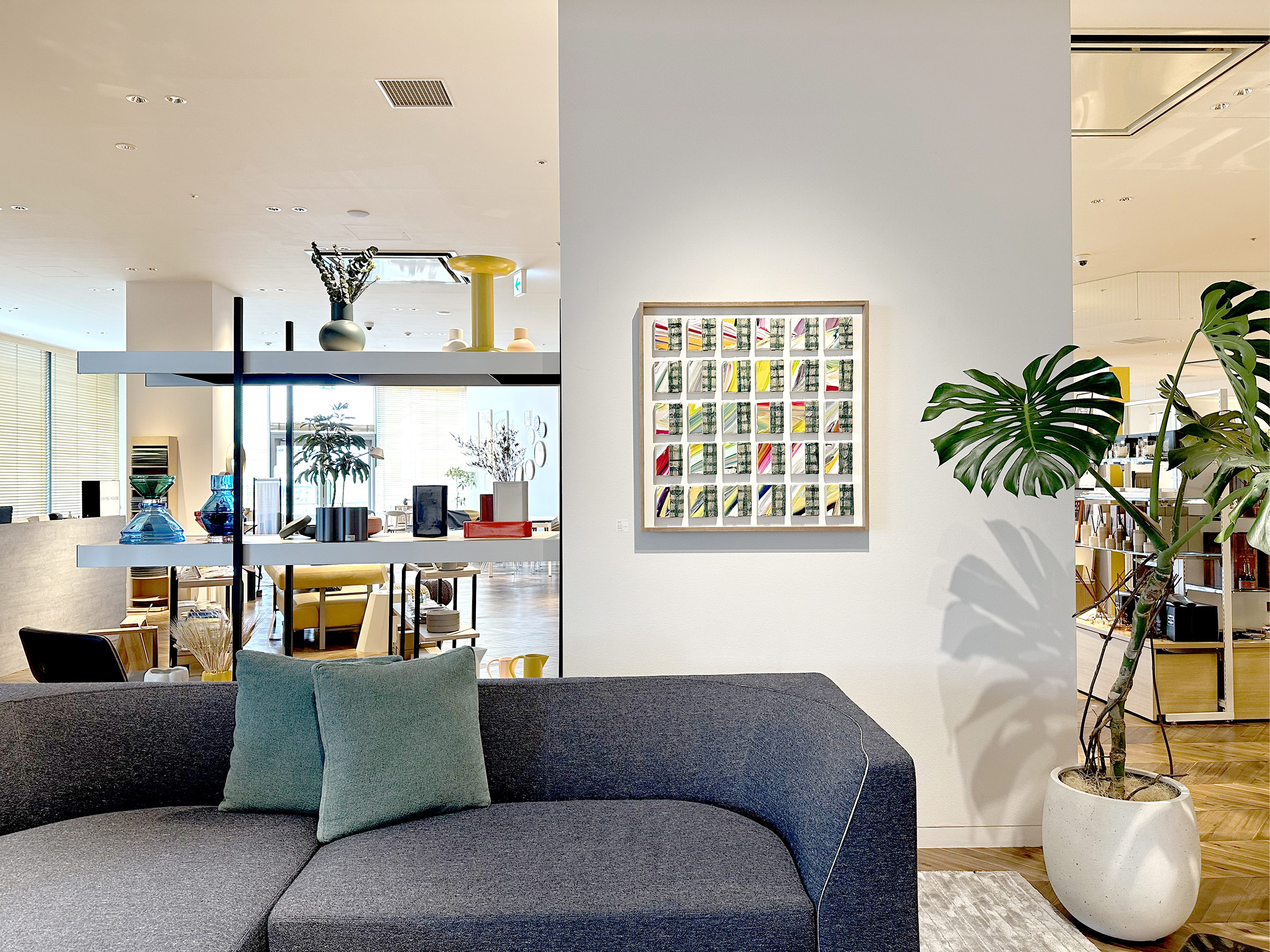
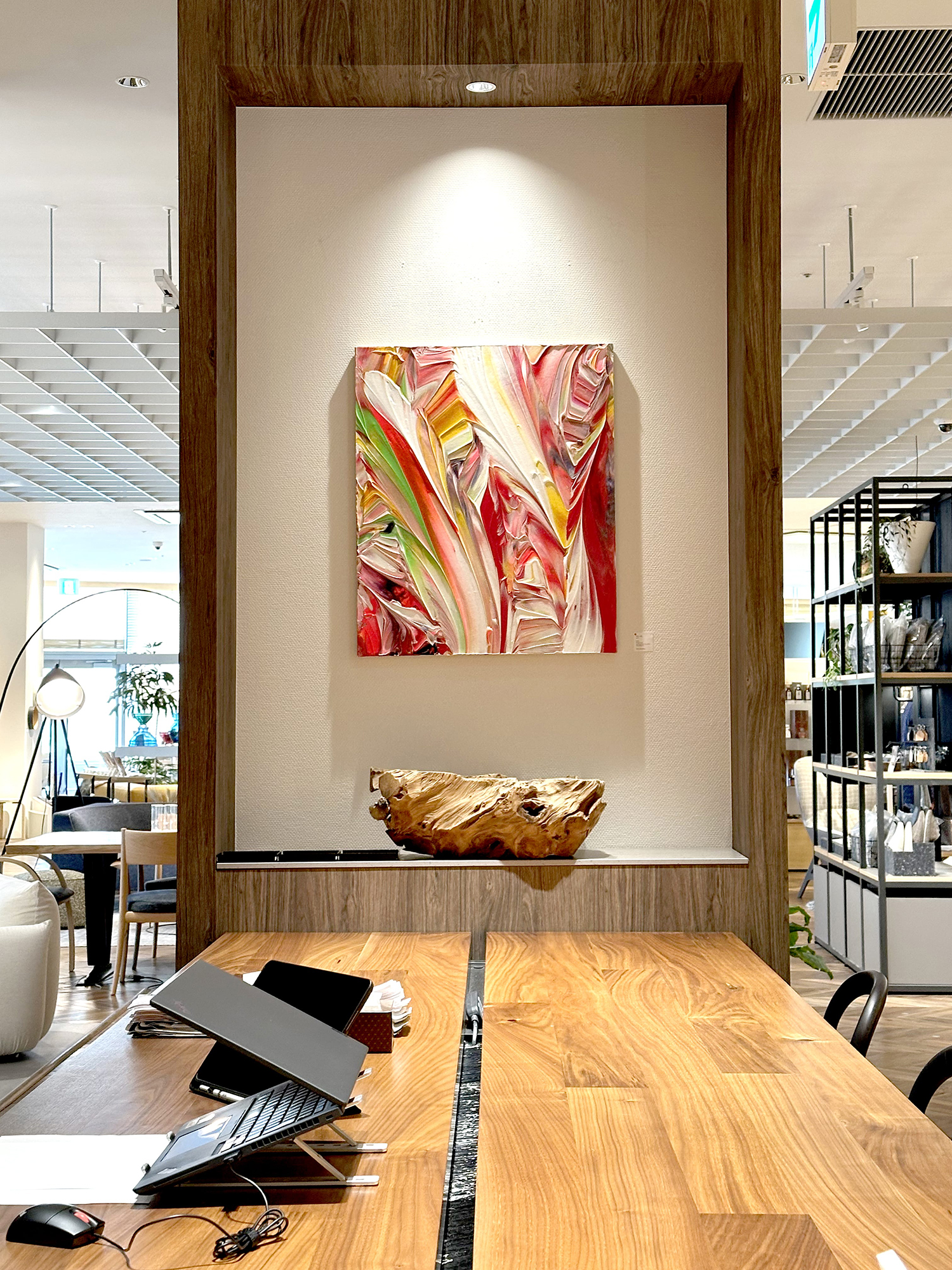
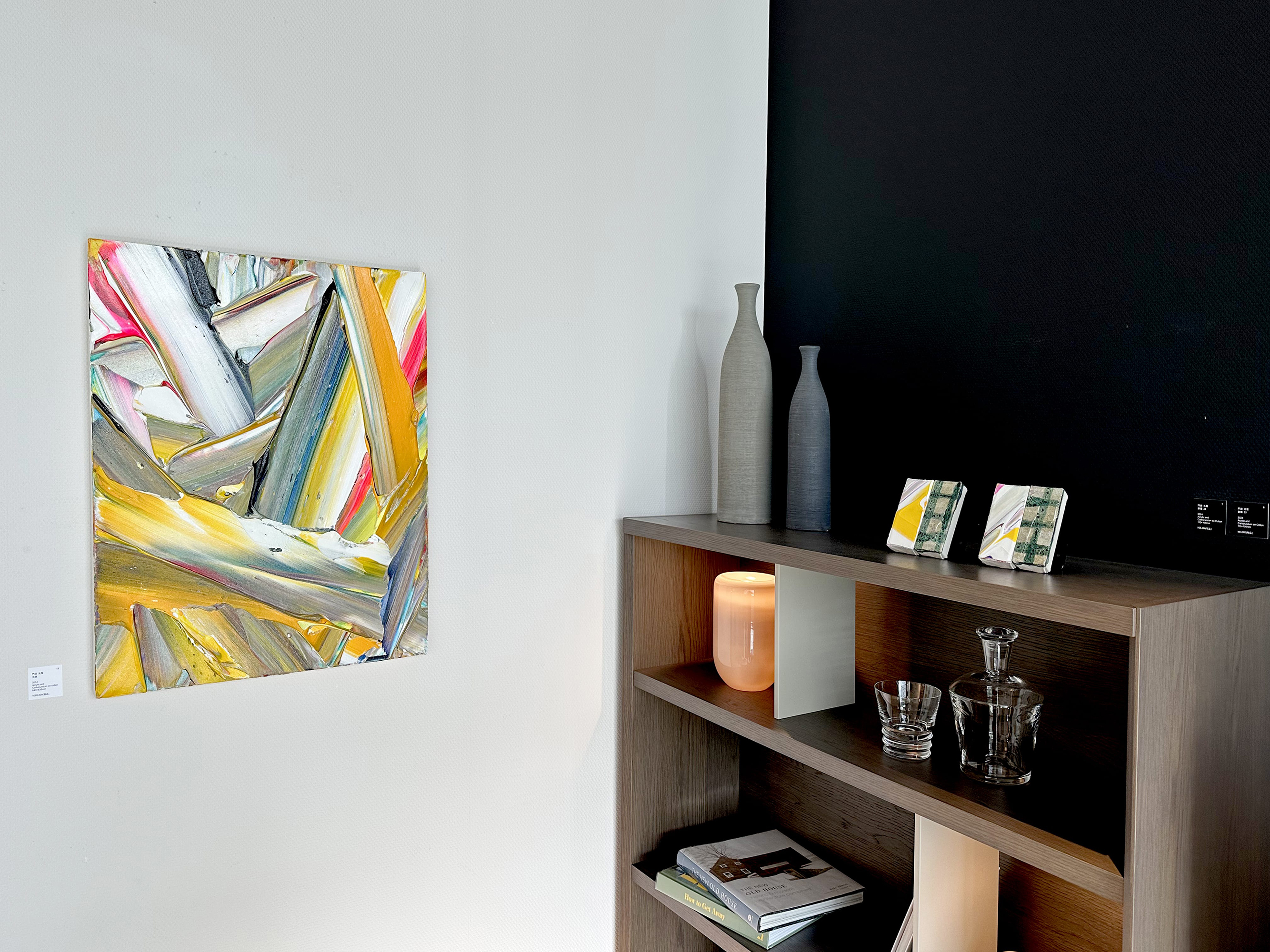
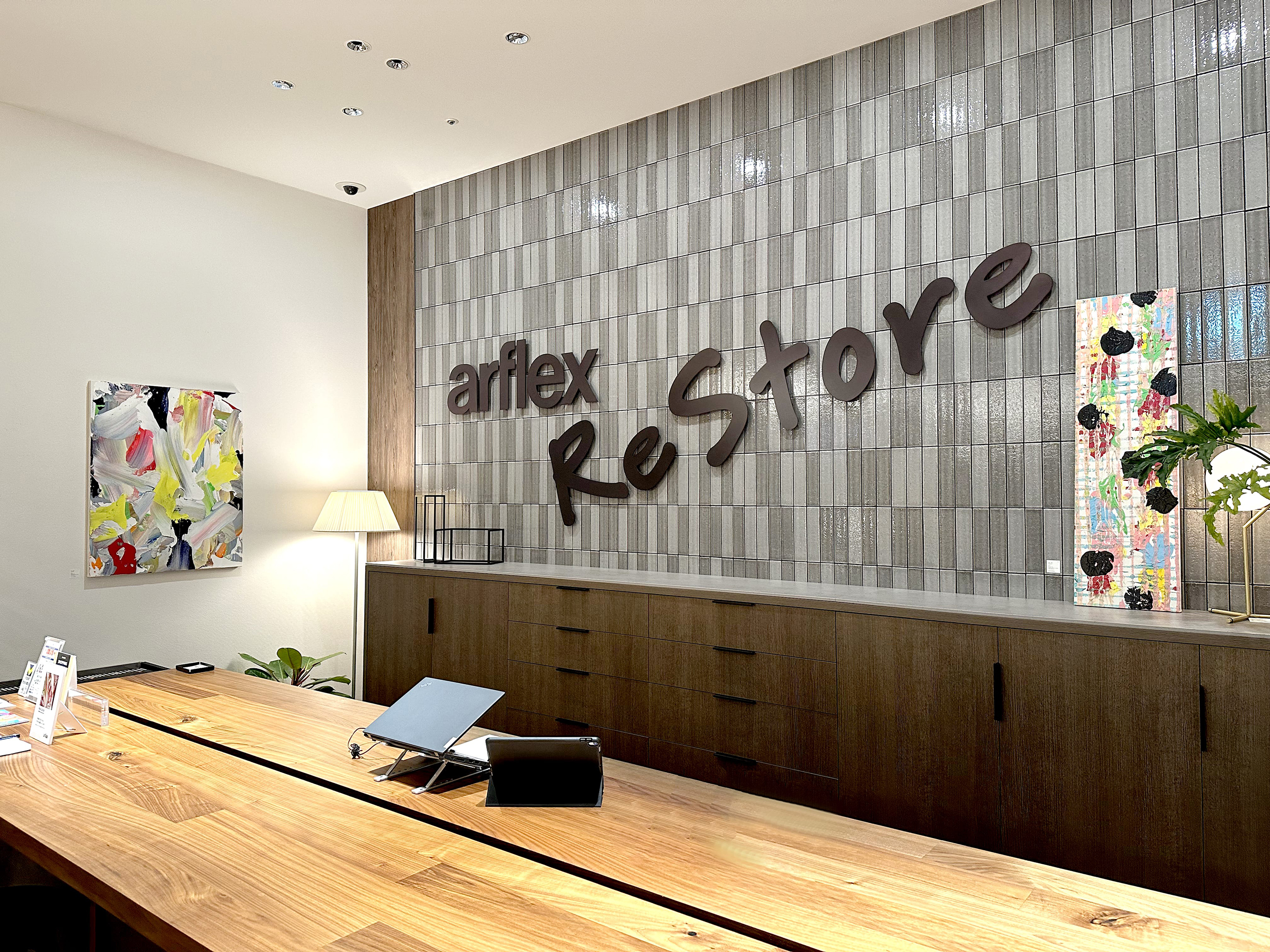
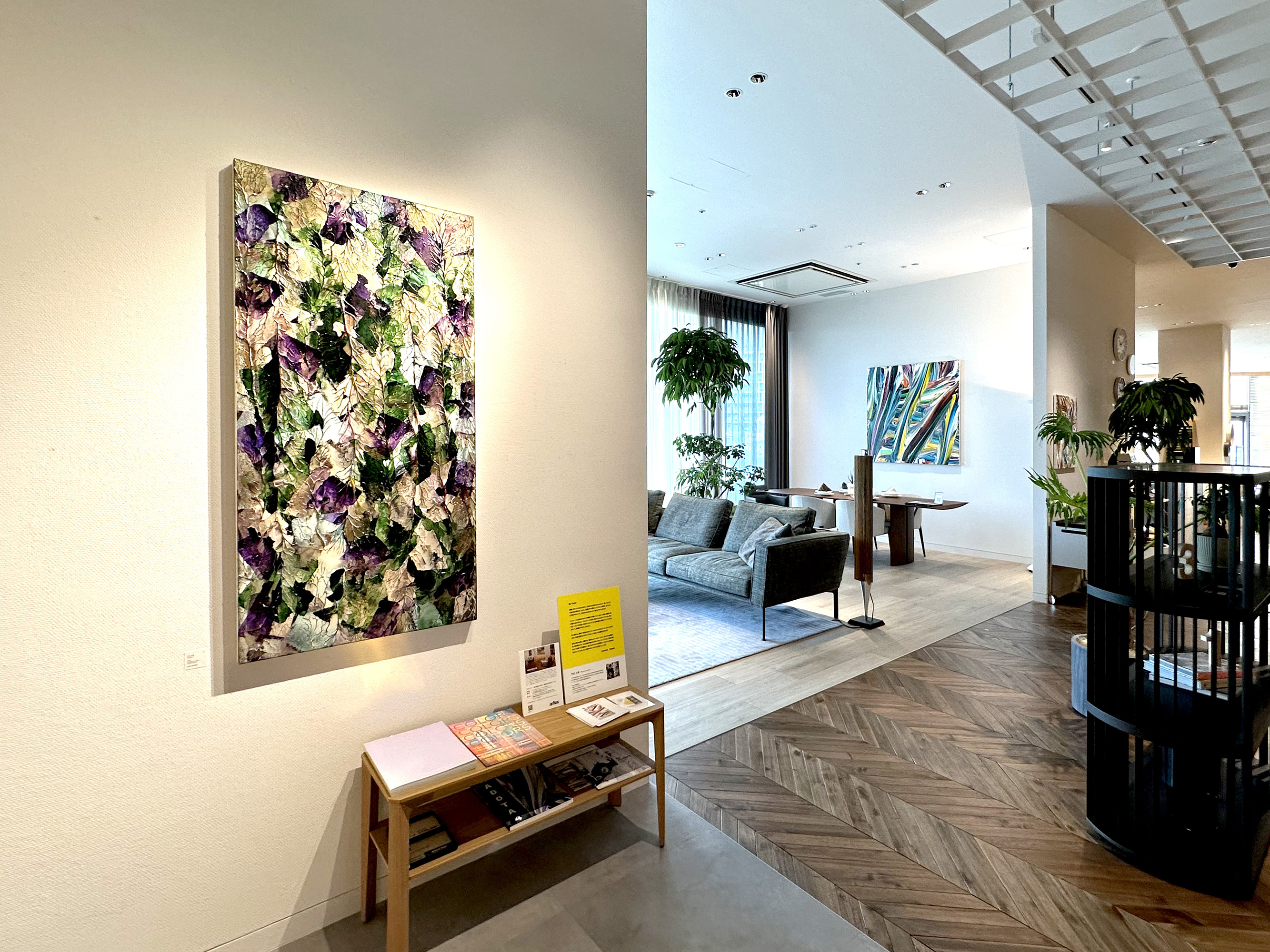
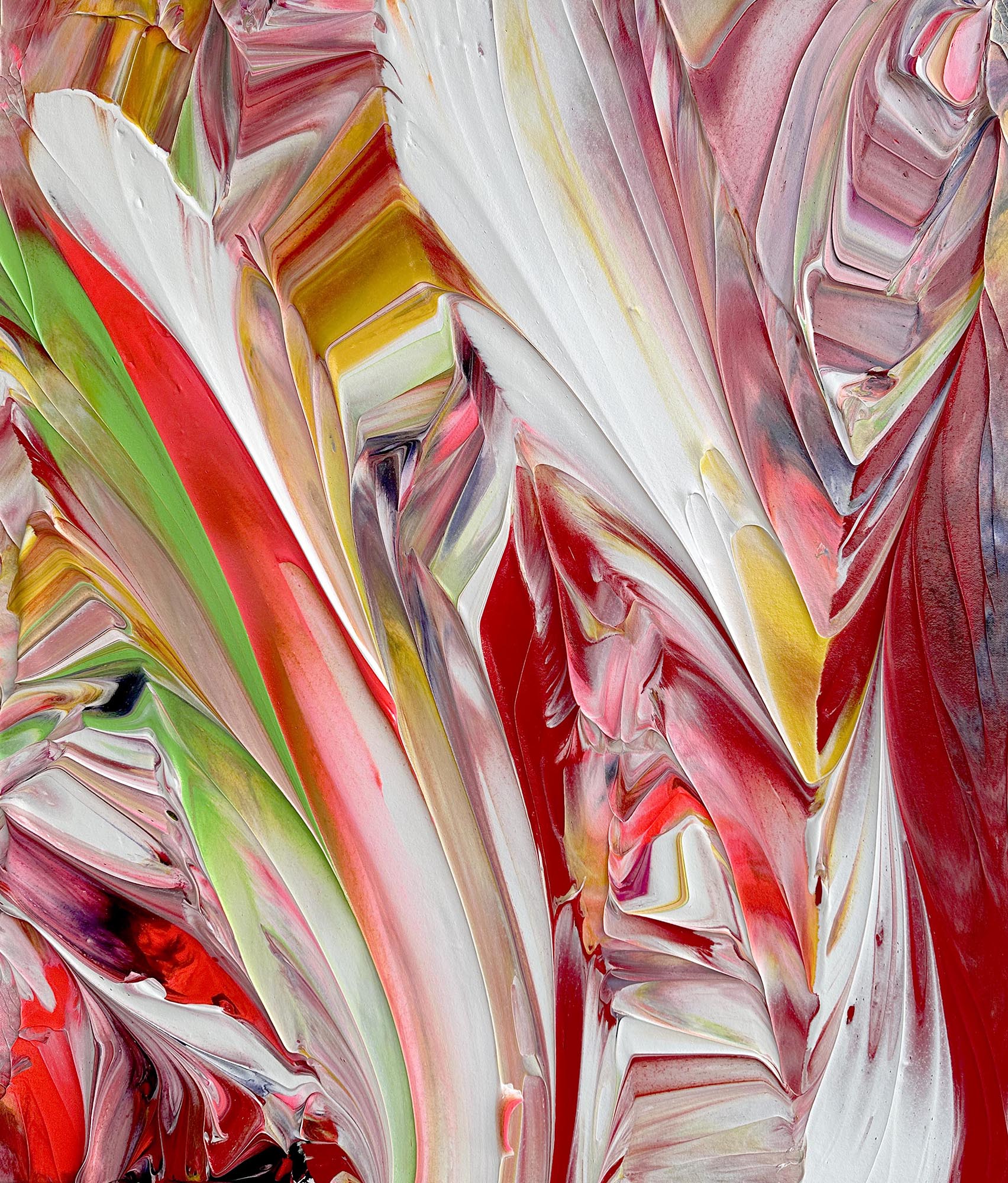 birth
birth2025 Acrylic and Carborundum on cotton
730×608mm
Private Collection
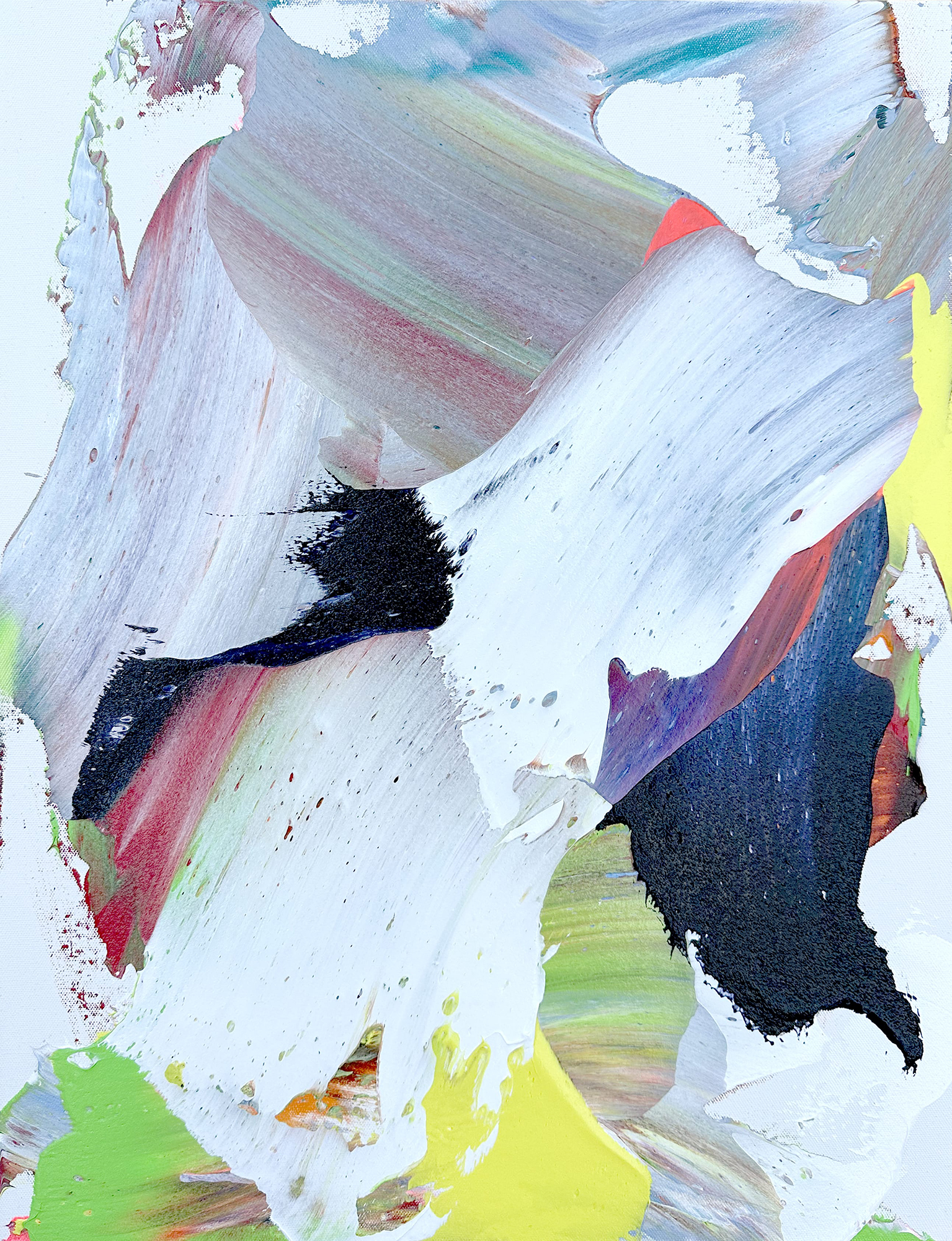
symphony 1
2025 Acrylic and Carborundum on cotton
534×411mm
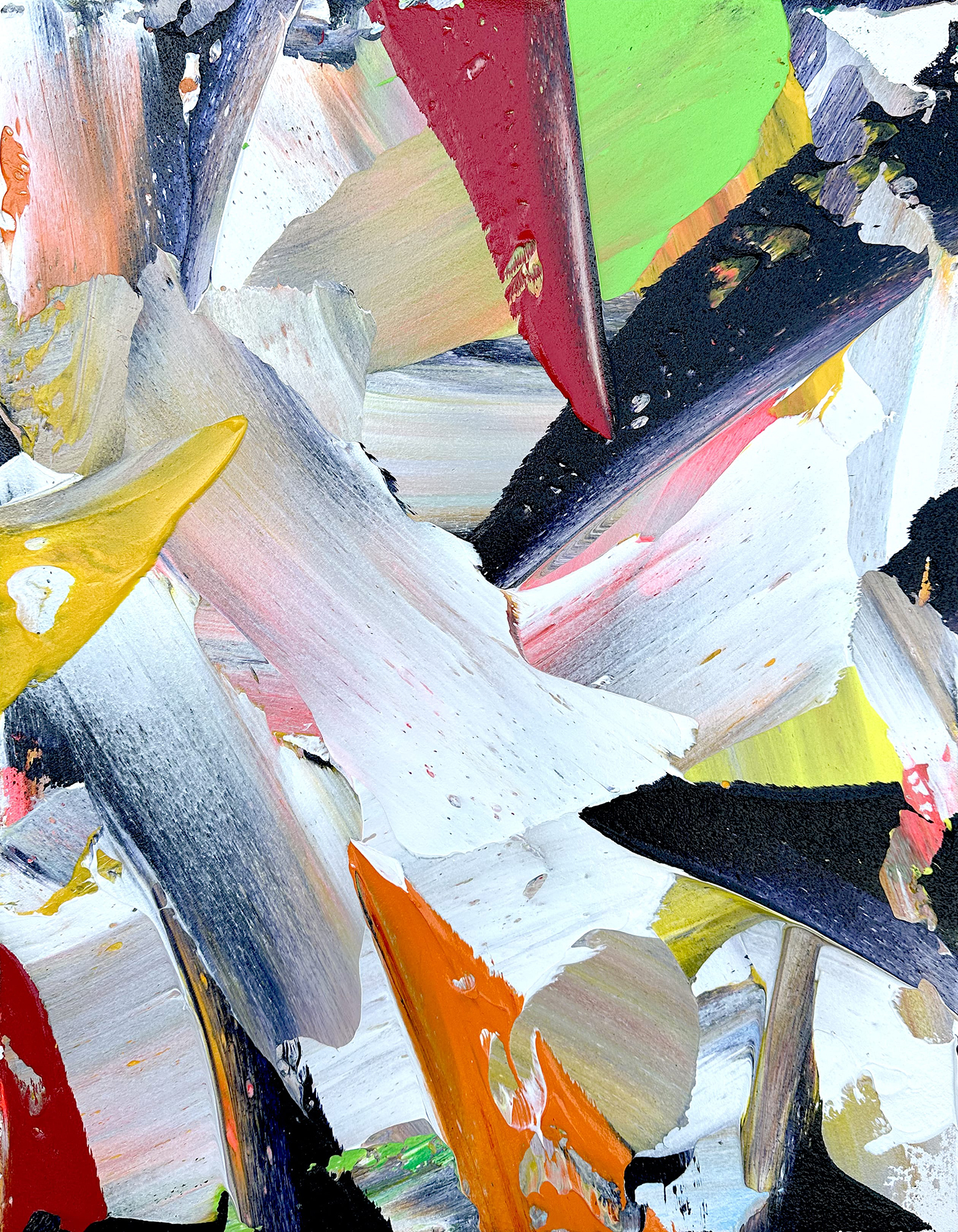
symphony 2
2025 Acrylic and Carborundum on cotton
534×411mm
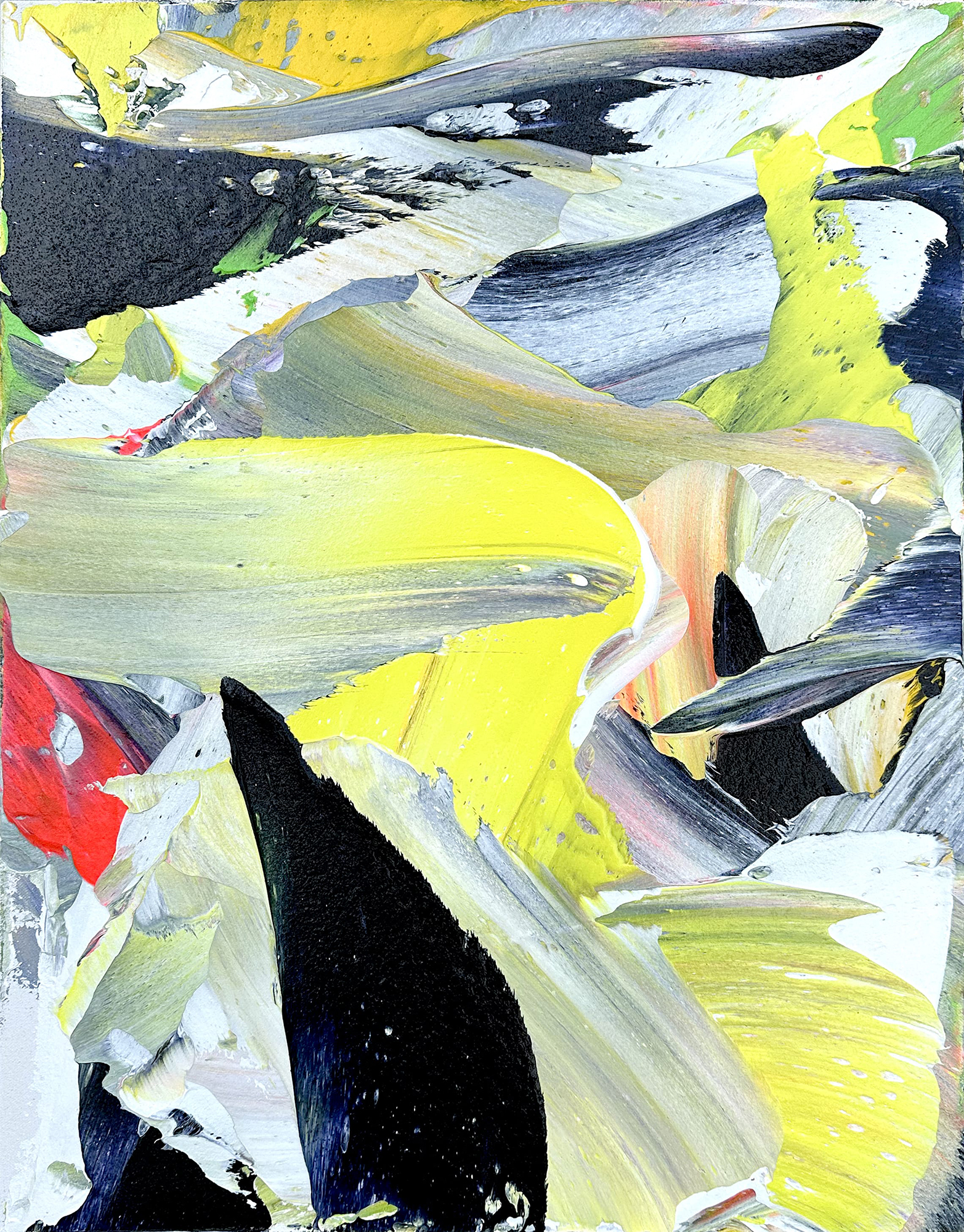
symphony 3
2025 Acrylic and Carborundum on cotton
534×414mm
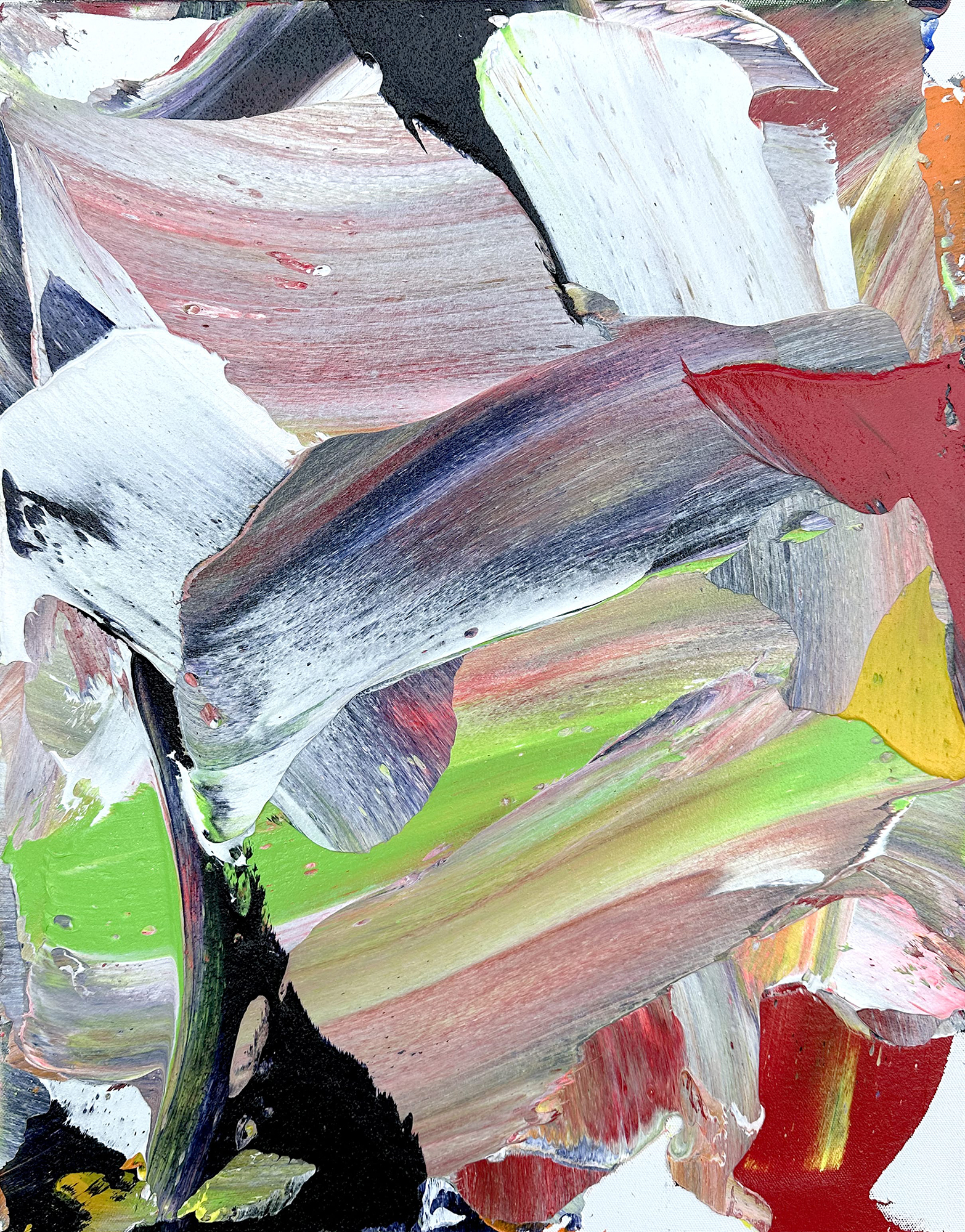
symphony 4
2025 Acrylic and Carborundum on cotton
535×412mm
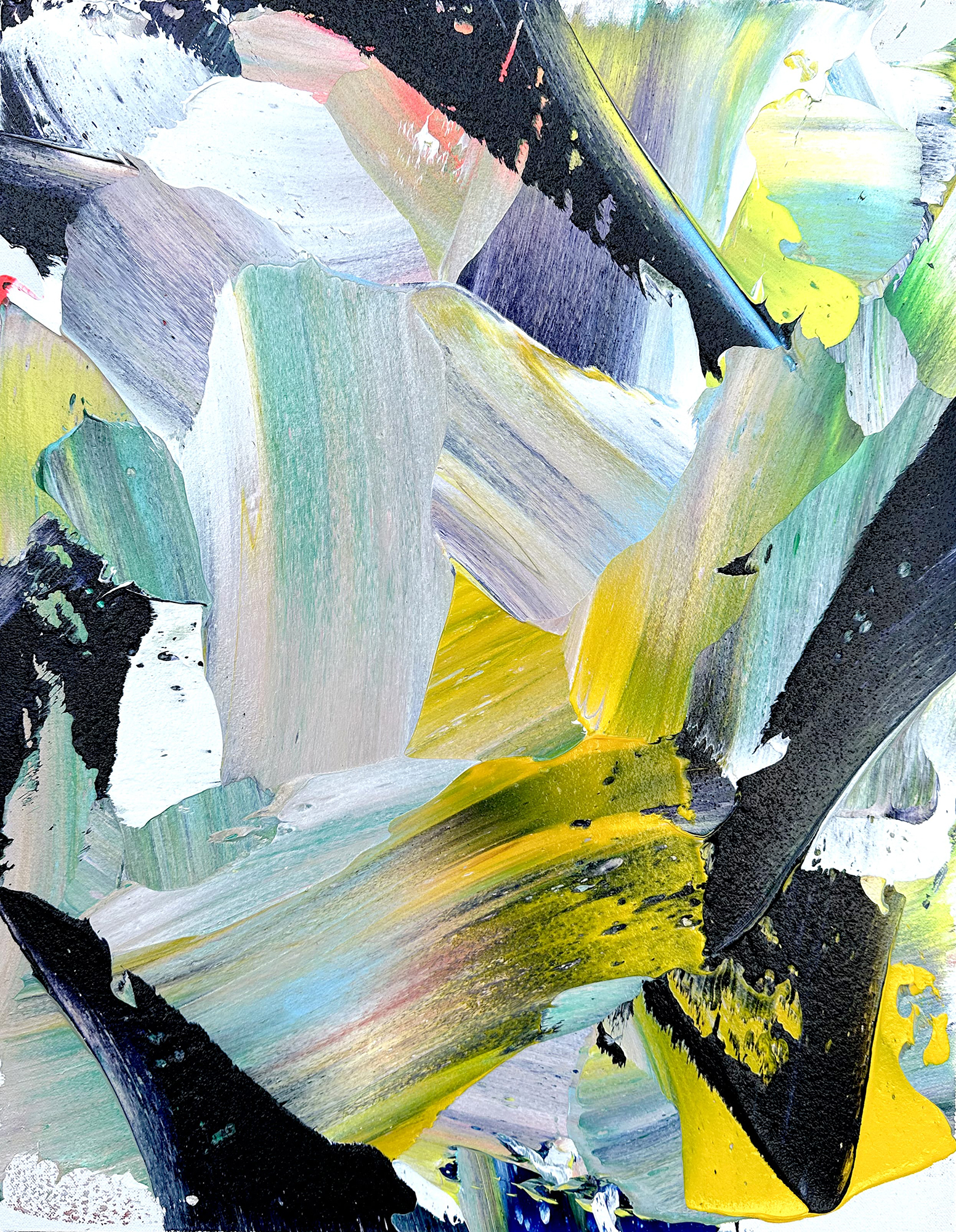
symphony 5
2025 Acrylic and Carborundum on cotton
535×411mm
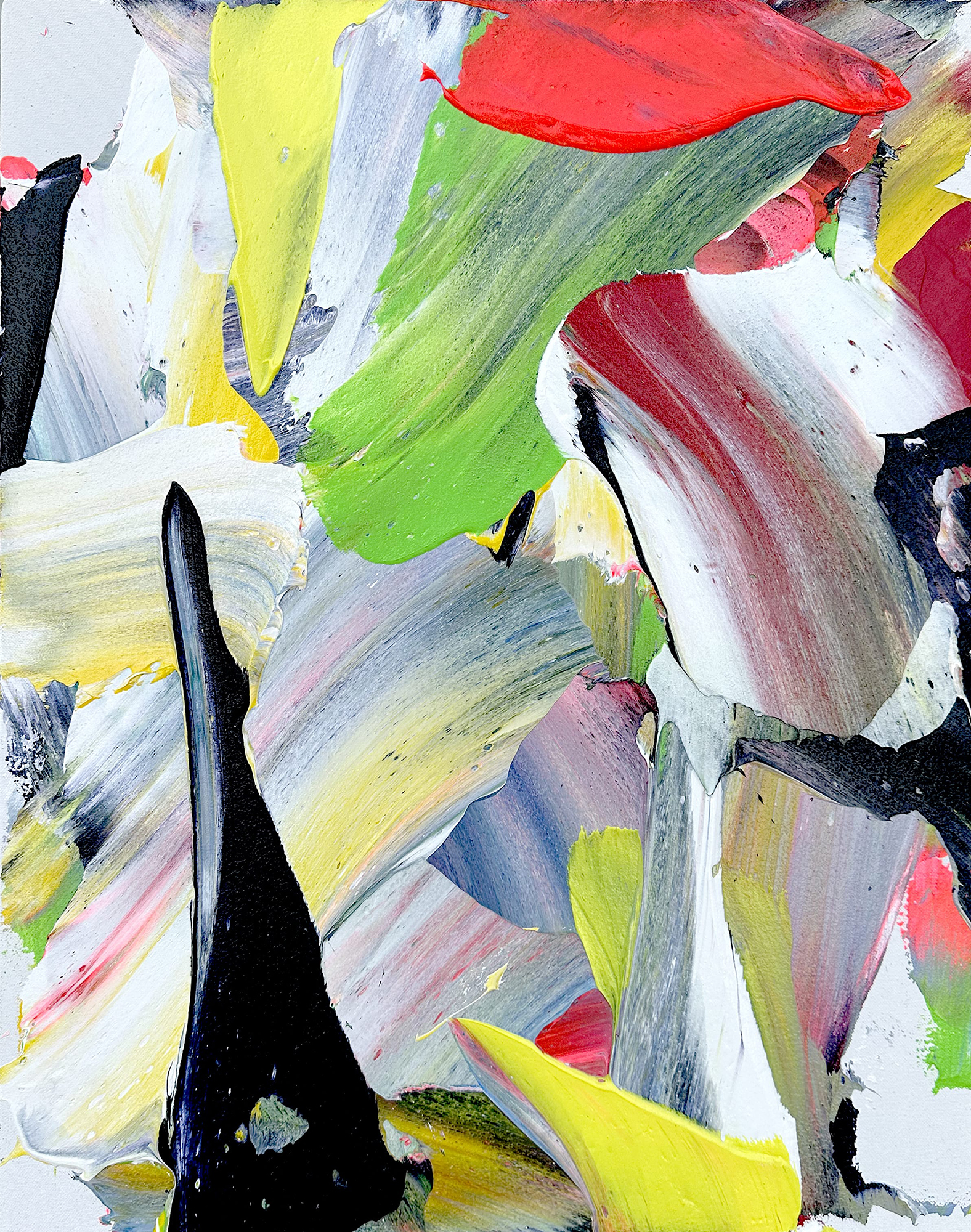
symphony 6
2025 Acrylic and Carborundum on cotton
535×412mm
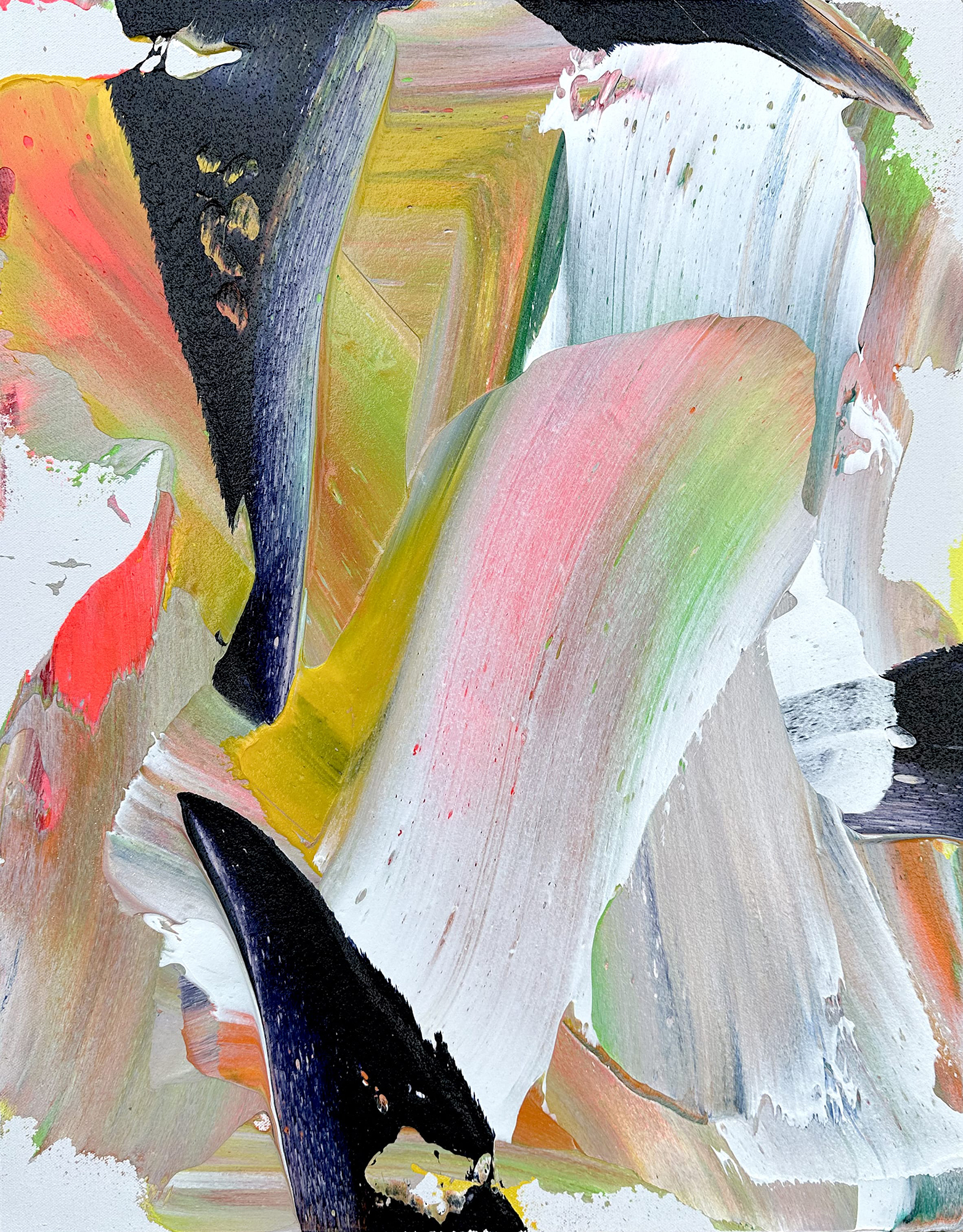
symphony 7
2025 Acrylic and Carborundum on cotton
534×411mm
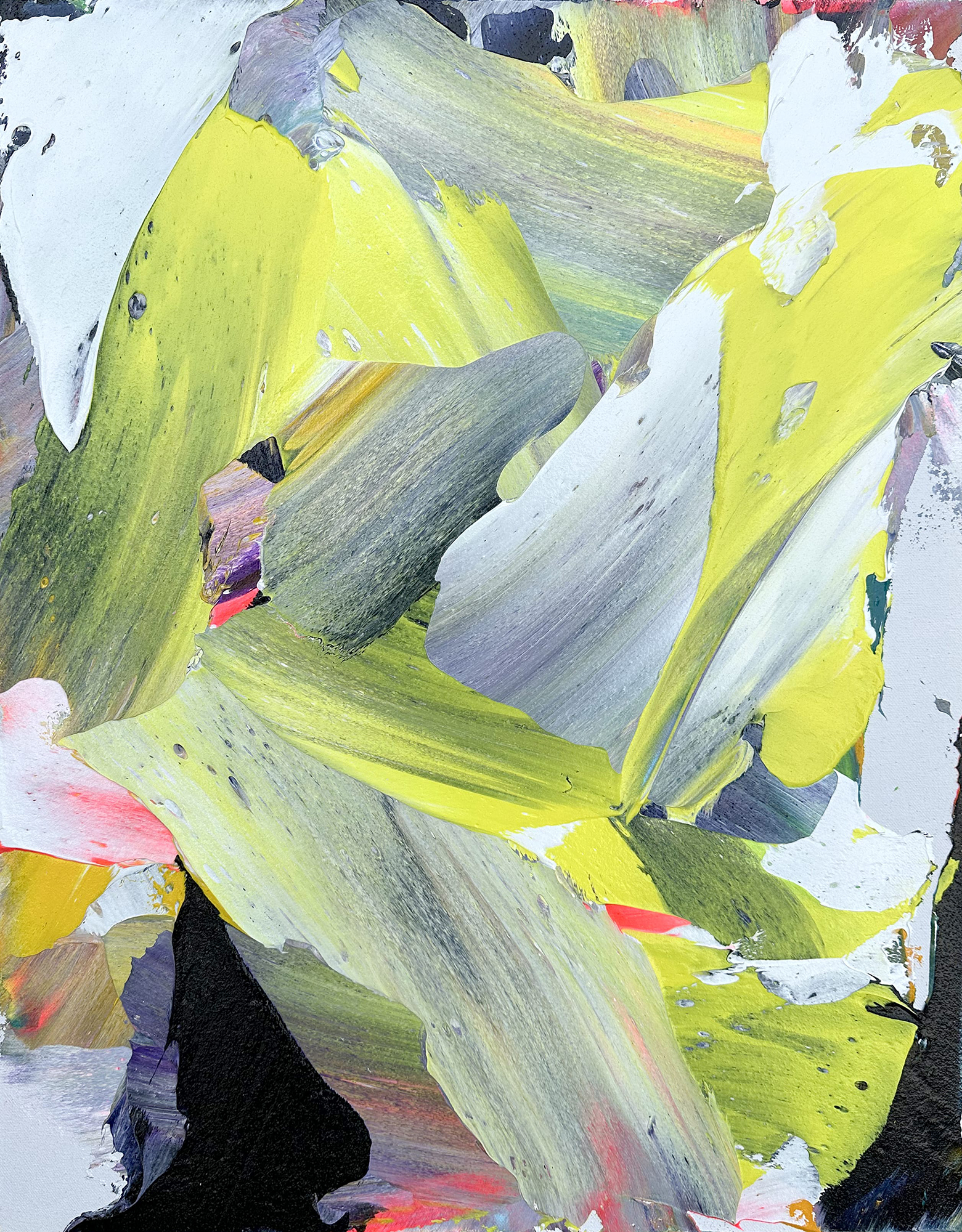
symphony 8
2025 Acrylic and Carborundum on cotton
536×412mm
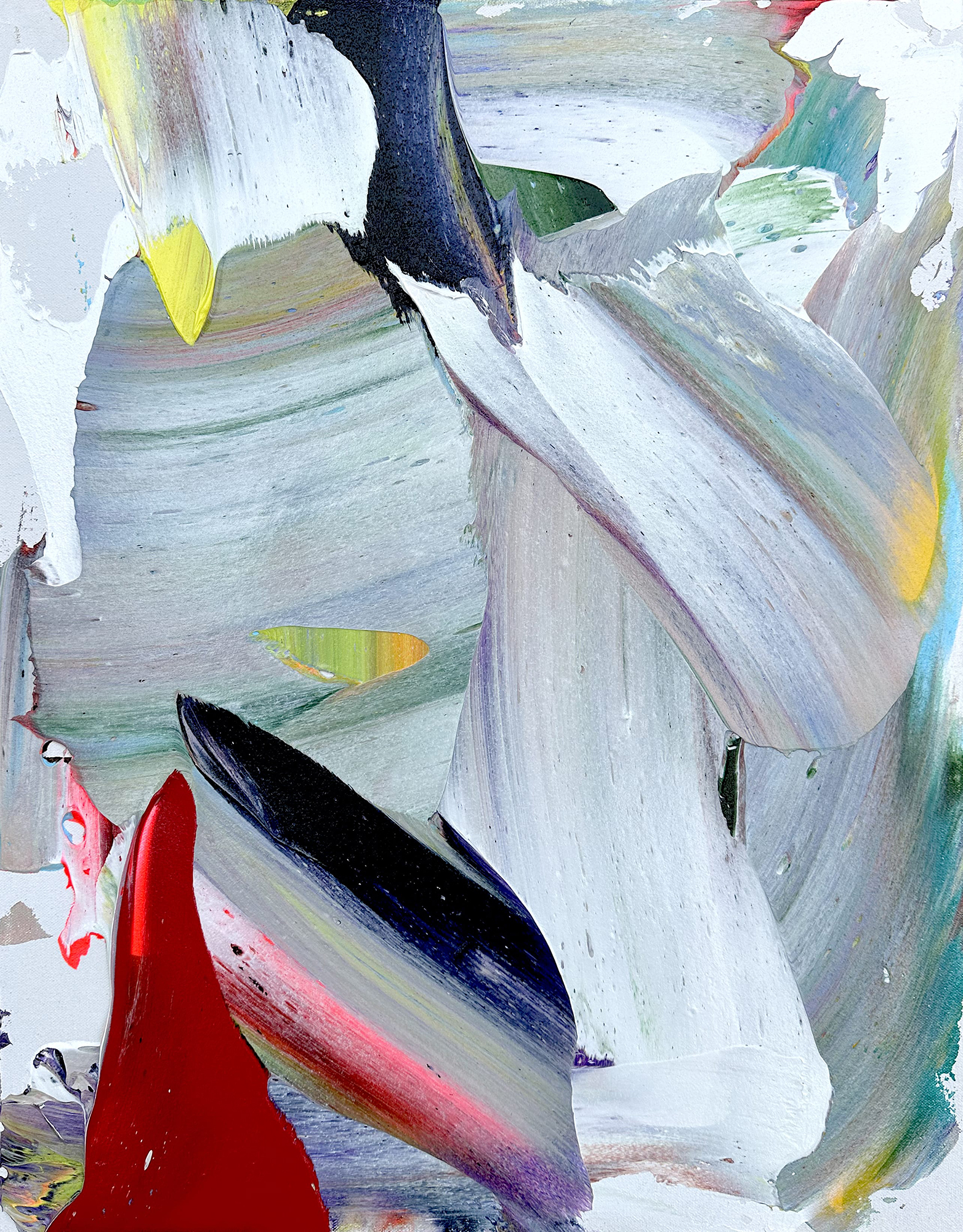
symphony 9
2025 Acrylic and Carborundum on cotton
535×412mm
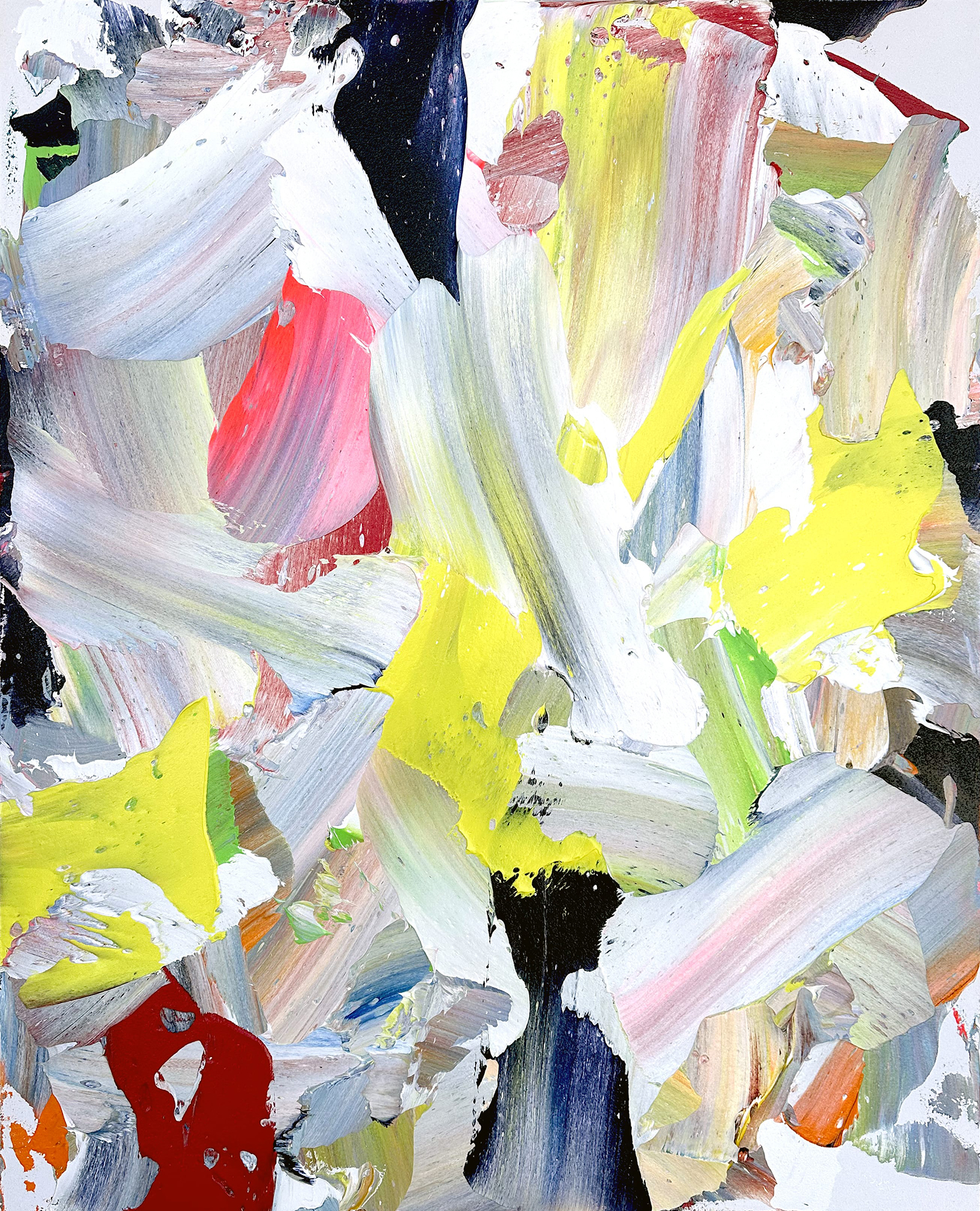
harmony
2025 Acrylic and Carborundum on cotton
1005×805mm
Private Collection
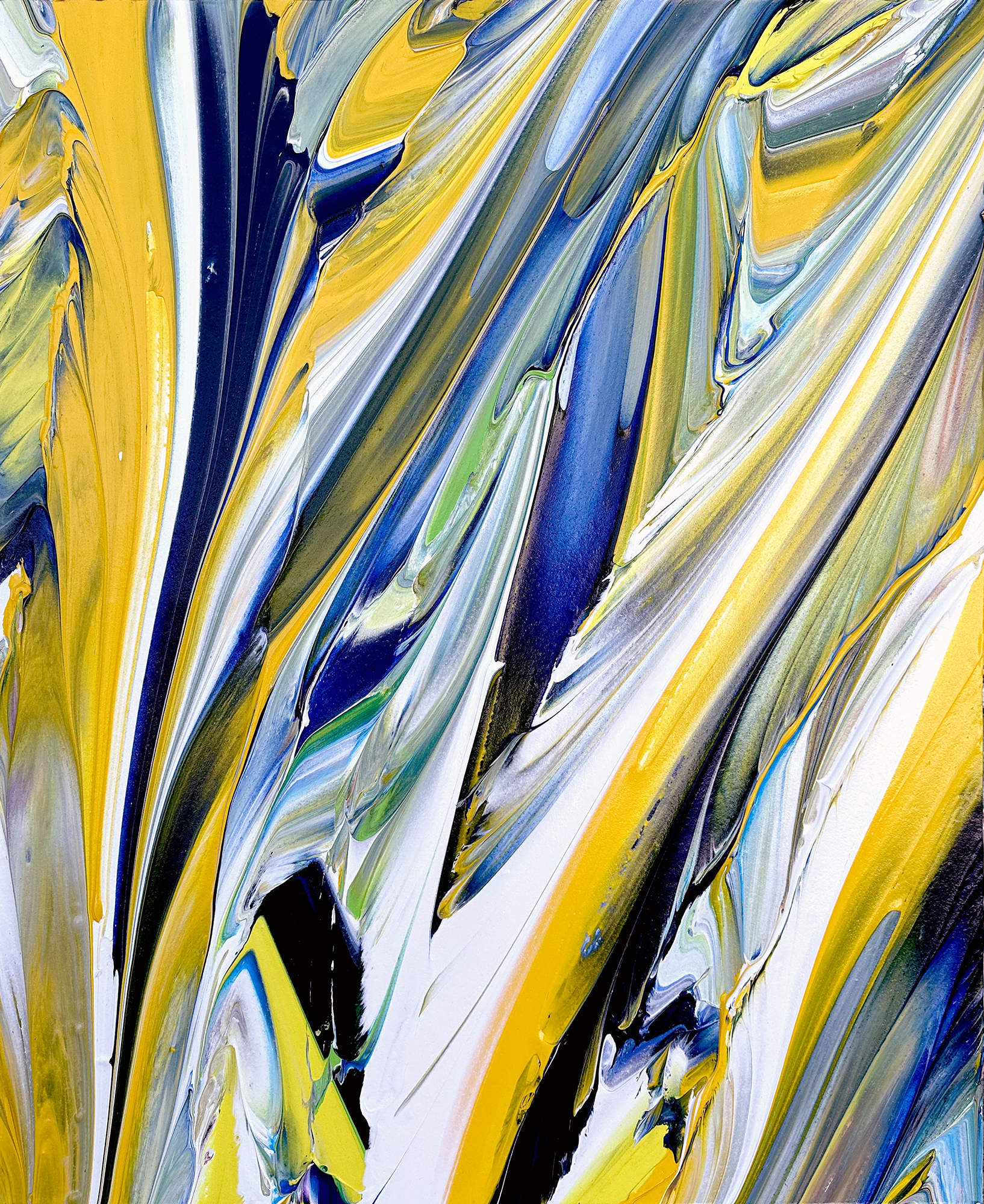 thesis
thesis2025 Acrylic and Carborundum on cotton
910×730mm
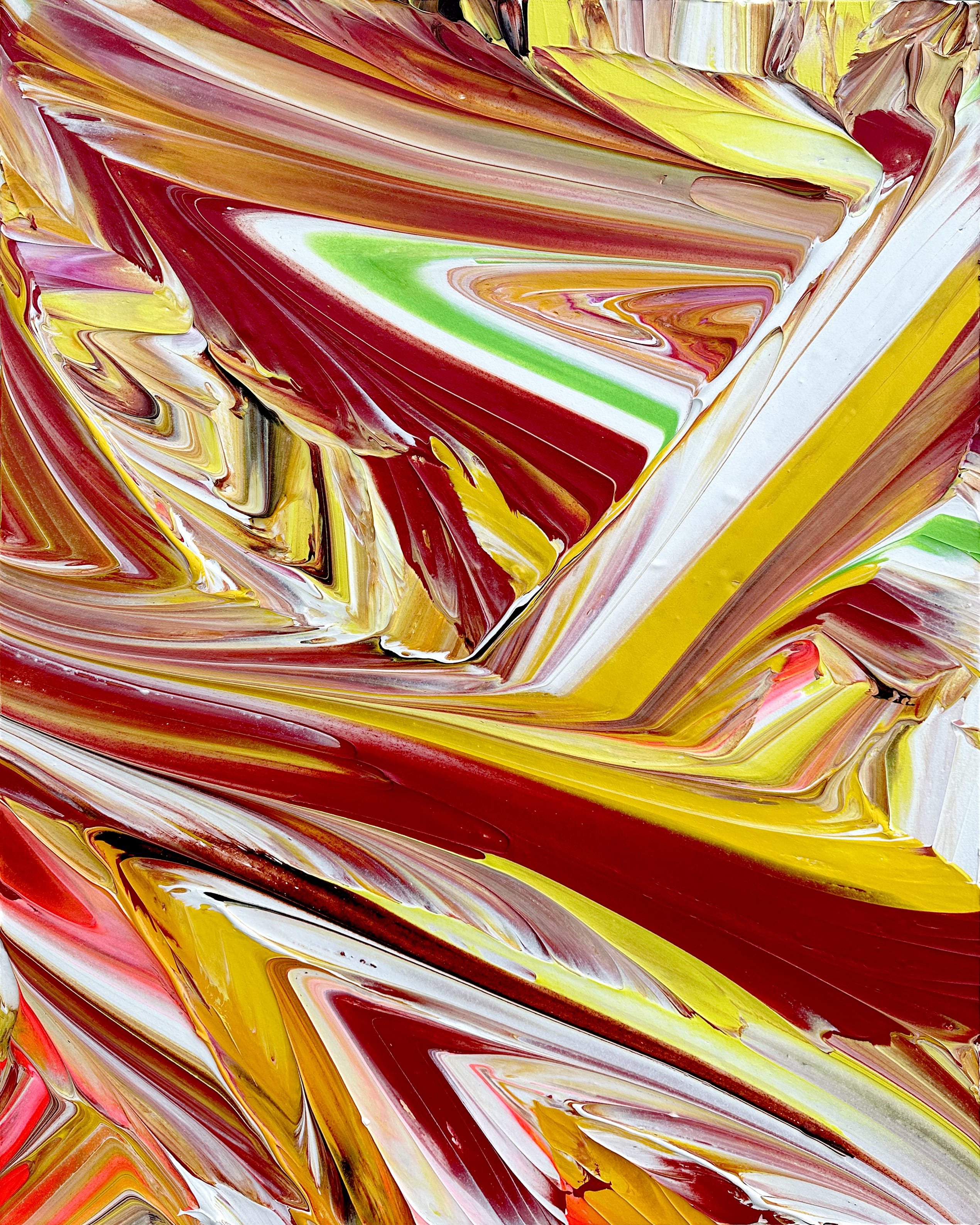 antithesis
antithesis2025 Acrylic and Carborundum on cotton
910×730mm
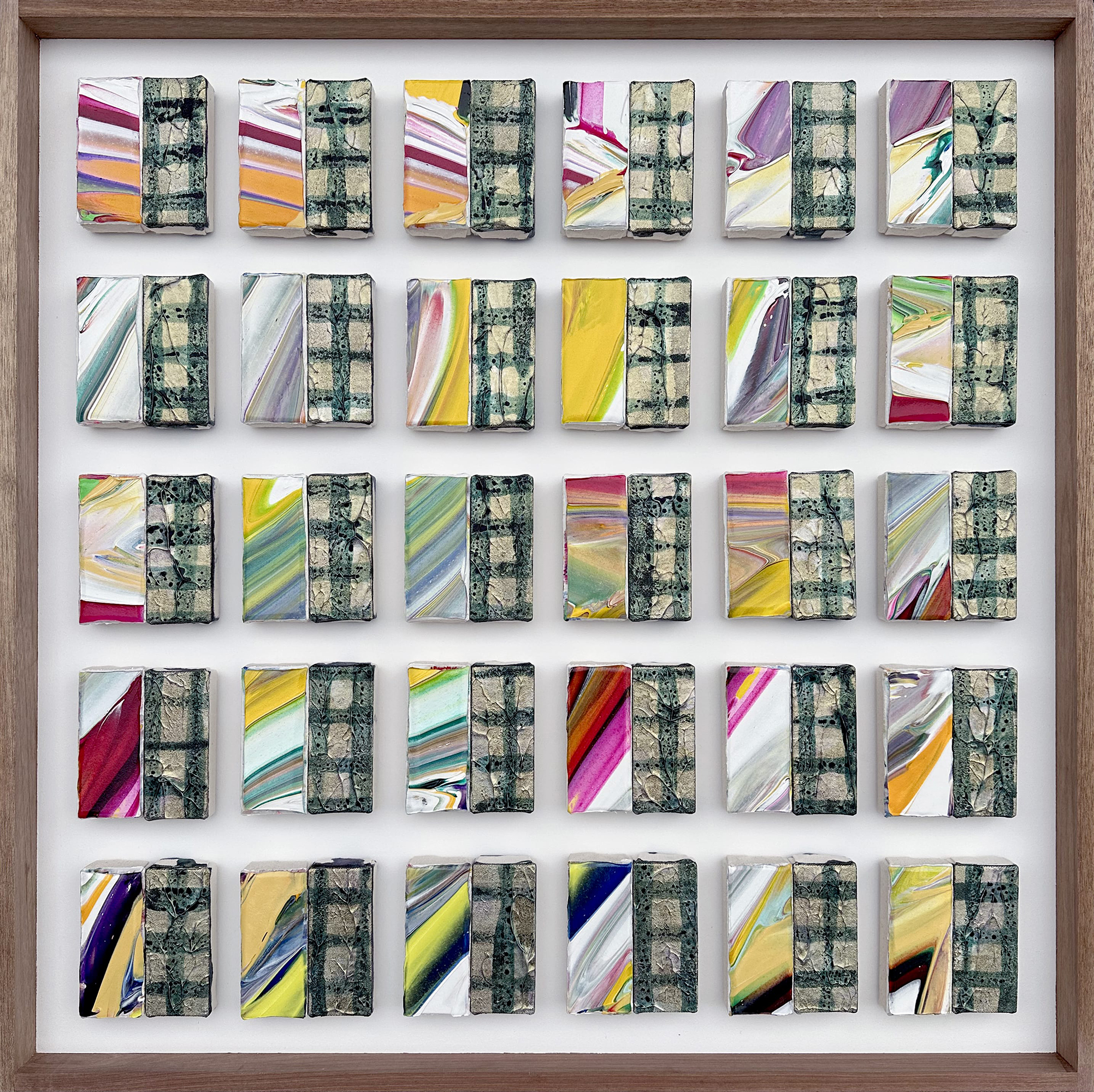 Aufheben (鉾楯 1~30)
Aufheben (鉾楯 1~30)2024 - 2025 Acrylic and Carborundum on Cotton with frame 823×823mm (鉾楯 1~30 / 115×100mm each)

|

| 鉾楯 34(HOKO/TATE 34) 2024 Acrylic and Carborundum on Cotton 115×100mm |
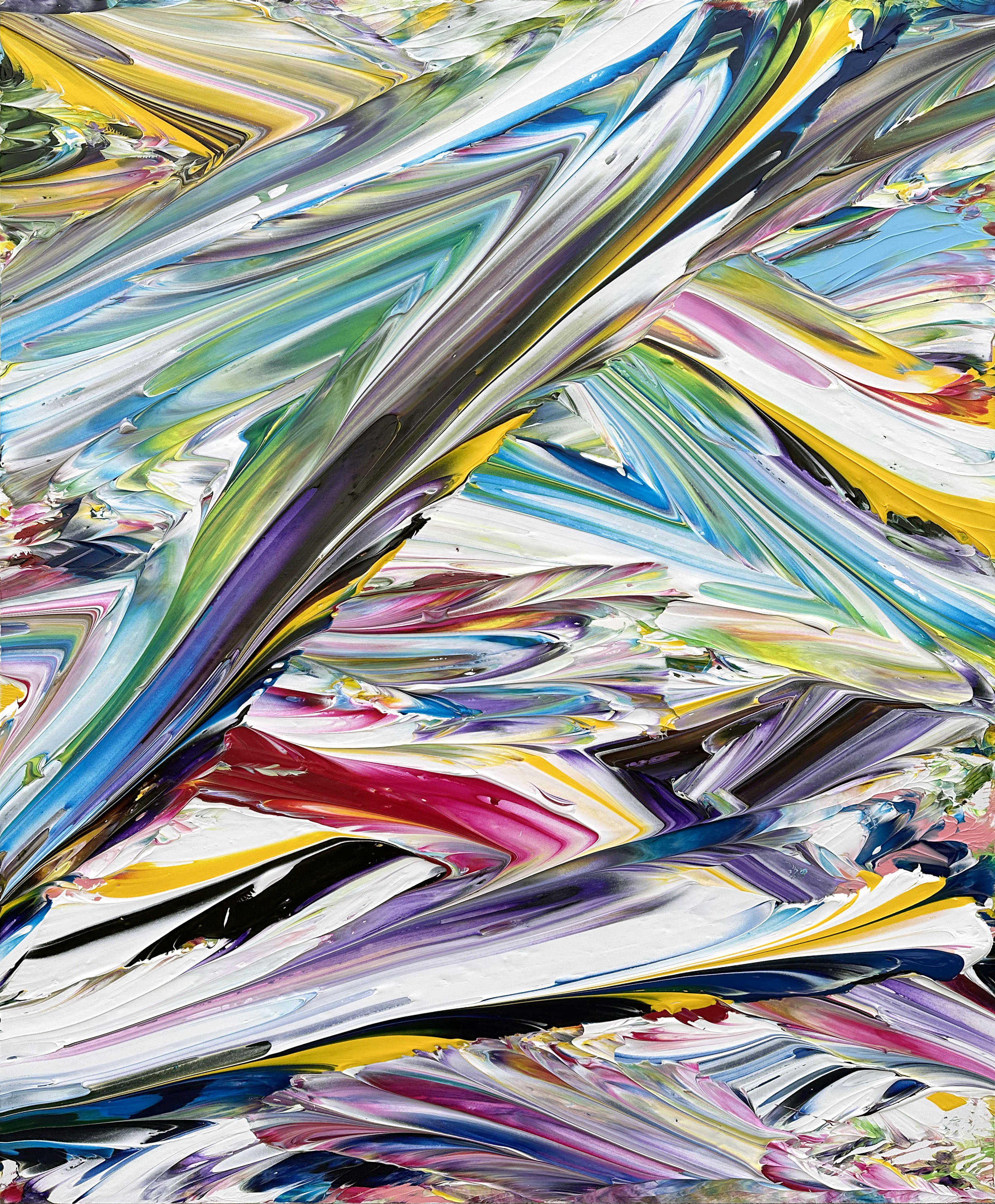
|
camphor 2024 Acrylic and Carborundum on cotton 1943×1620mm |
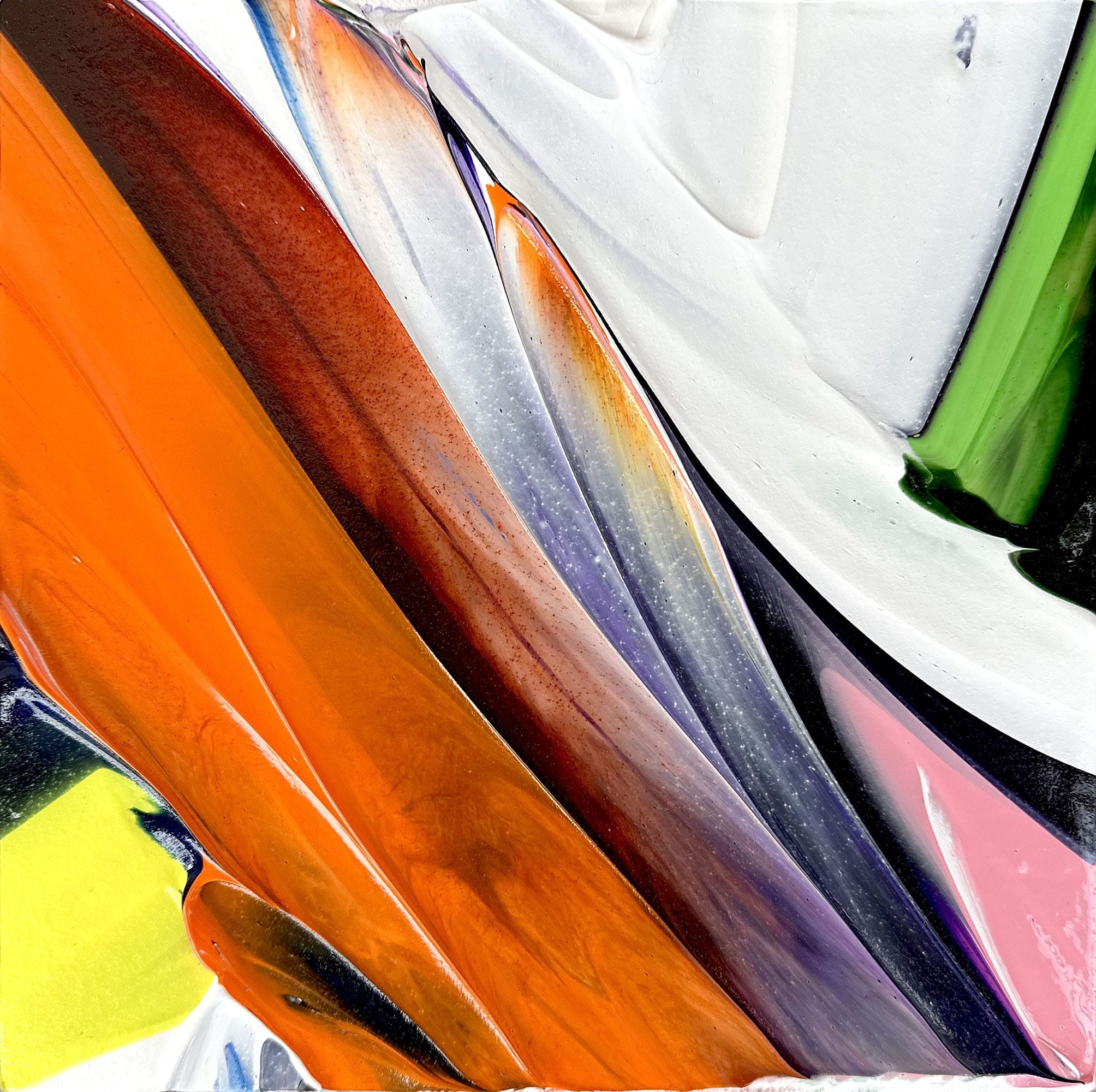 富士山麓 (FUJISANROKU)
富士山麓 (FUJISANROKU)2024 Acrylic and Carborundum on cotton 223×223mm
Private Collection

光線 (KOUSEN)
2024 Acrylic and Carborundum on cotton 643×535mm
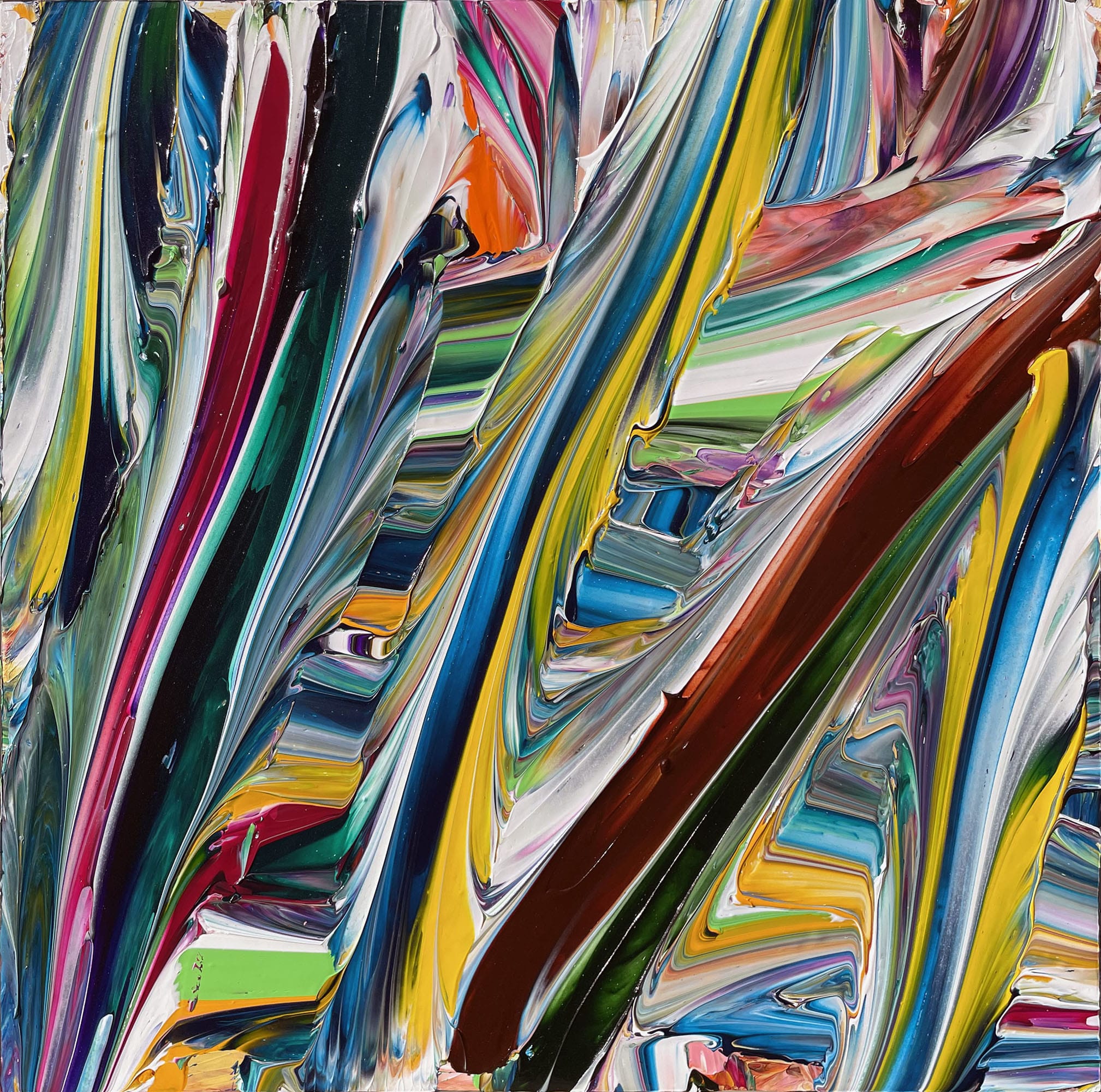
|
 beatles 2
beatles 2 2022 Acrylic on Cotton 1305×636mm
 恵林寺 (ERINJI)
恵林寺 (ERINJI)2021 Acrylic and Carborundum on cotton 730×608mm
Private Collection
2020 Acrylic and Carborundum on cotton 654×531mm
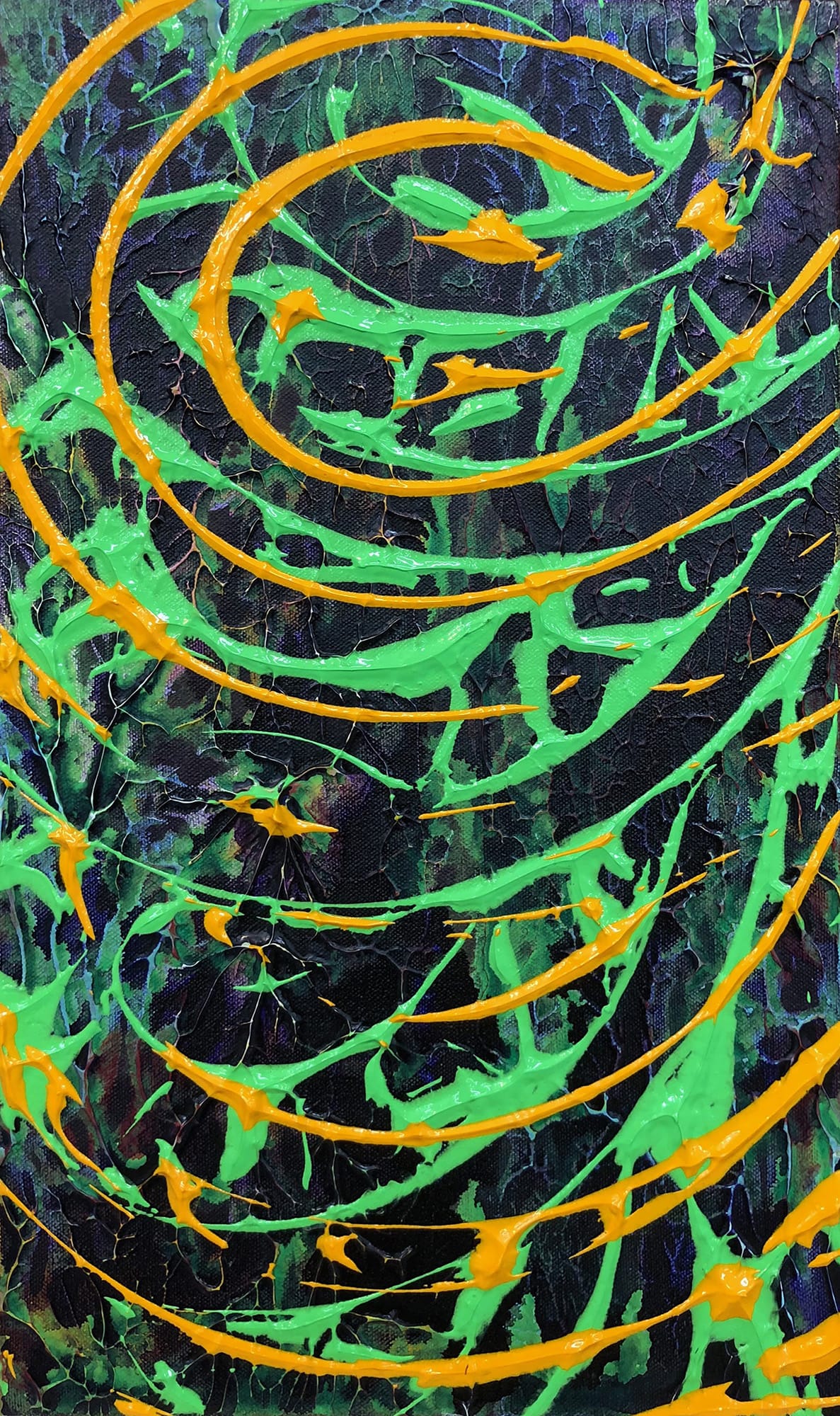
2019 Acrylic on cotton
412×243mm
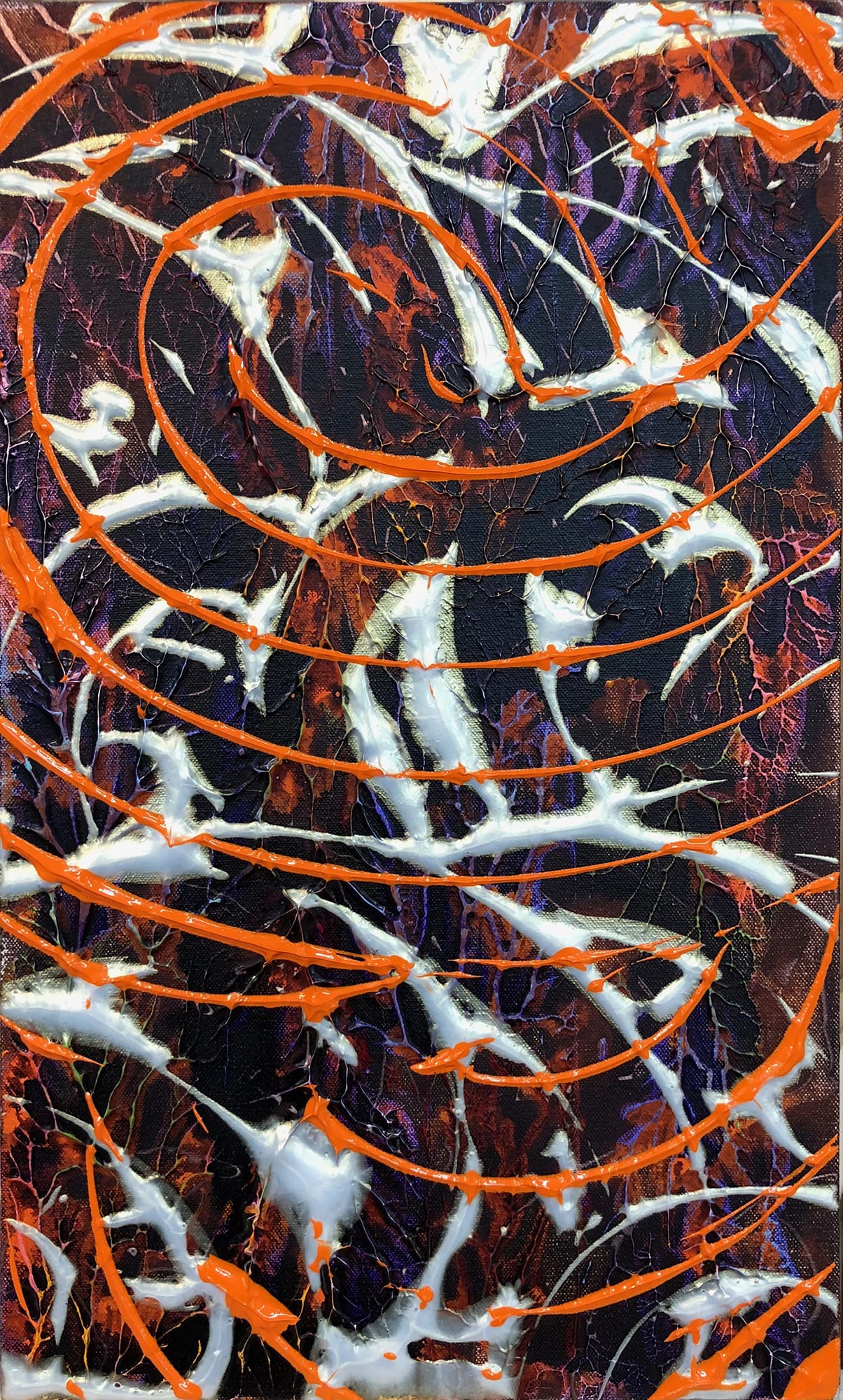
2019 Acrylic on cotton
459×275mm
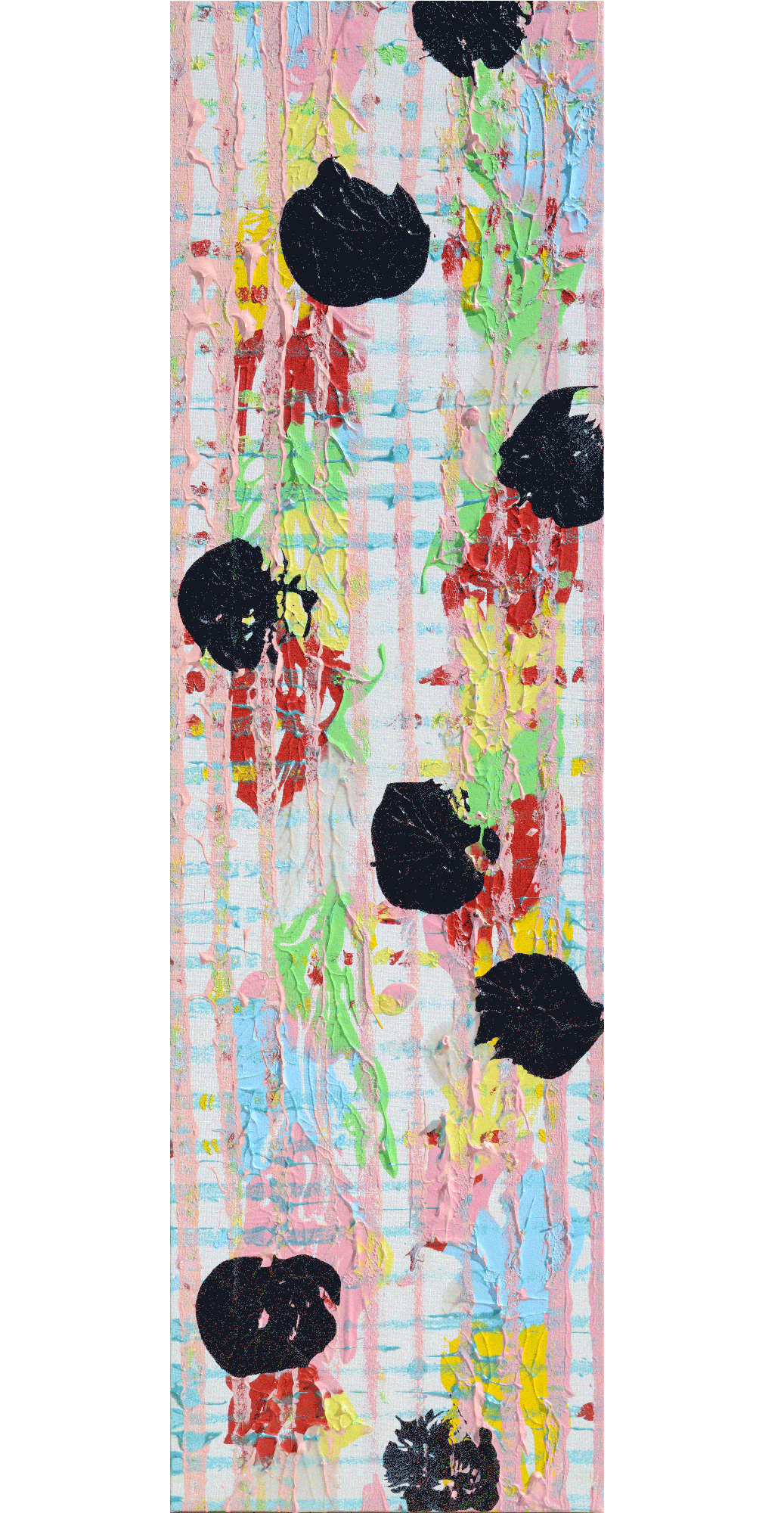 Newborn
Newborn2017 Acrylic and Carborundum on cotton 1076×307mm
 farm
farm2007 Acrylic and Carborundum on cotton 342×243mm
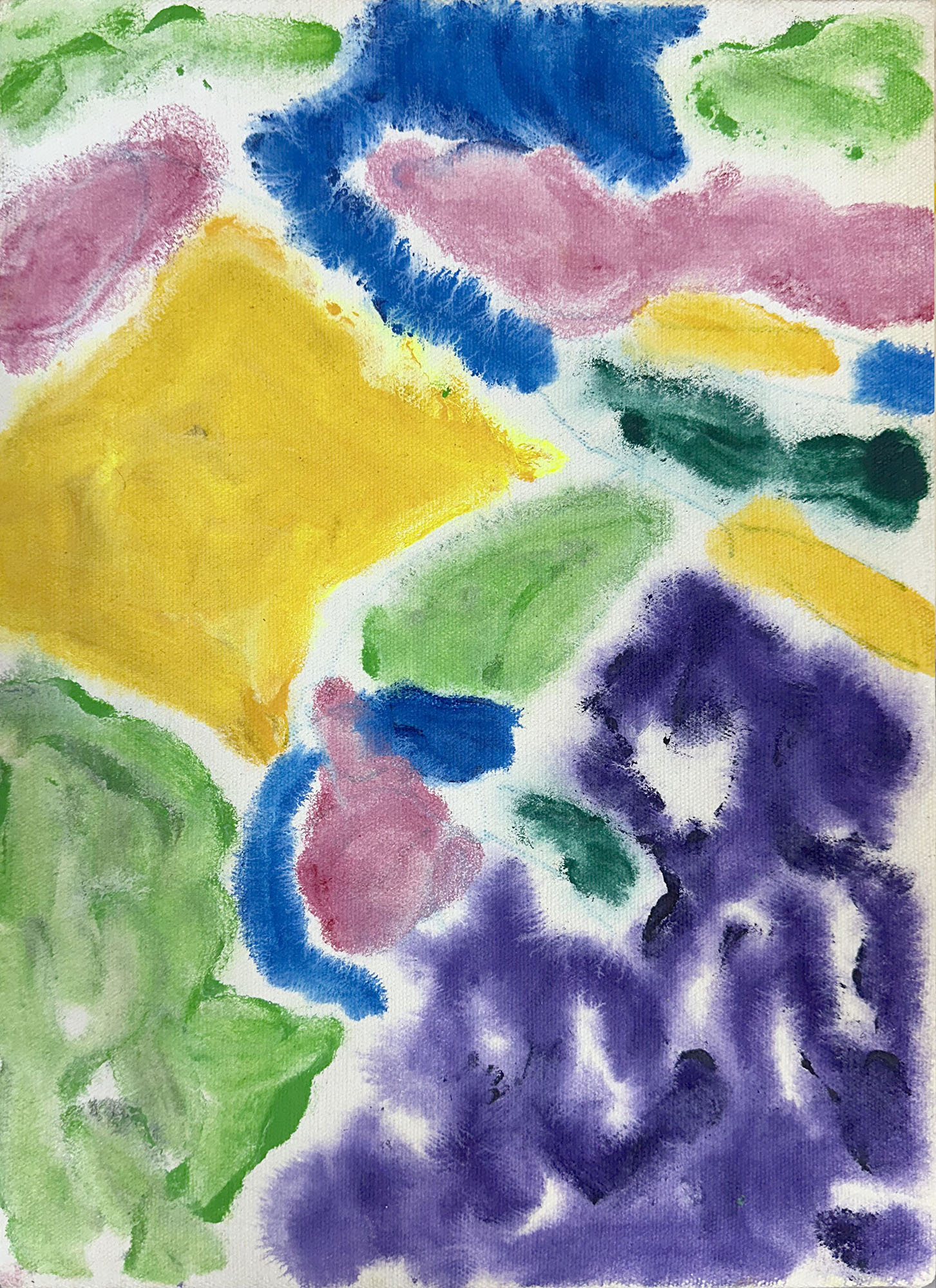
| Utopia 2007 Acrylic on cotton 339×244 mm |
JP|EN
The Secrets of Color : from Impressionism to Contemporary Art
POLA MUSEUM OF ART(HAKONE, December 2024)
INTRODUCTION MOVIE
[Comments and Appearances]Mitsumasa Kadota, Kohei Yamada ,Aya Kawato, Tomo Koizumi
︎POLA MUSEUM OF ART website

Hiroshi Sugimoto, Claude Monet, Georges Seurat, Robert Delaunay, Henri Matisse, Pierre Bonnard, Helen Frankenthaler, Morris Louis, Kenneth Noland, Donald Judd, Bridget Riley, Gerhard Richter, Bernard Frize, Wolfgang Tillmans, Guo Liang Tang, Hiroshi Sugimoto, Tadaaki Kuwayama, Nobuaki Maeda, Natsuko Sakamoto, Tsuyoshi Yamaguchi, Manika Nagare, Mitsumasa Kadota, Kohei Yamada, Aya Kawato, Taro Yamamoto, Yayoi Kusama, and others.
Dates:
Sat., December 14, 2024 – Sun., May 18, 2025, open daily
Venue:
Pola Museum of Art, Gallery 1,2,3
Organizer:
Pola Museum of Art, Pola Art Foundation
Address
1285 Kozukayama, Sengokuhara, Hakone-machi Ashigarashimo-gun, Kanagawa Prefecture, 250-0631 Japan
︎POLA MUSEUM OF ART website
Just as there are countless ways of perceiving things, such as bright and dark colors, liked and disliked colors, as many as there are people and colors, I feel that "color" is an indispensable clue to exploring the diverse essence that is us.Goethe once wrote "Colors are the deeds and sufferings of light," revealing their mystery and complexity from ancient times. I also paint by replacing the feelings inside me that are difficult to verbalize or that I cannot disentangle with these colors. Such are undertakings that can be advanced by trial and error only, and there are no correct answers, but I feel that those difficulties rather serve nourishment to broaden my own perspectives.Nowadays, I'm exploring expressions inspired by contradictions surrounding color, such as "the expanse felt in a color" and "the discrepancies and integration of the parts and the whole." This is because I sense that our mysterious essence exists in the overcoming of such adversity and conflict.
Mitsumasa KADOTA (December 2024)
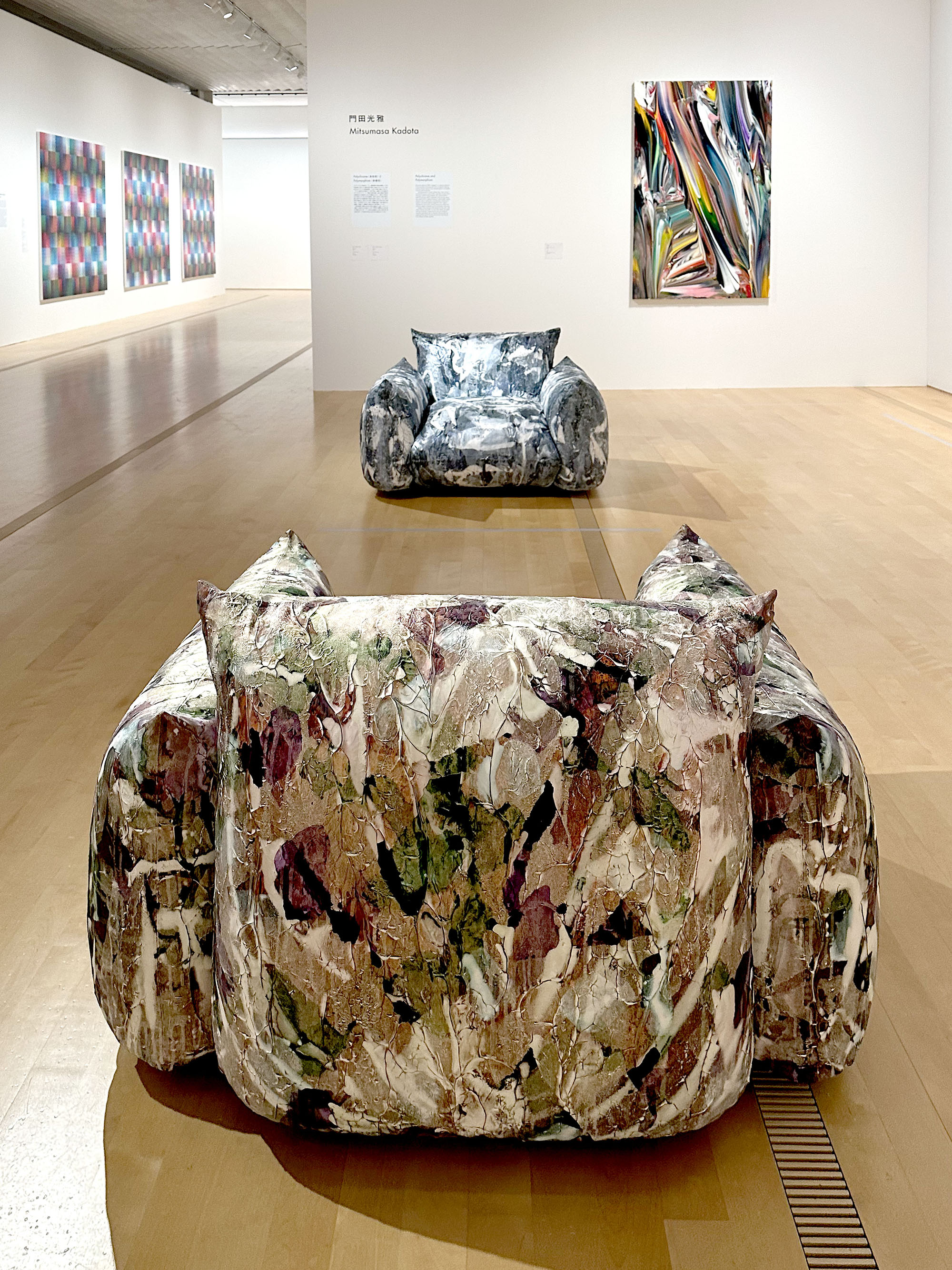
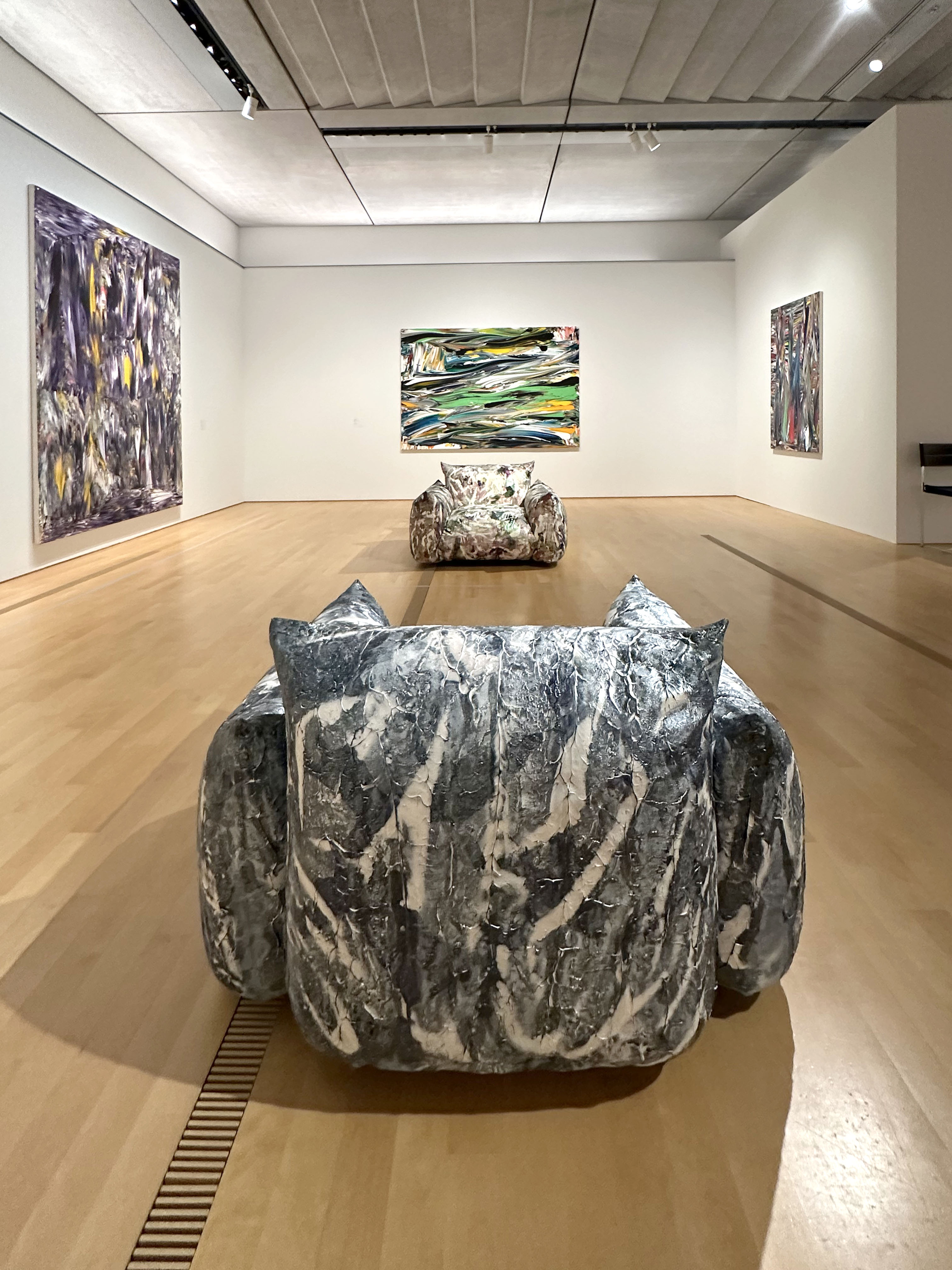
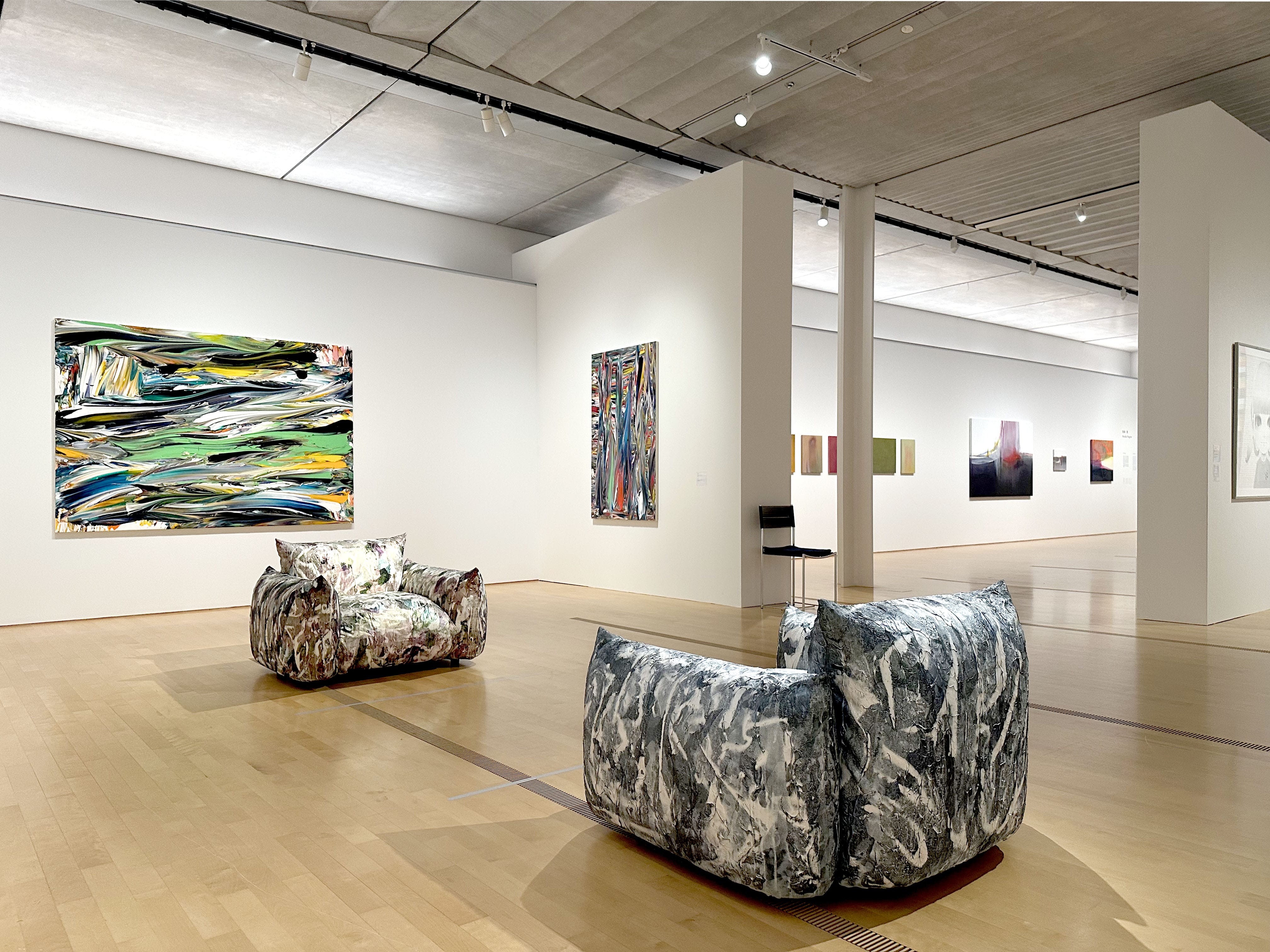
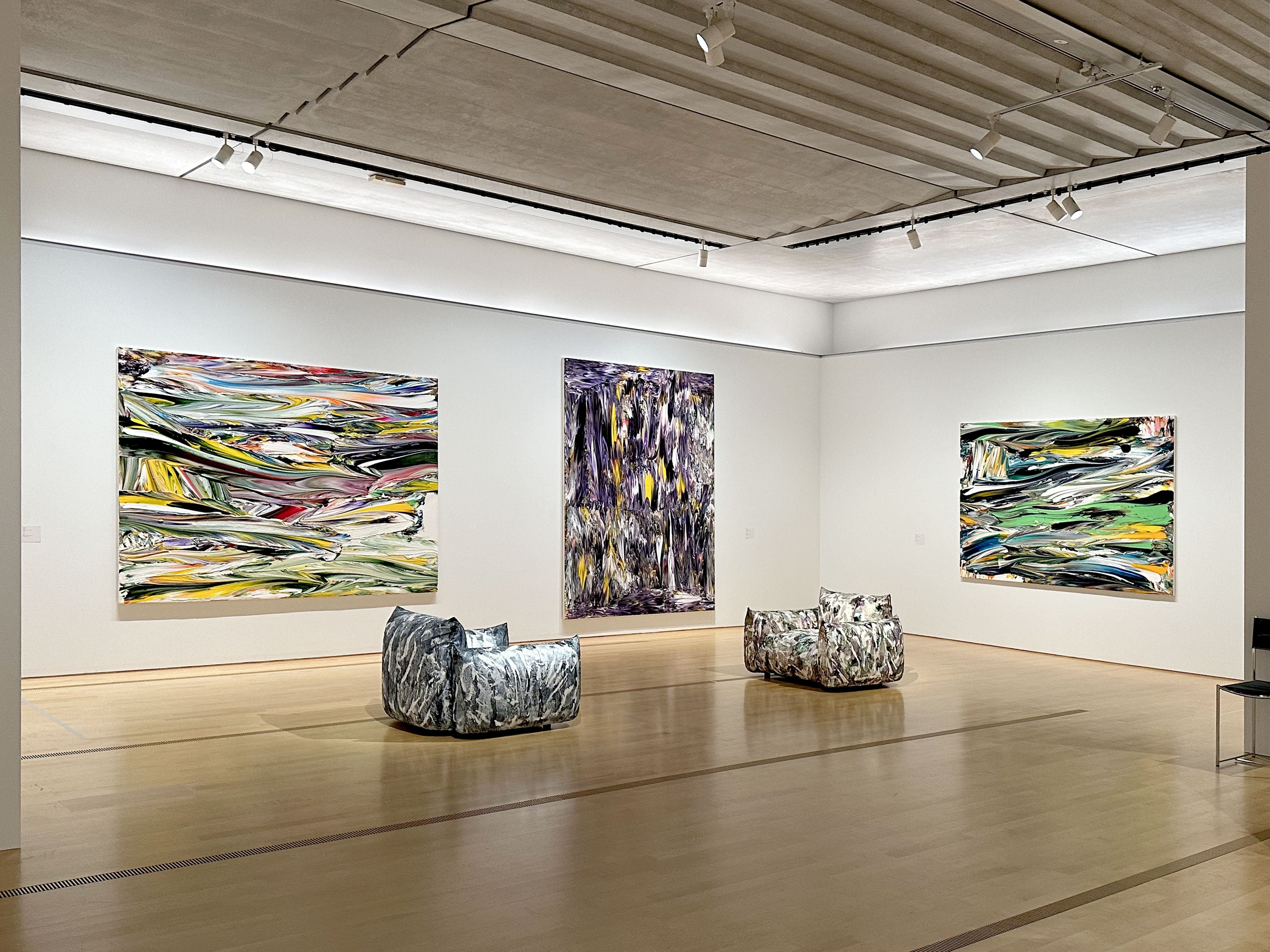
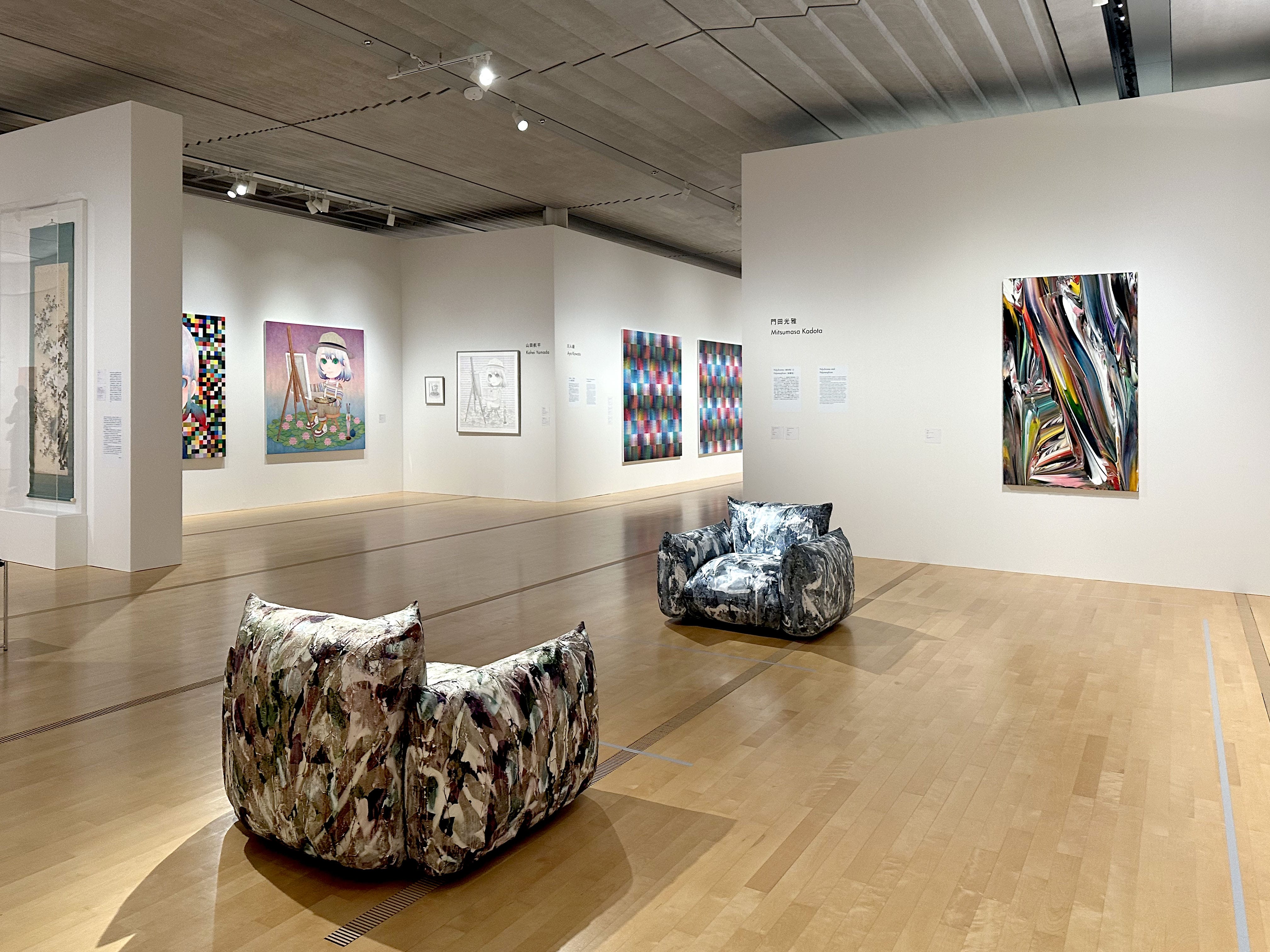
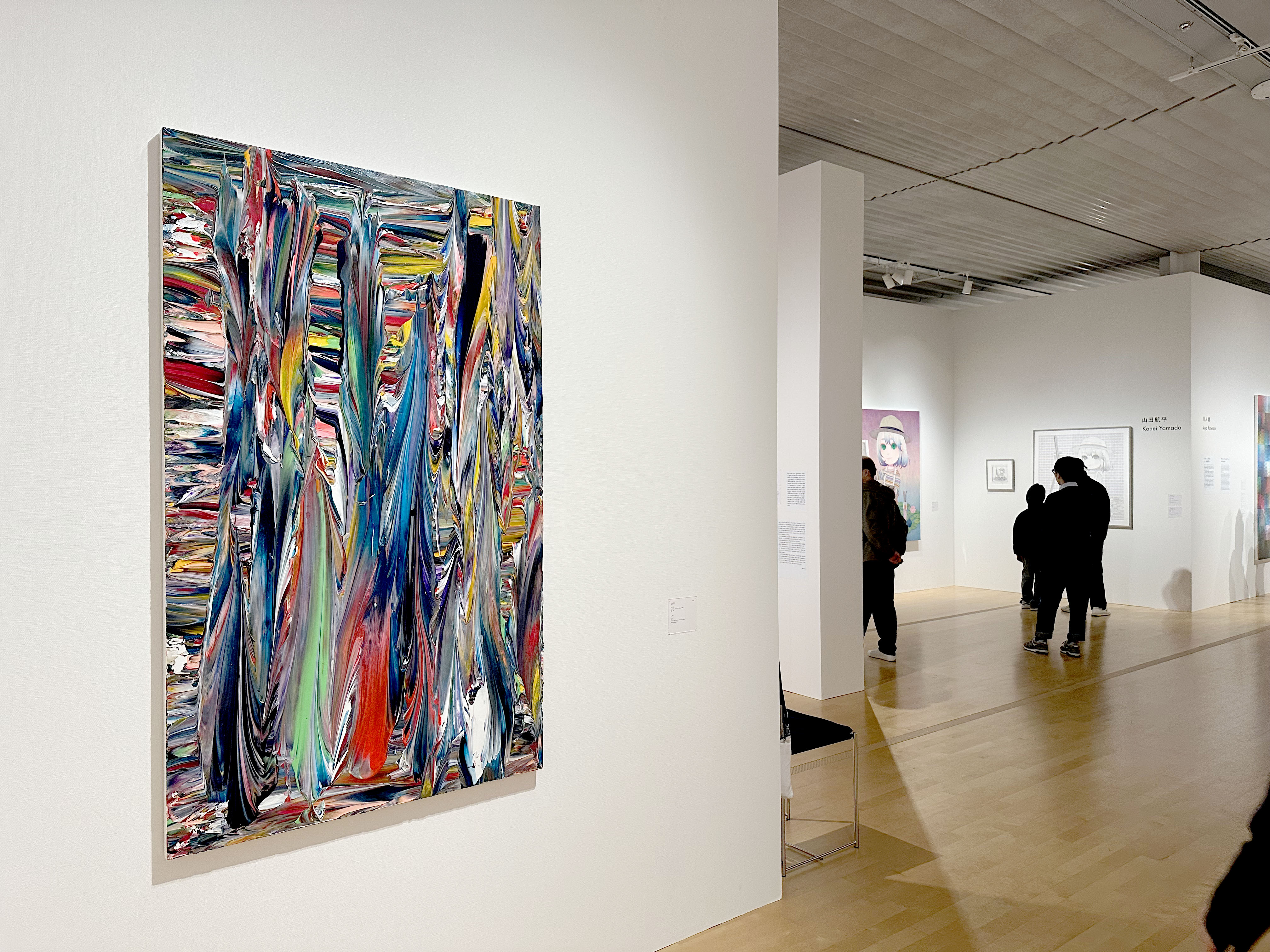

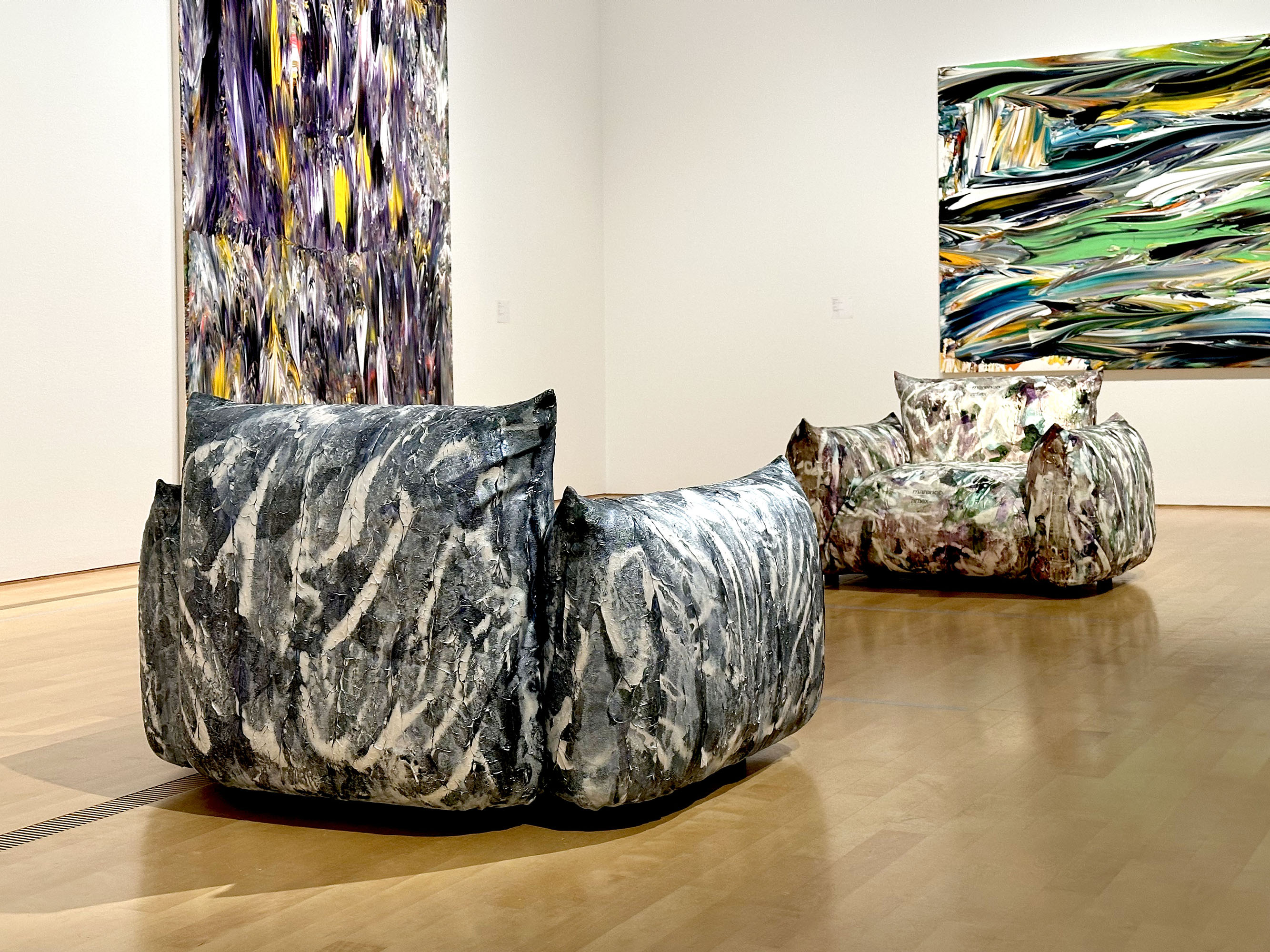
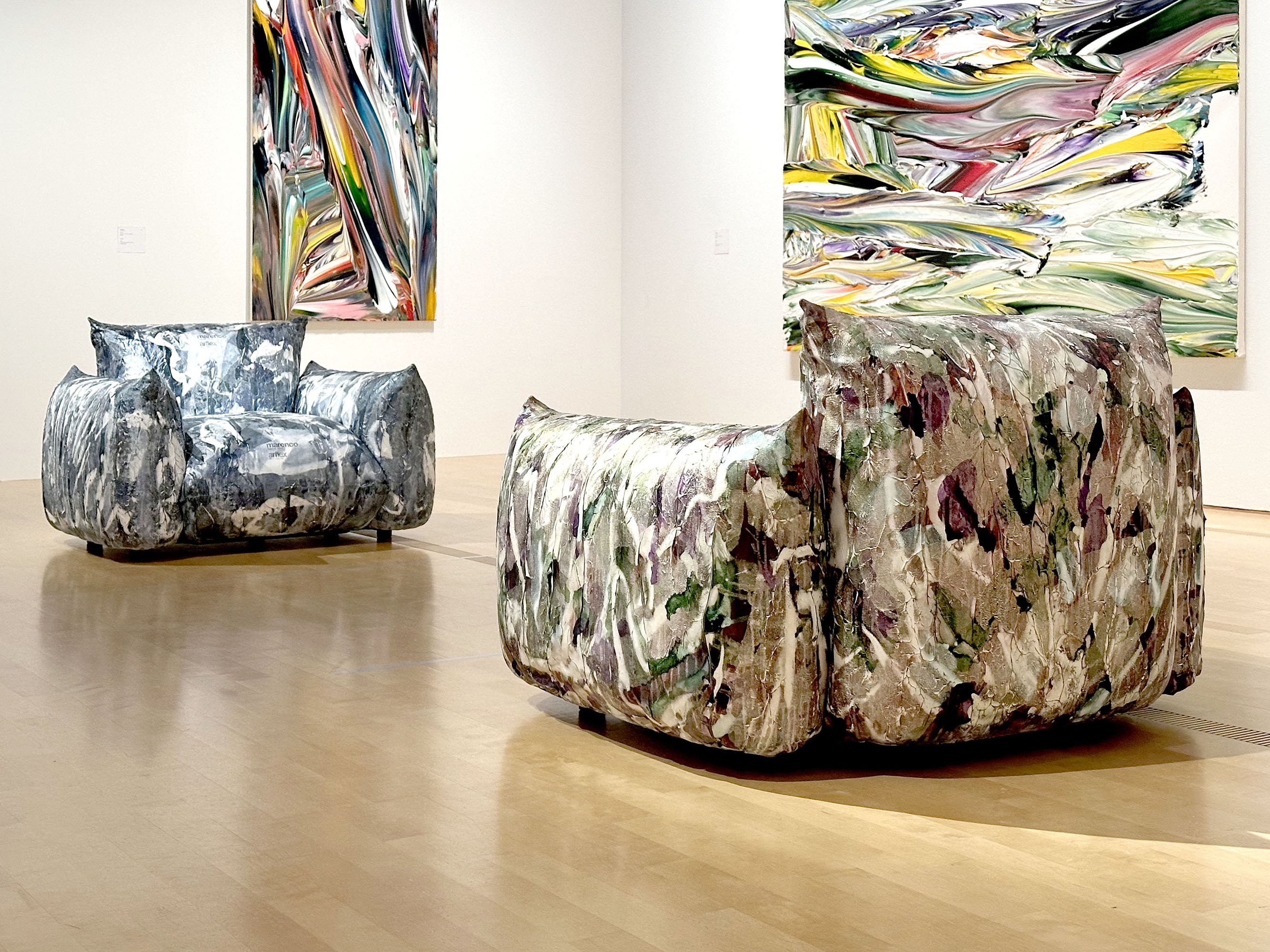
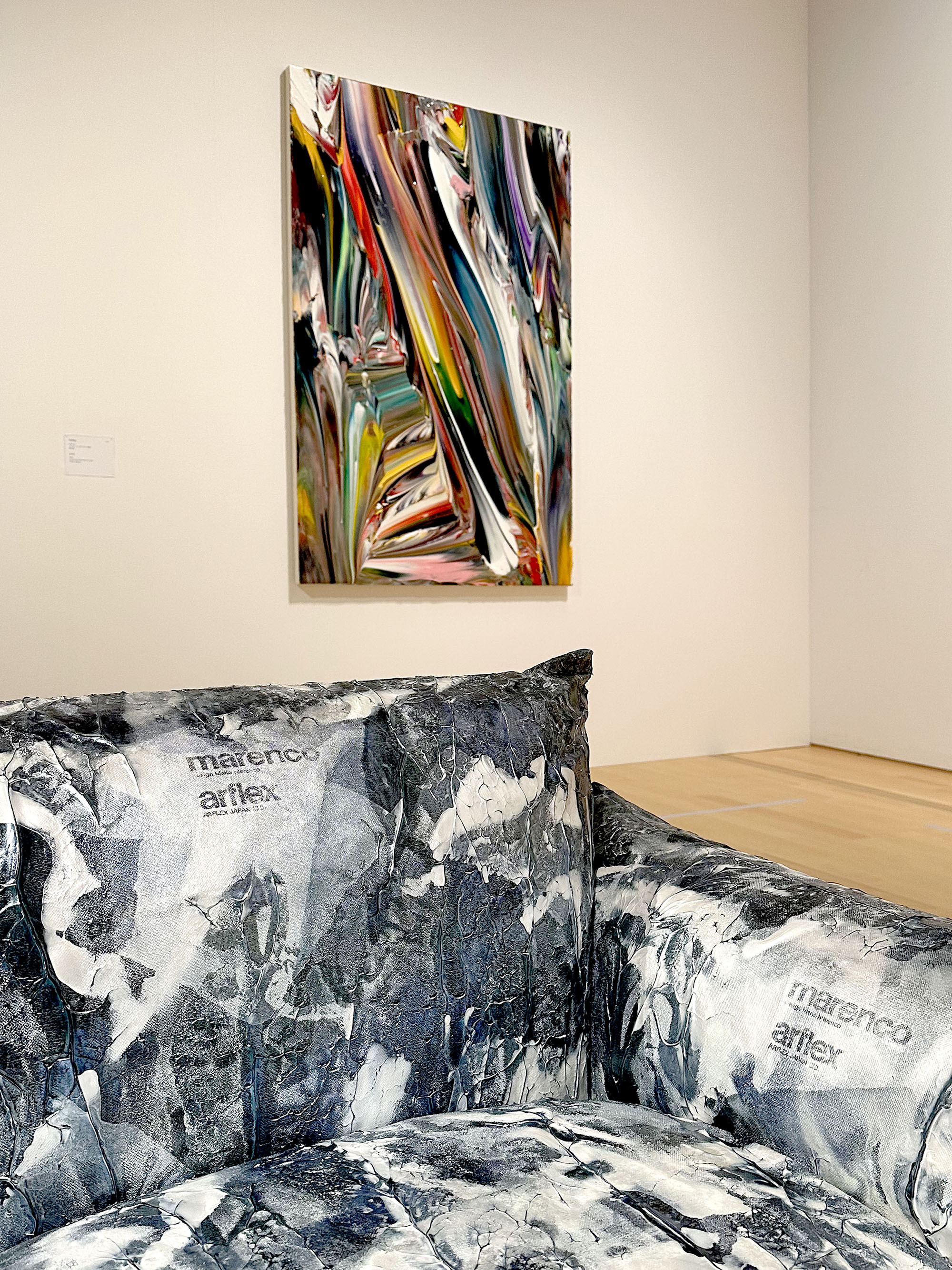

| untitled 2016 Acrylic and Carborundum on cotton 2594×1940mm Private Collection |
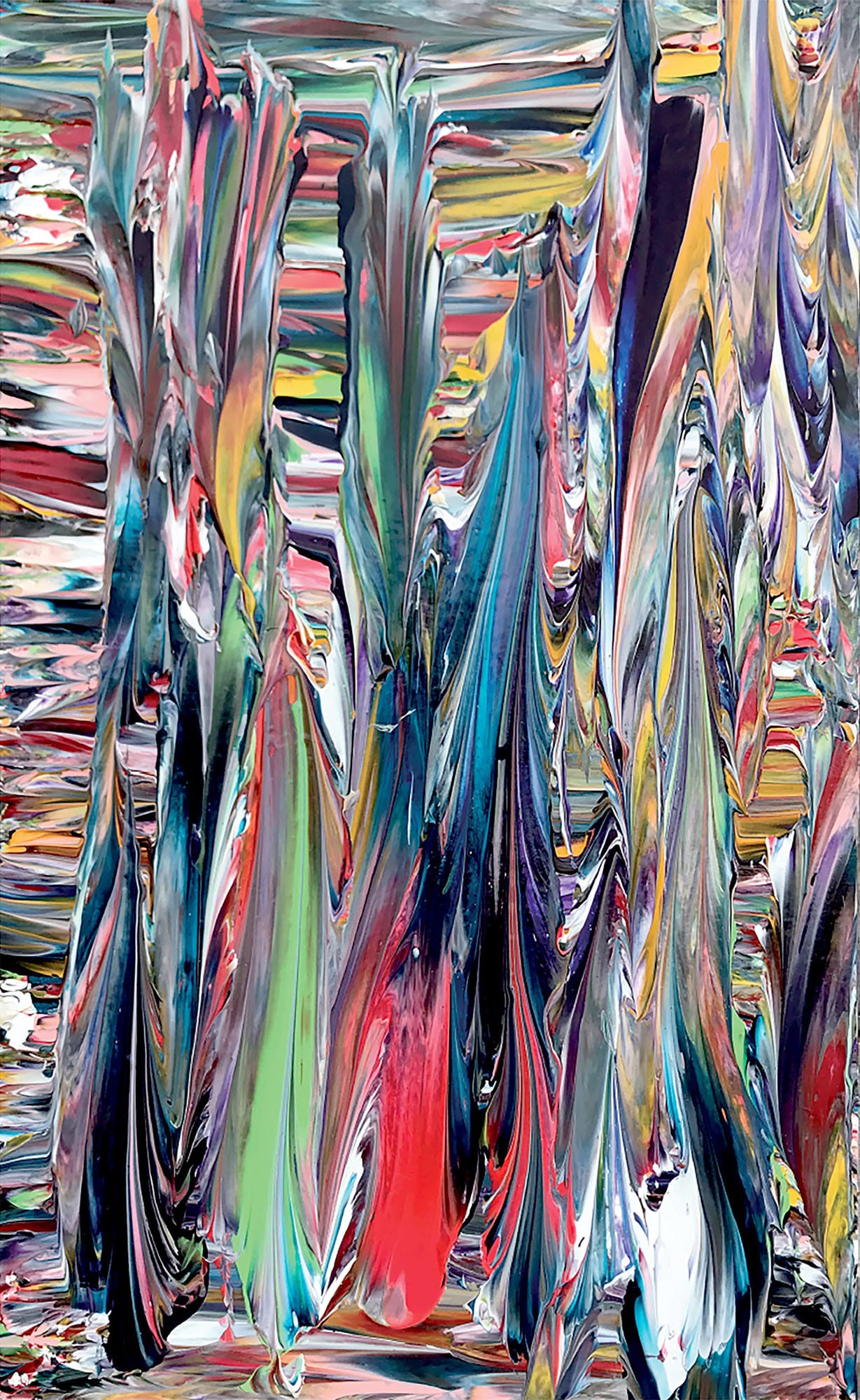
surf 1
2017 Acrylic and Carborundum on cotton
1620×971mm
Private Collection
| today 2021 Acrylic and Carborundum on cotton 1622×972mm Private Collection |
| tomorrow 2021 Acrylic and Carborundum on cotton 1622×2275mm Private Collection |

Logos
2023 Acrylic and Carborundum on Cotton
1941×2594mm
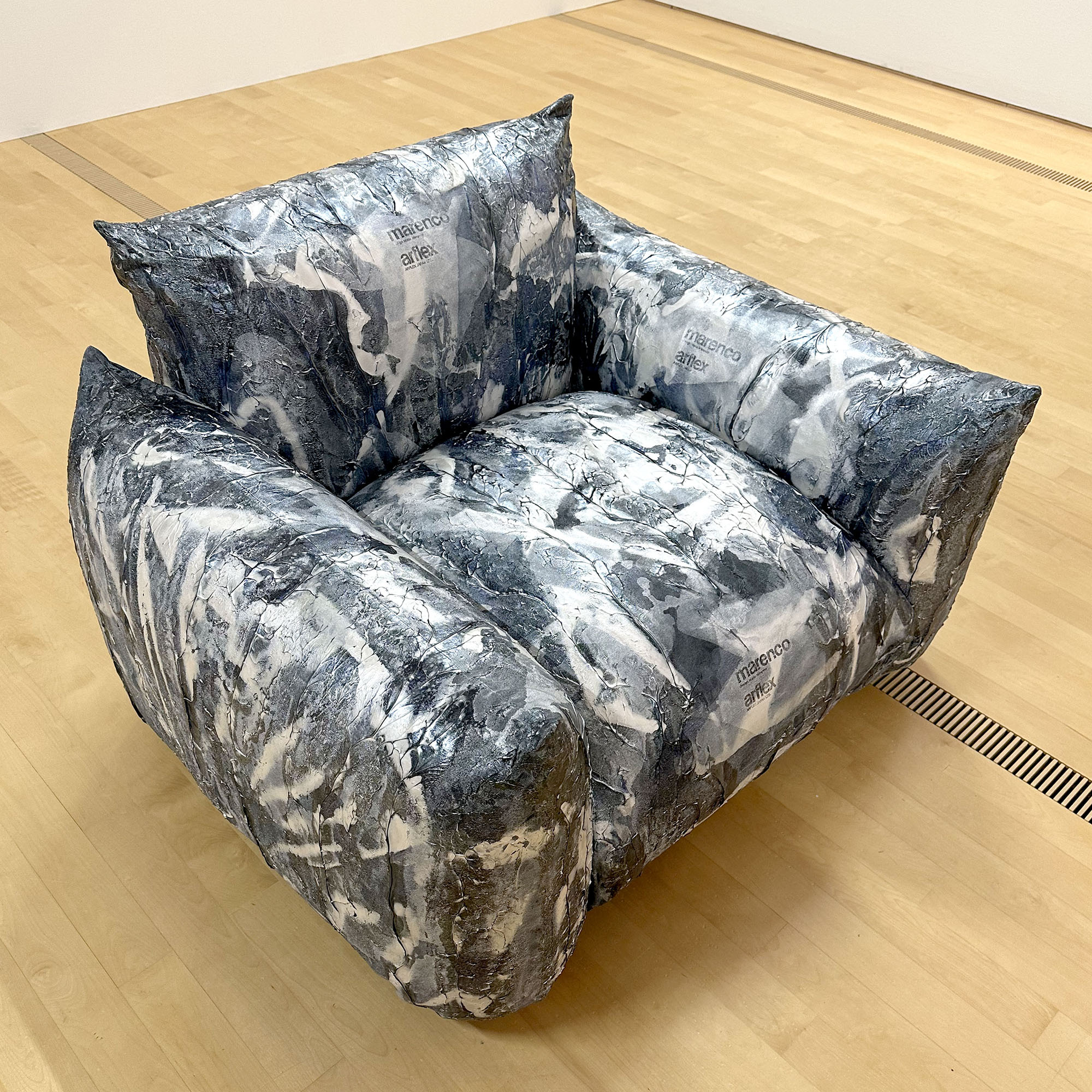
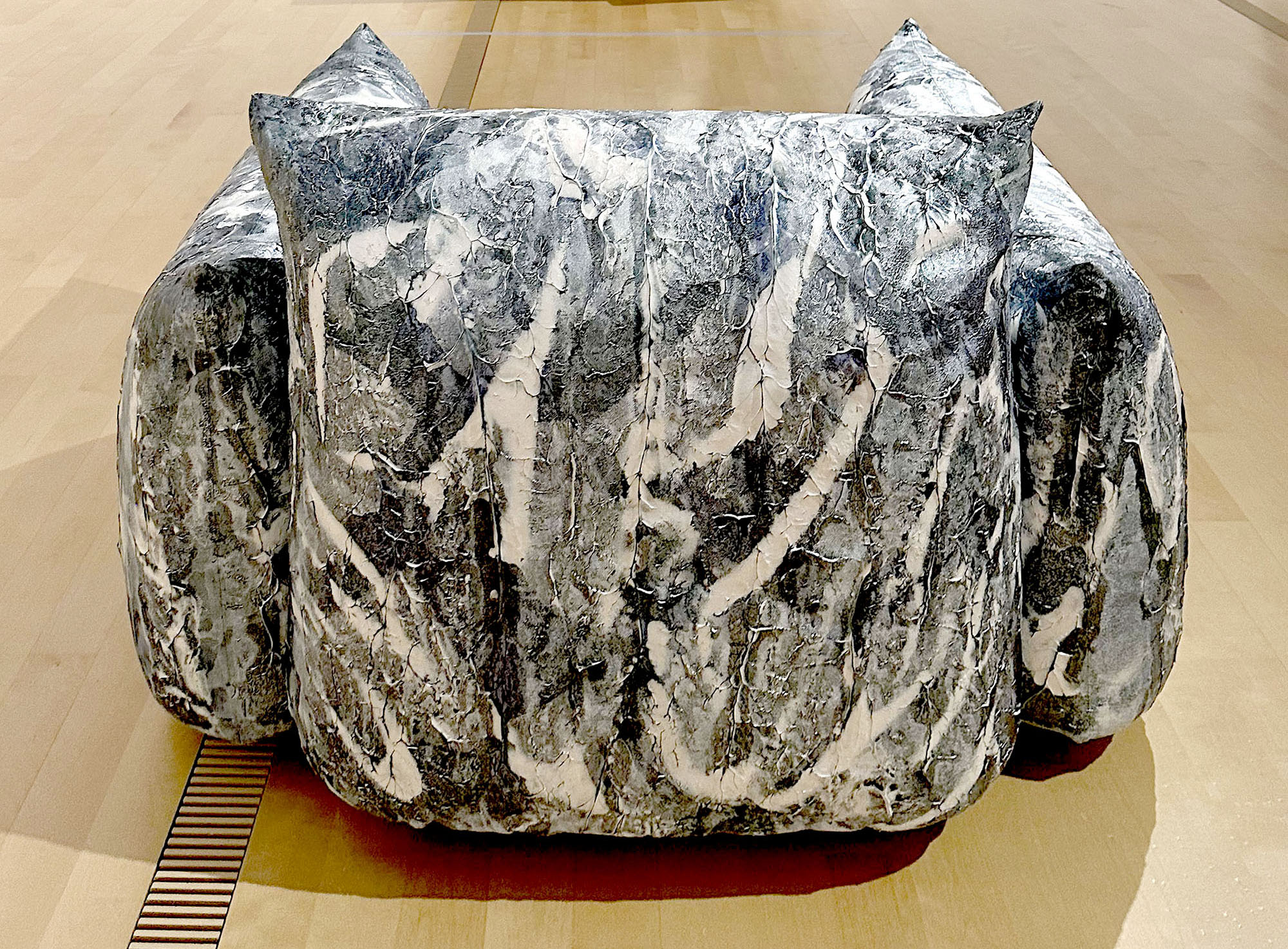
| Dice(monochrome) 2024 mixed media W.1100×D.970×H.660mm Private Collection |
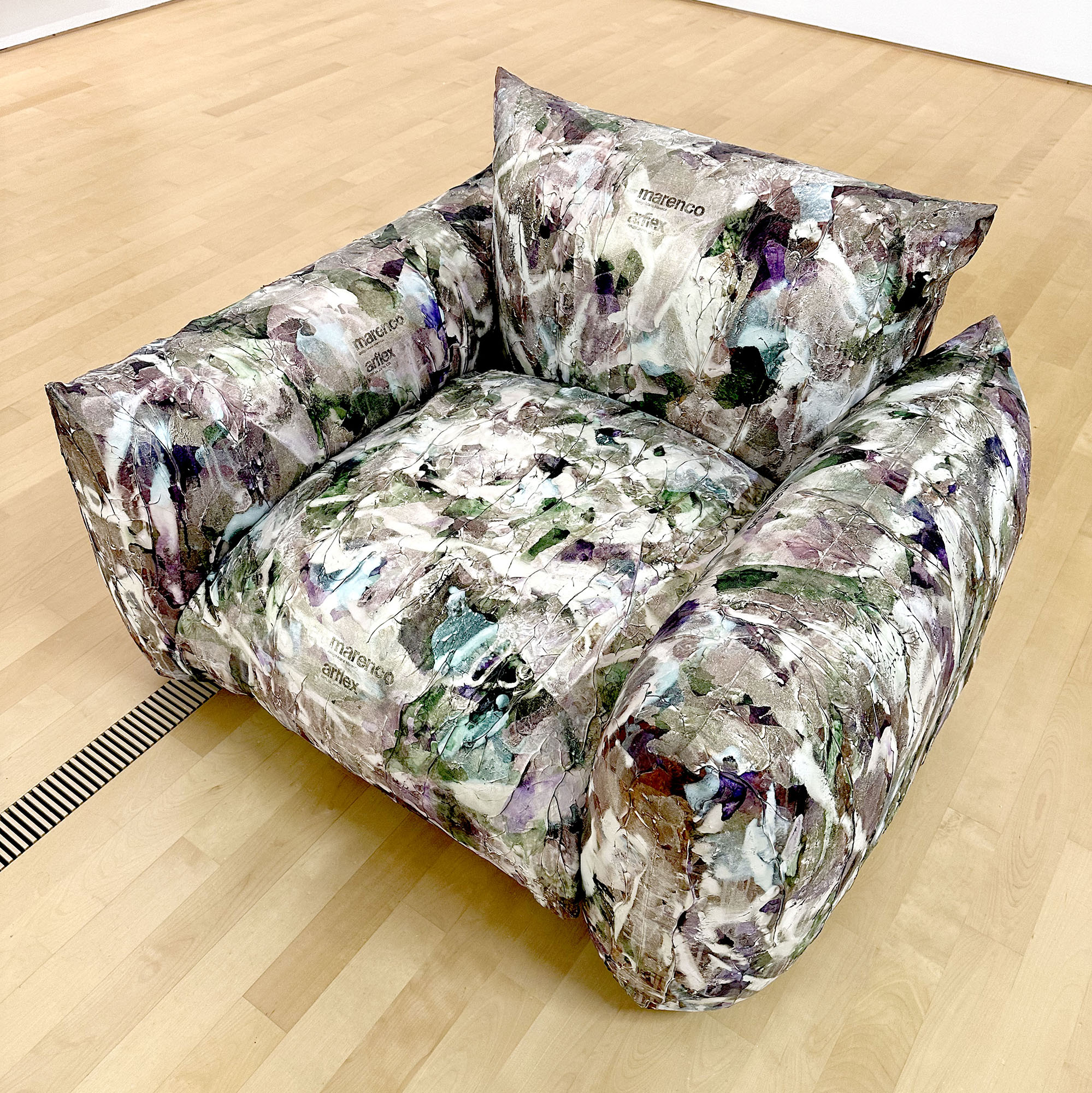

| Dice(polychrome) 2024 Acrylic on cotton (mixed media) W.1100×D.970×H.660mm Private Collection |
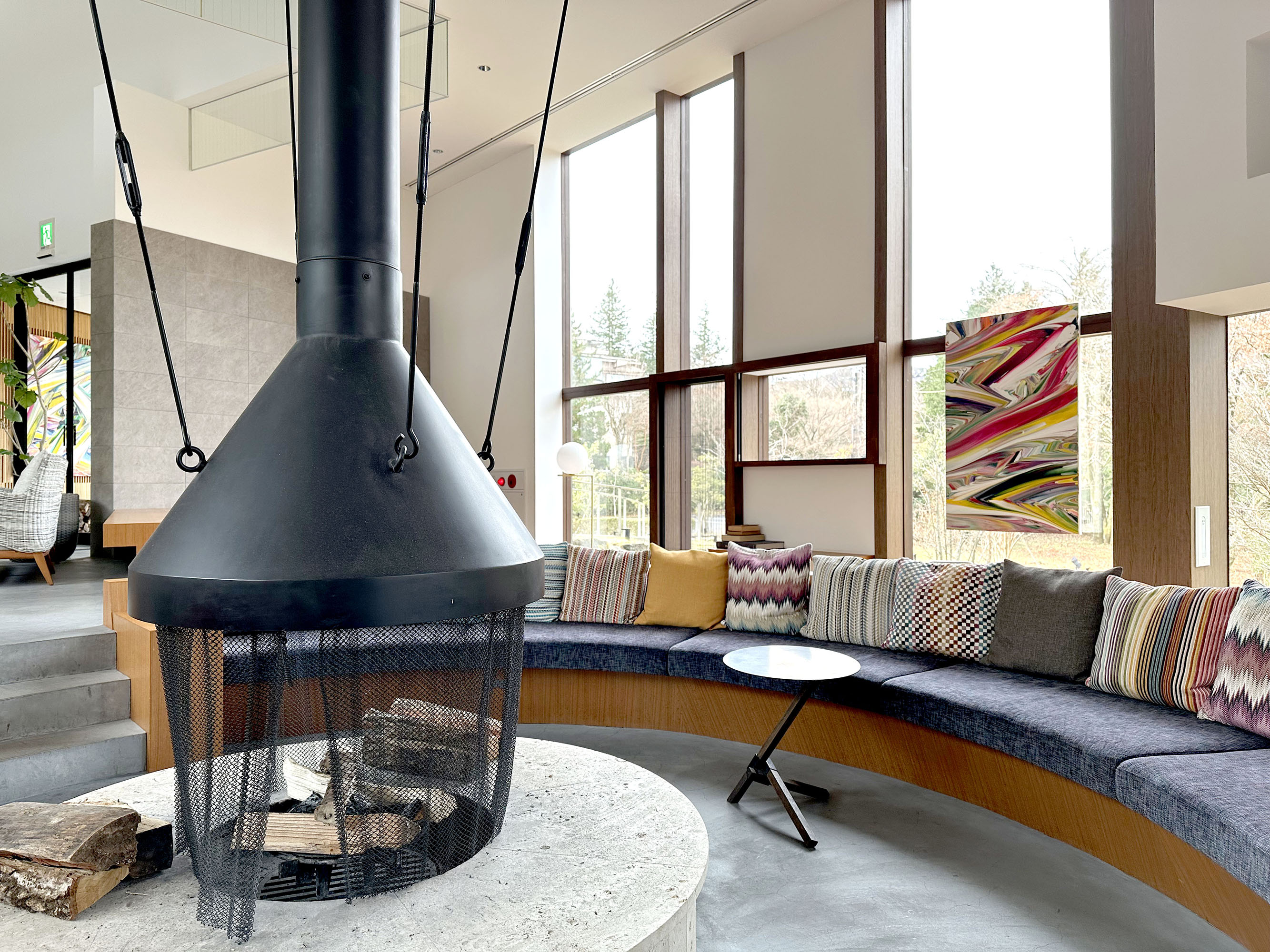
Saturday, December 14, 2024 - Sunday, May 18, 2025
◾Guests staying at Lime Resort Hakone can view the exhibition during their stay.
◾Non-guests will have limited viewing dates and times, so please check Lime Resort Hakone's official Instagram.
https://www.instagram.com/limeresorthakone
Lime Resort Hakone offers a fully private, camp-style stay. On the days when there is no charter, the hotel is open as a hotel and can be used for individual overnight stays or day trips. (*No restaurant).
Lime Resort Hakone
1246-845 Sengokuhara, Hakone-cho, Ashigarashita-gun, Kanagawa 250-0631
Reservations and inquiries:
TEL 0460-83-8272
︎LIME RESORT HAKONE website
Humans are often described as being multifaceted. With a blend of good, bad, and countless other sides, no single perspective can fully capture who we are.
When rolling dice, the more dice you add, the harder it becomes to roll the same number on all of them. Similarly, the complexity of today’s world may be tied to the number of people and the many sides they each possess. It’s challenging to truly understand someone’s pain unless you share their perspective or experience their struggles firsthand. Some realities, like the impossibility of altering one’s birth circumstances or a man bearing children, remain immutable.
There’s a story about Newton confirming light’s refraction through a prism and linking the seven colors of the rainbow to musical scales. If we could transmit the essence of our multifaceted nature—like wavelengths of light—would we be able to observe and understand ourselves with greater precision? If so, I’d like to imagine that this essence could manifest as a beautiful melody, like the harmony of music.
Artists, in their own absurd and almost blindly devoted way, continue to create works as a means of exploring humanity’s inherent complexity. This endeavor might seem like rolling dice endlessly, without purpose. Yet sometimes, this randomness transcends language, borders, and perspectives, stirring the hearts of others. Perhaps this is the mystery and essence of art itself.
Caesar declared, “The die is cast,” while Einstein stated, “God does not play dice.” These great historical figures, too, must have grappled with fate and destiny, enduring inner turmoil and setbacks, yet never ceasing in their pursuit of the unknown.
Mitsumasa KADOTA (November 2024)
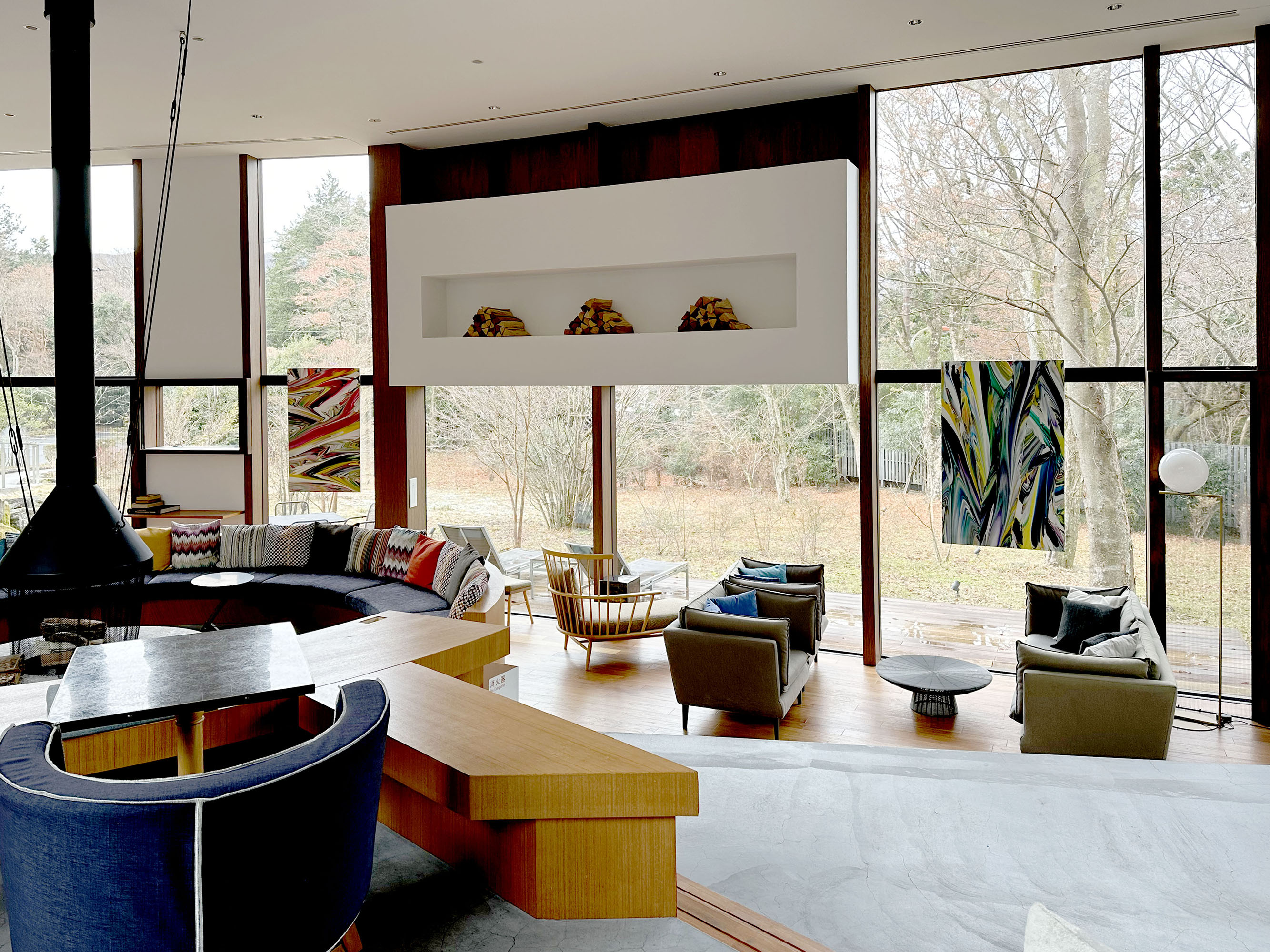
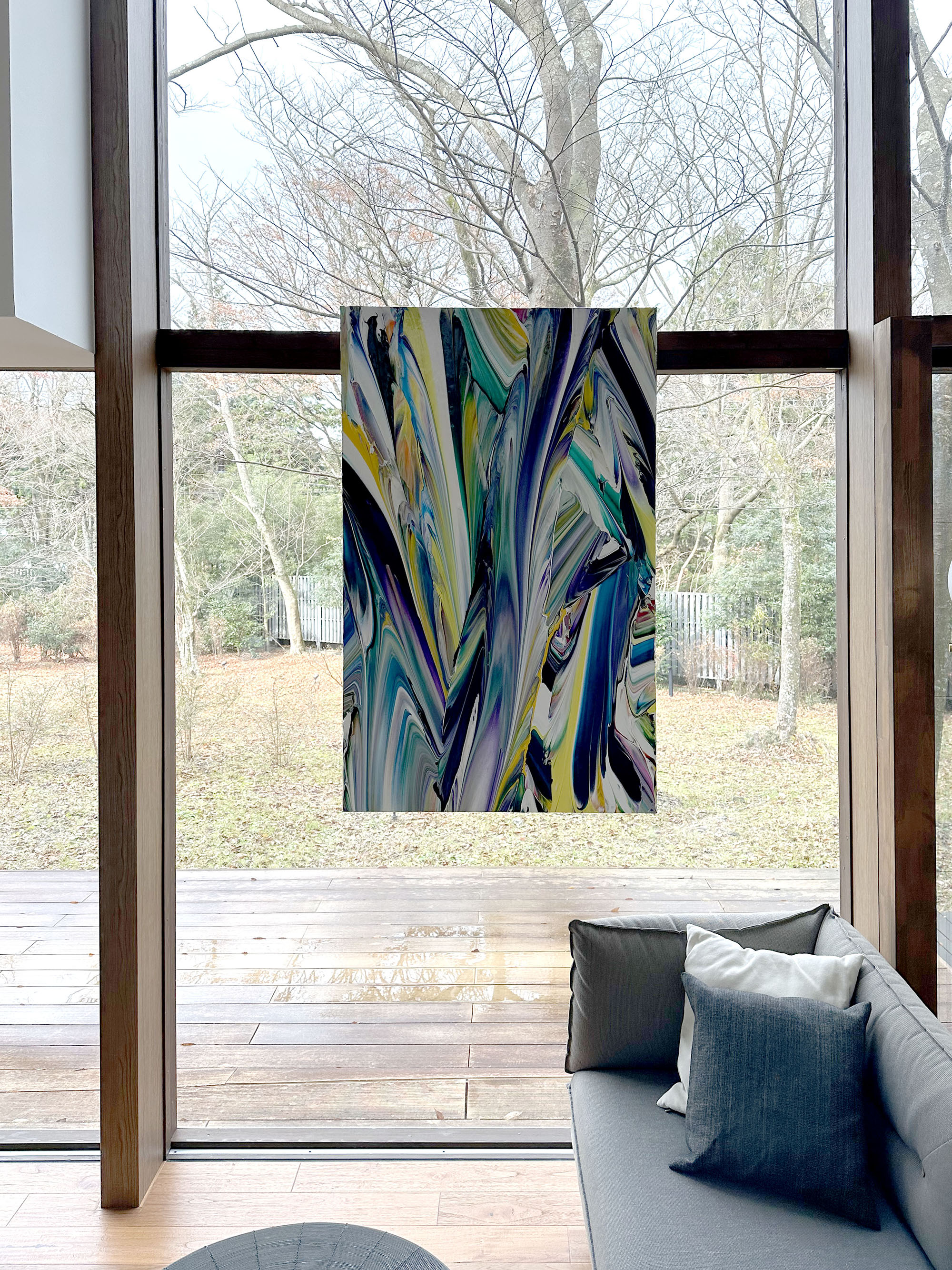

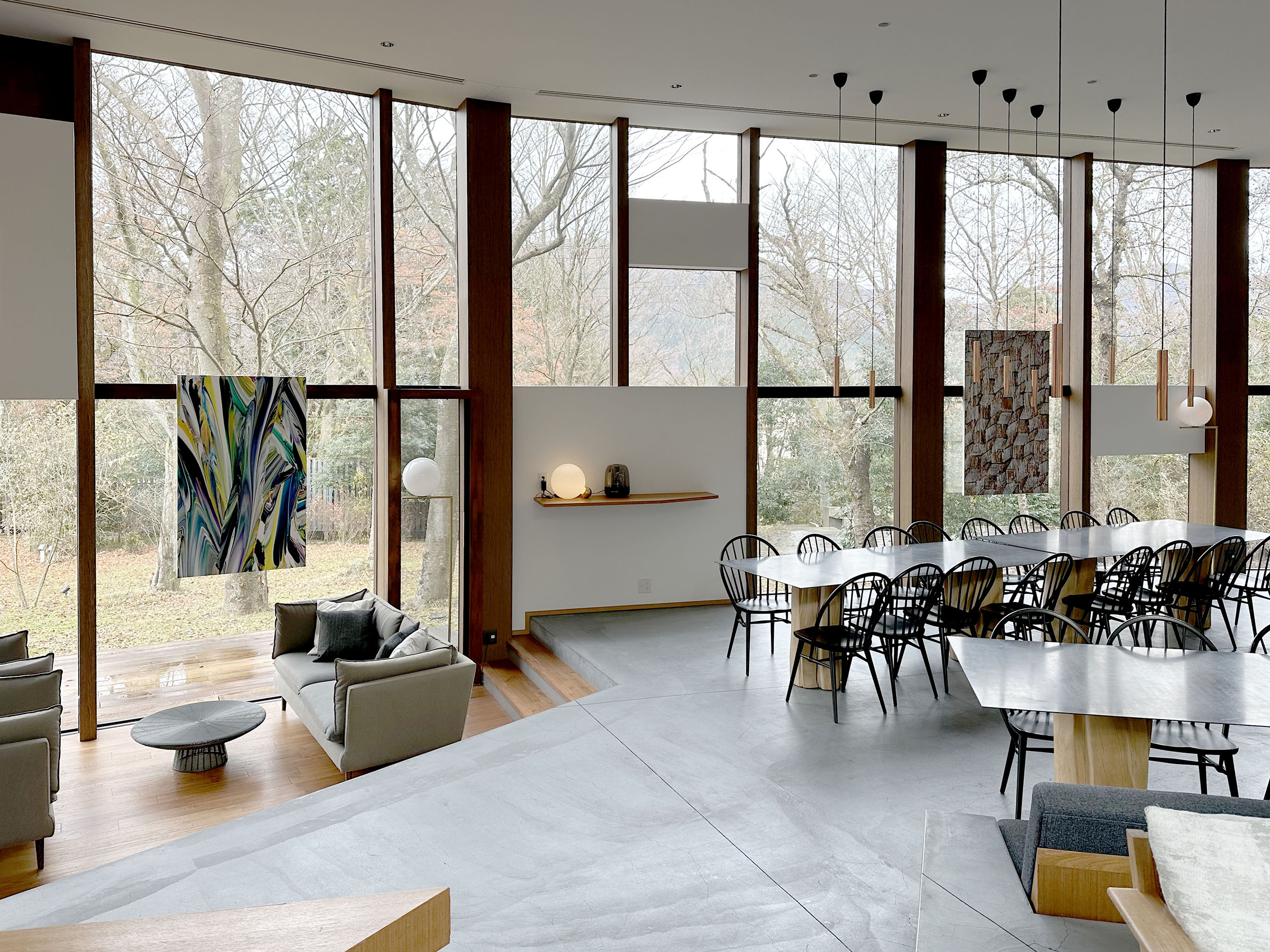

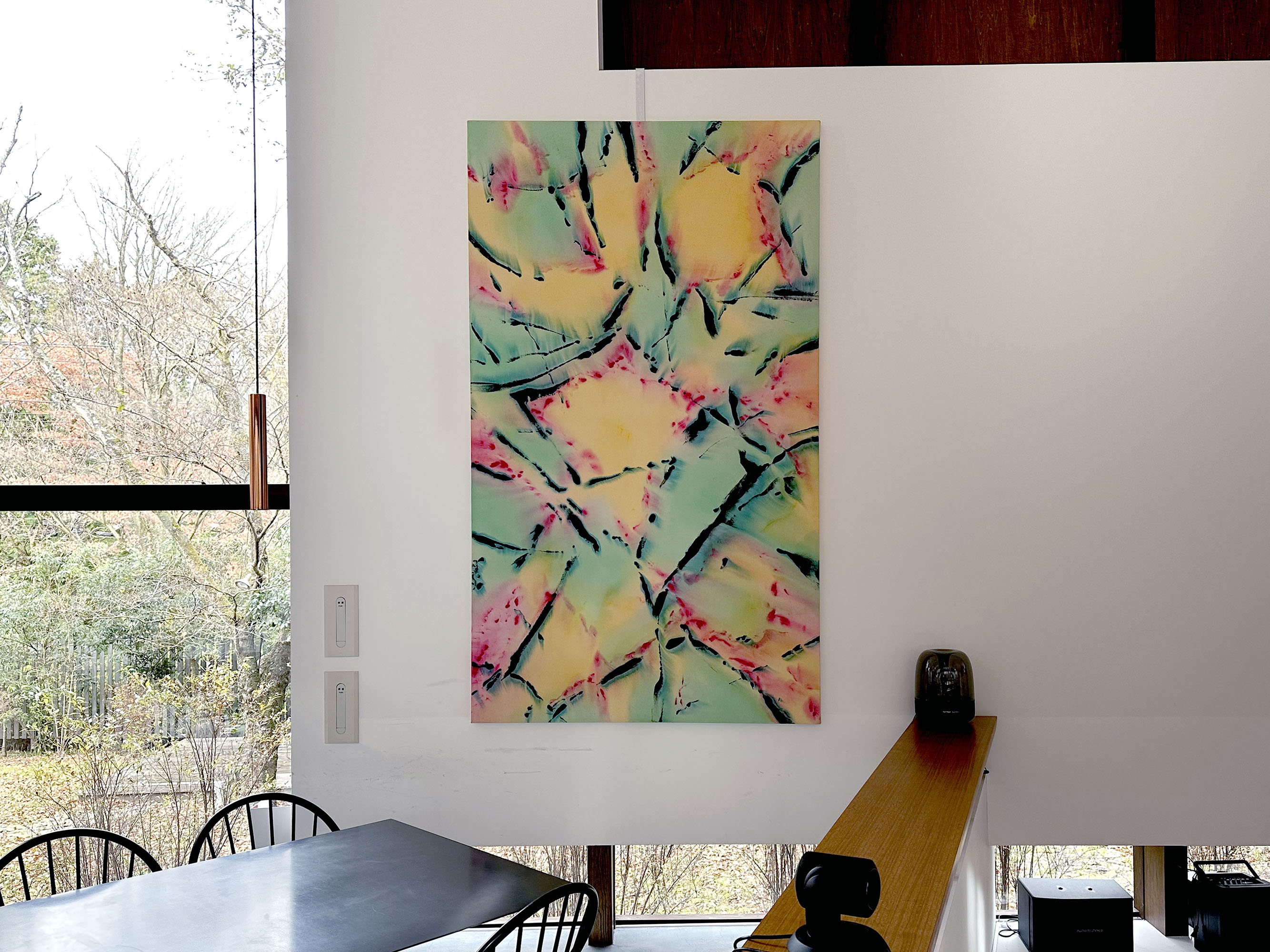
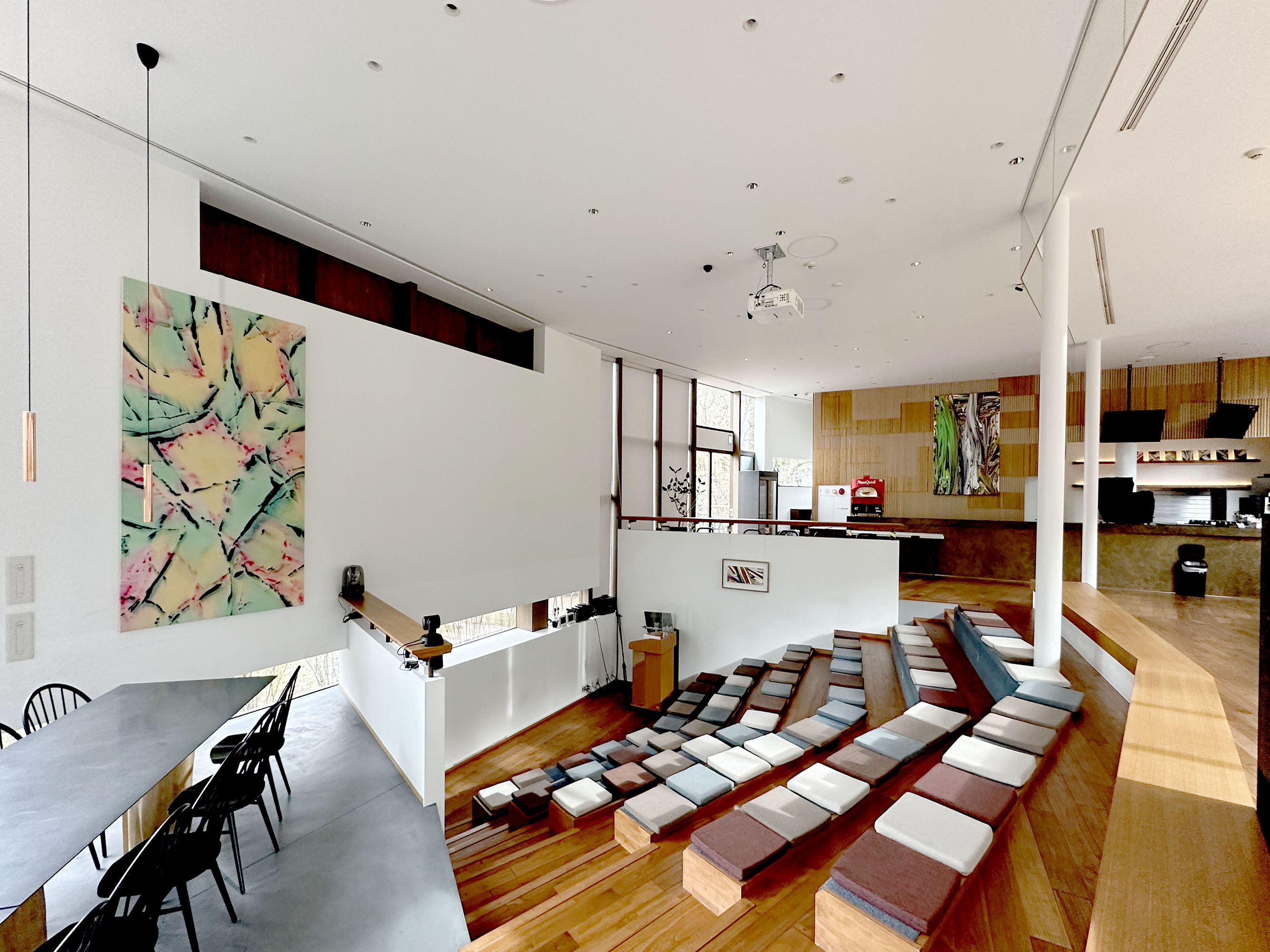
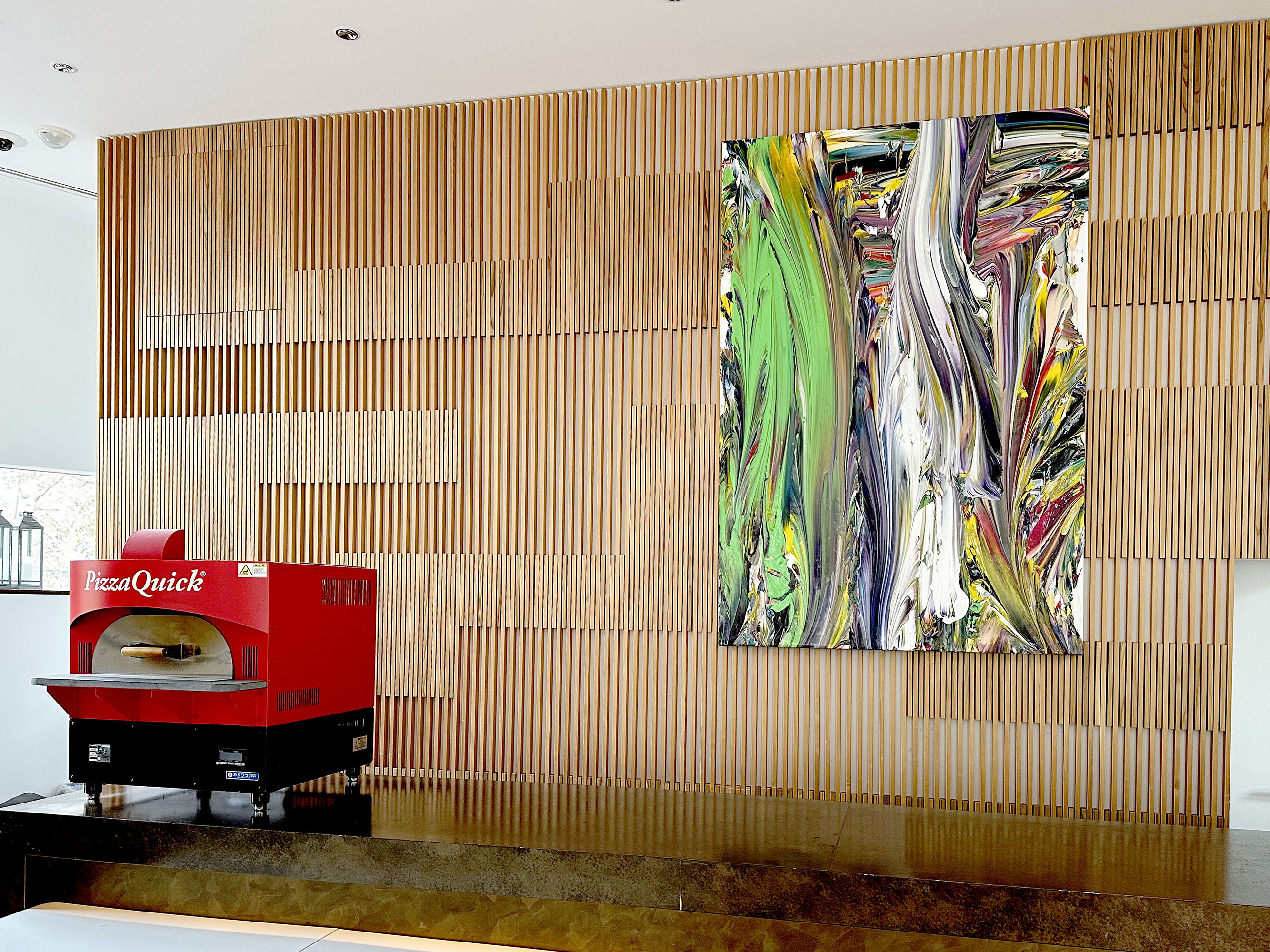


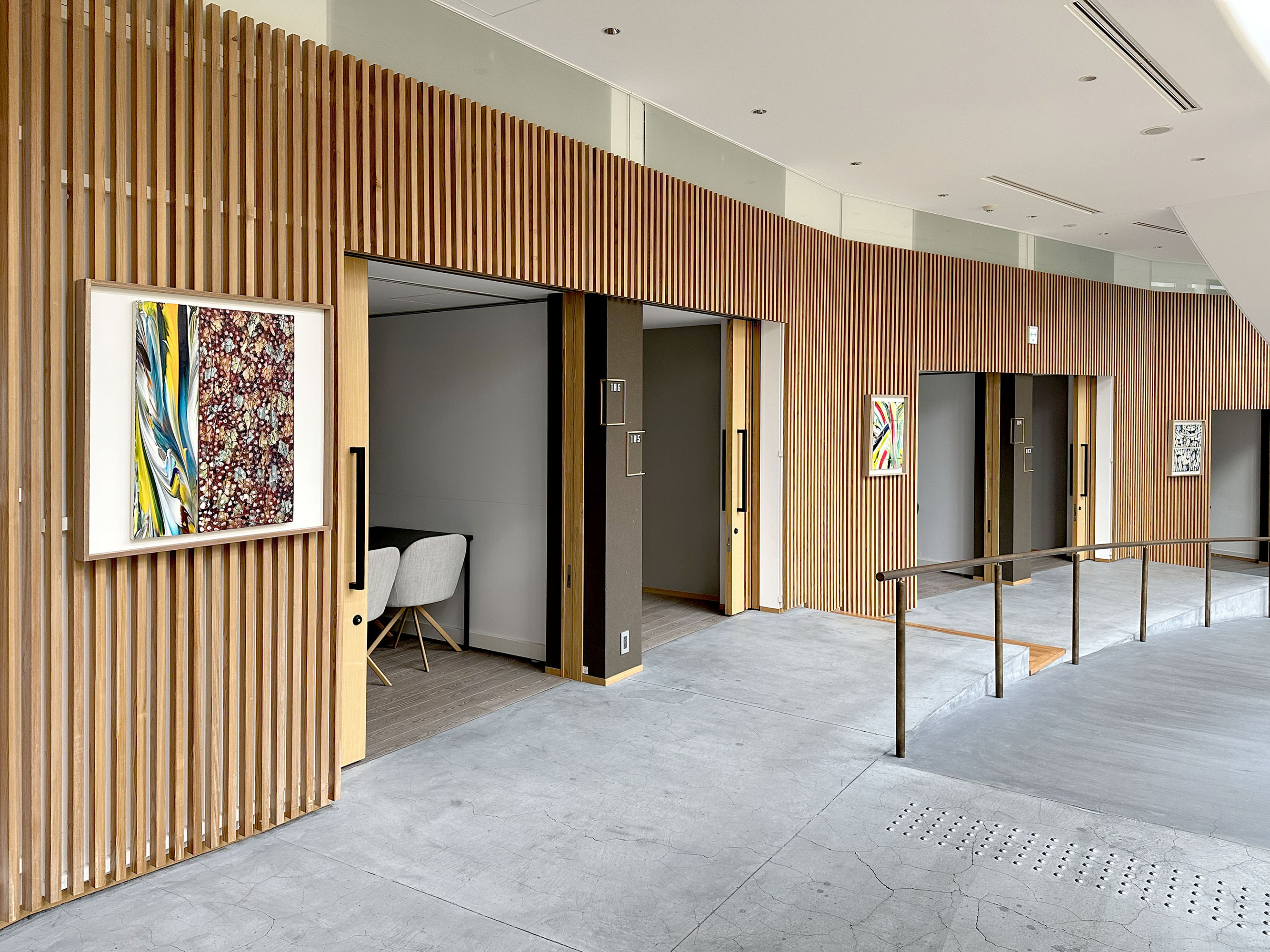

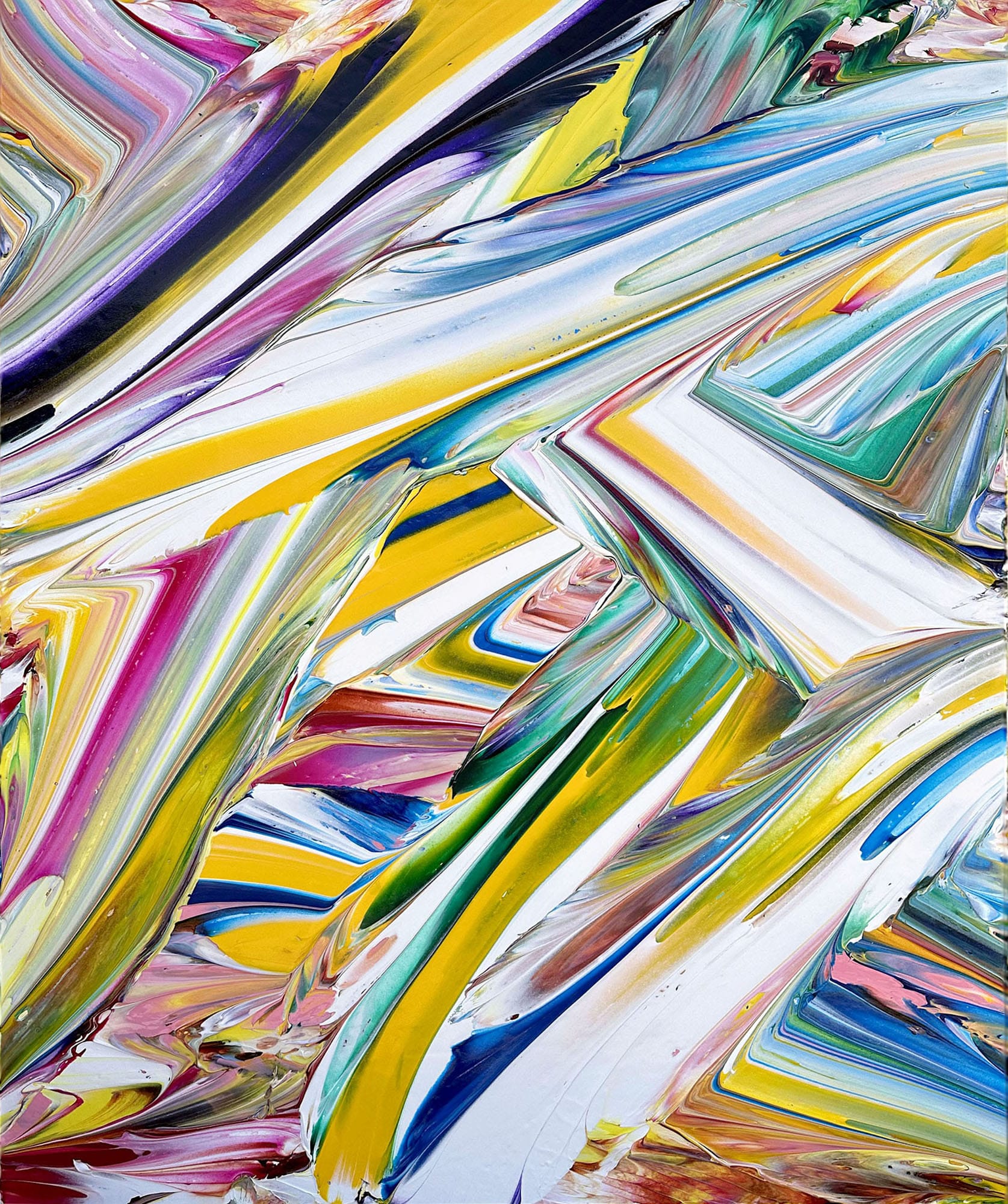 Opticks
Opticks2024 Acrylic and Carborundum on Cotton
1622×1301mm
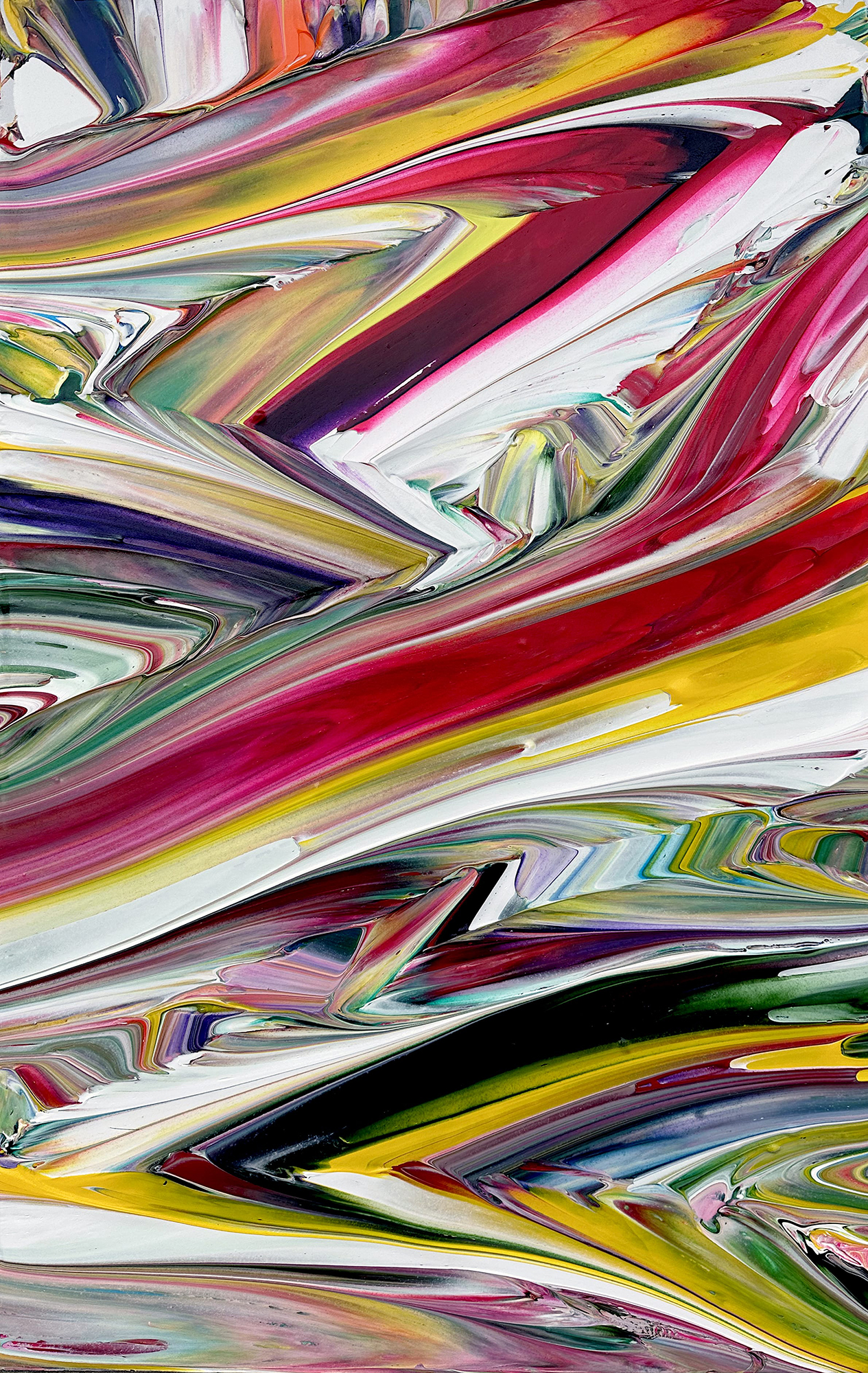 Pathos
Pathos2023 Acrylic and Carborundum on Cotton
1305×803mm
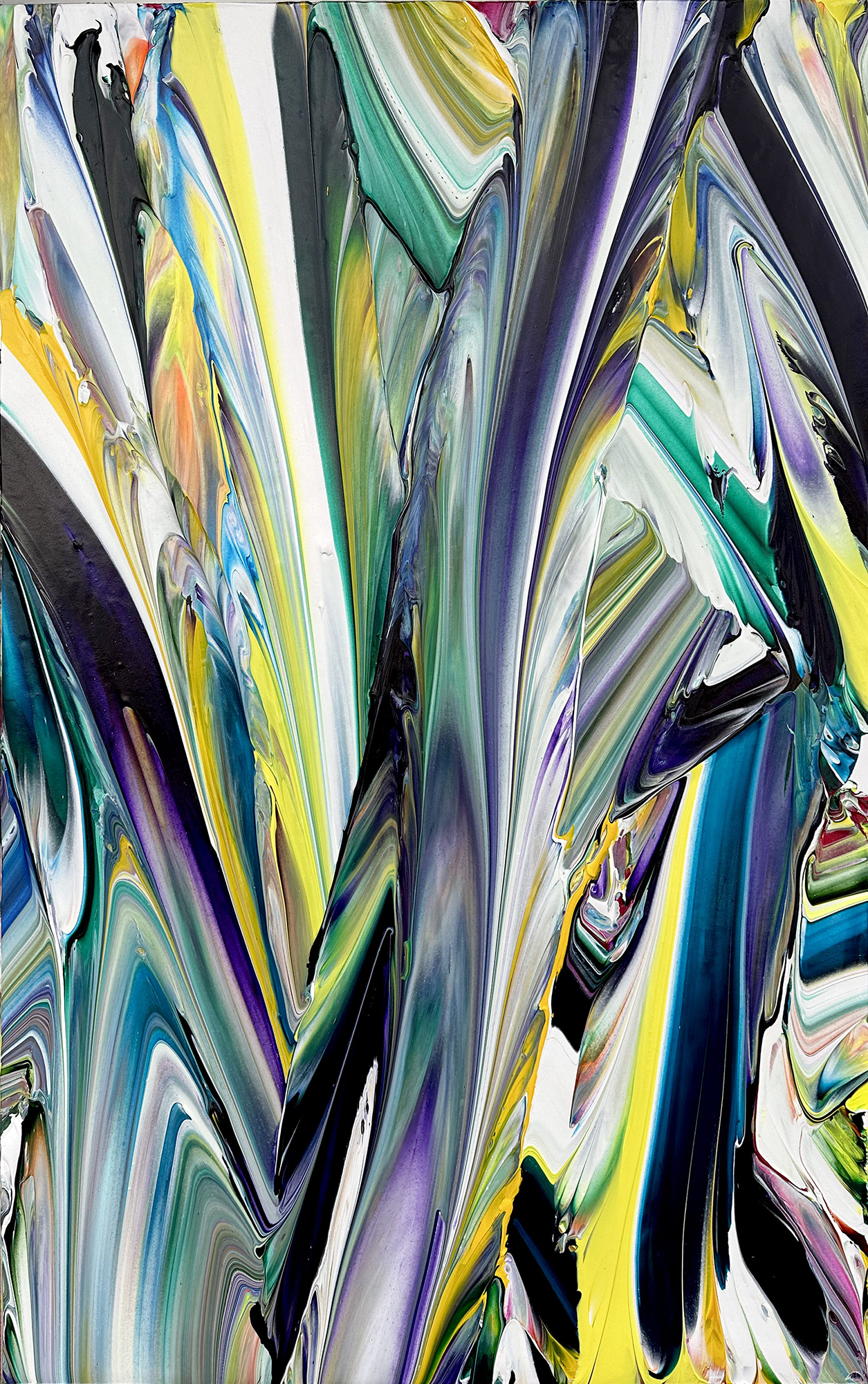 Ethos
Ethos2023 Acrylic and Carborundum on Cotton
1457×893mm
Private Collection
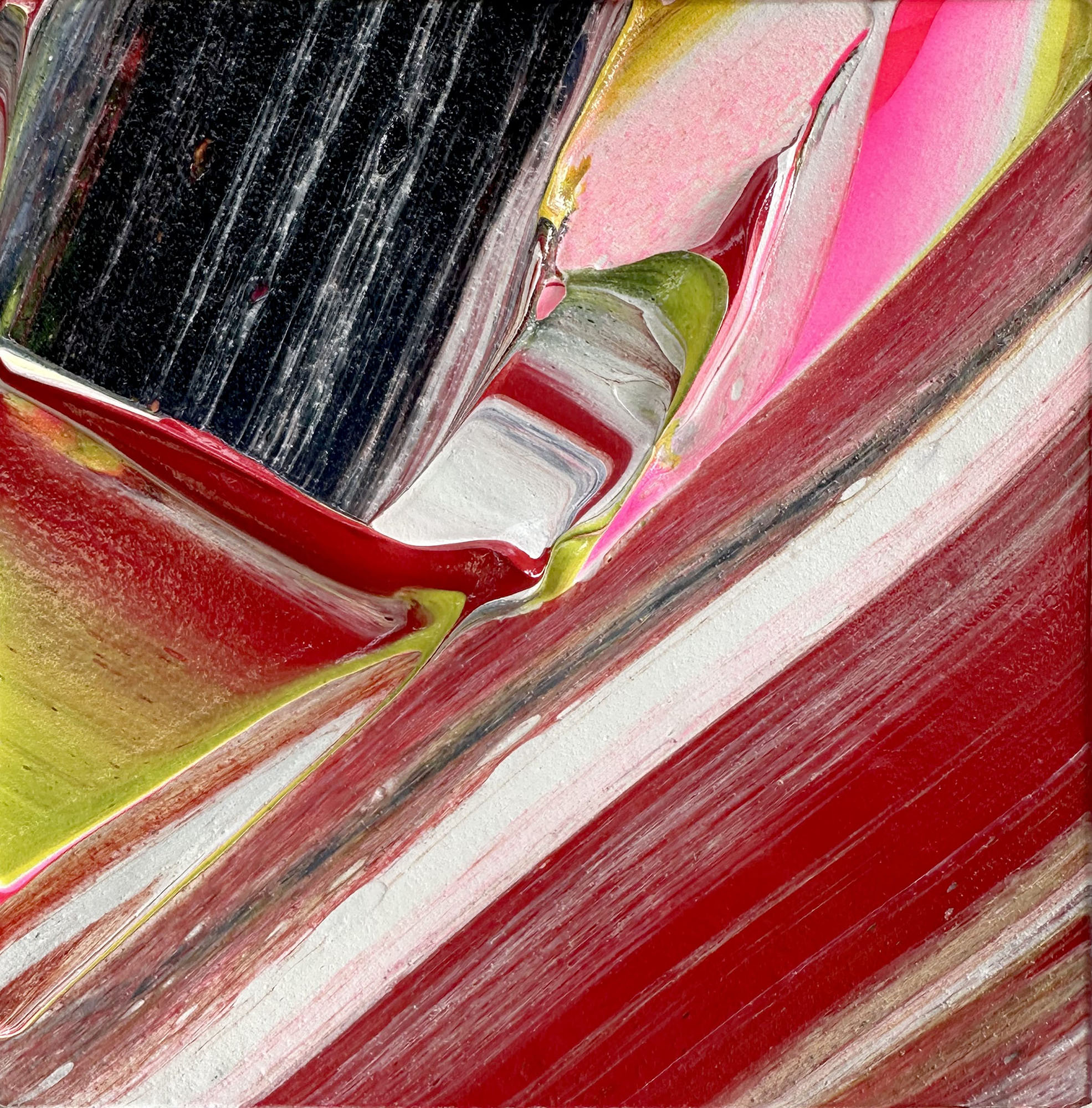
Do-Re-Mi (Doe)
2024
Acrylic and Carborundum on Cotton 185×181mm
Private Collection
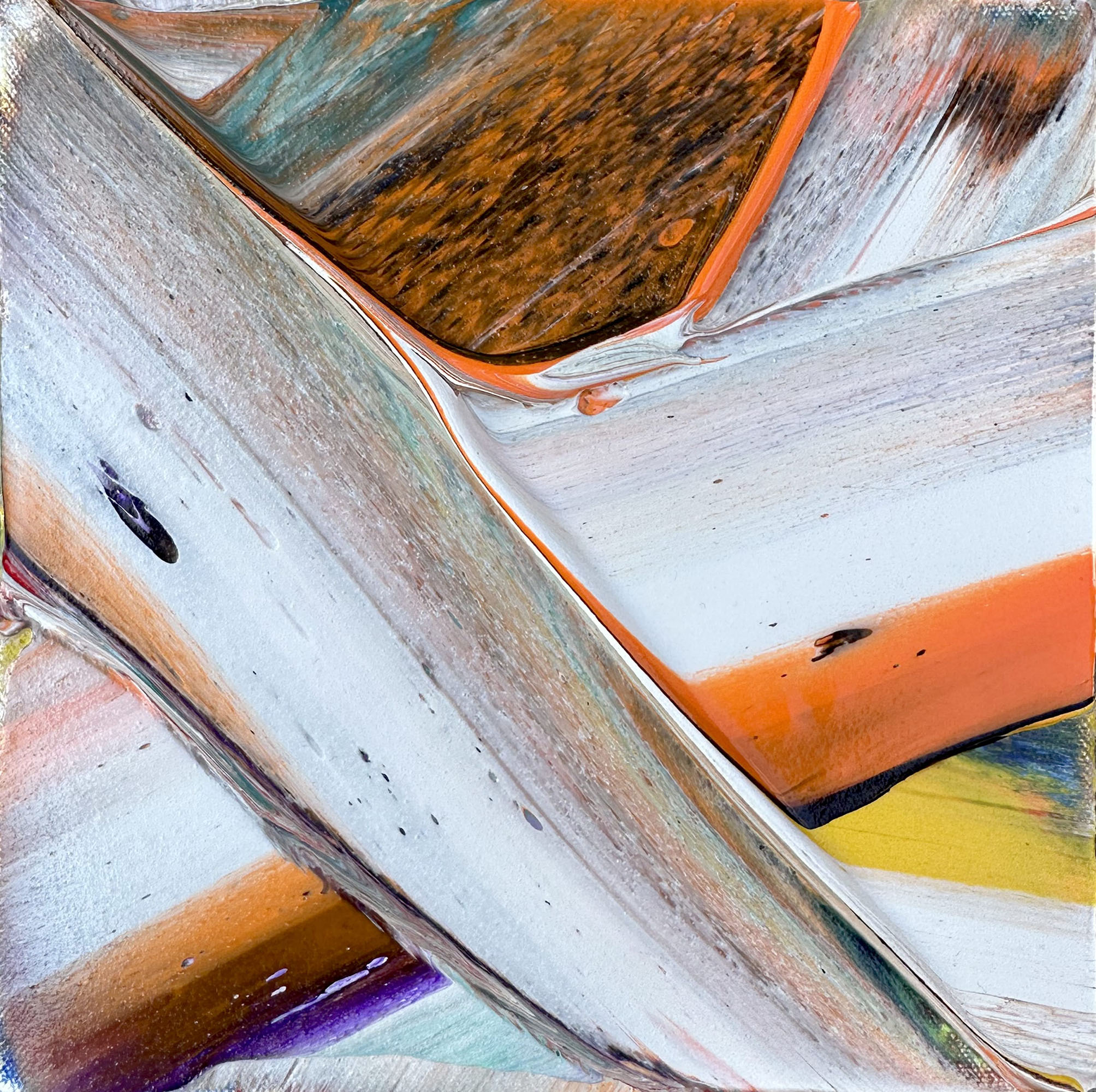
Do-Re-Mi (Ray)
2024
Acrylic and Carborundum on Cotton 185×181mm
Private Collection
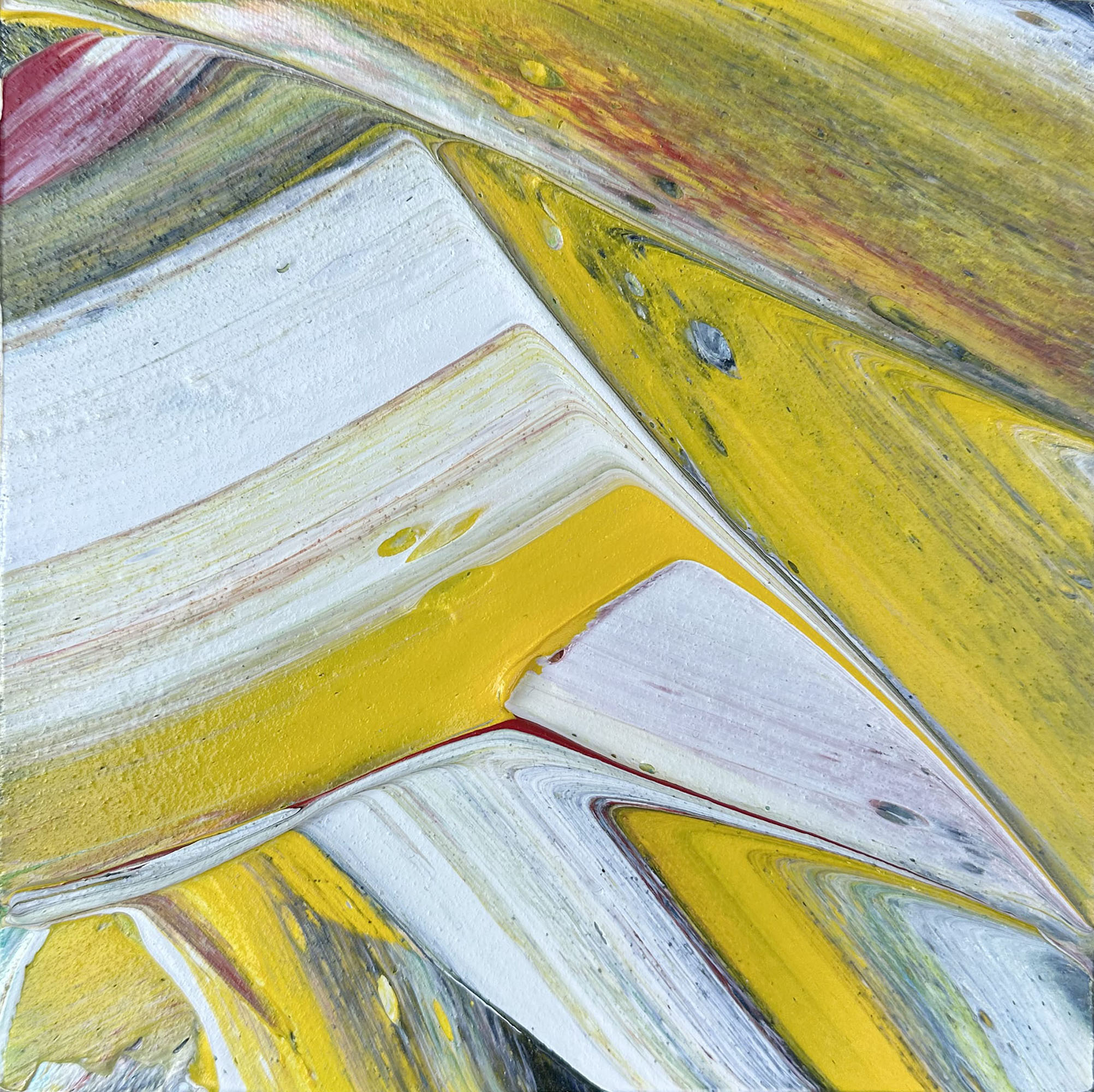
Do-Re-Mi (Me)
2024
Acrylic and Carborundum on Cotton 185×181mm
Private Collection
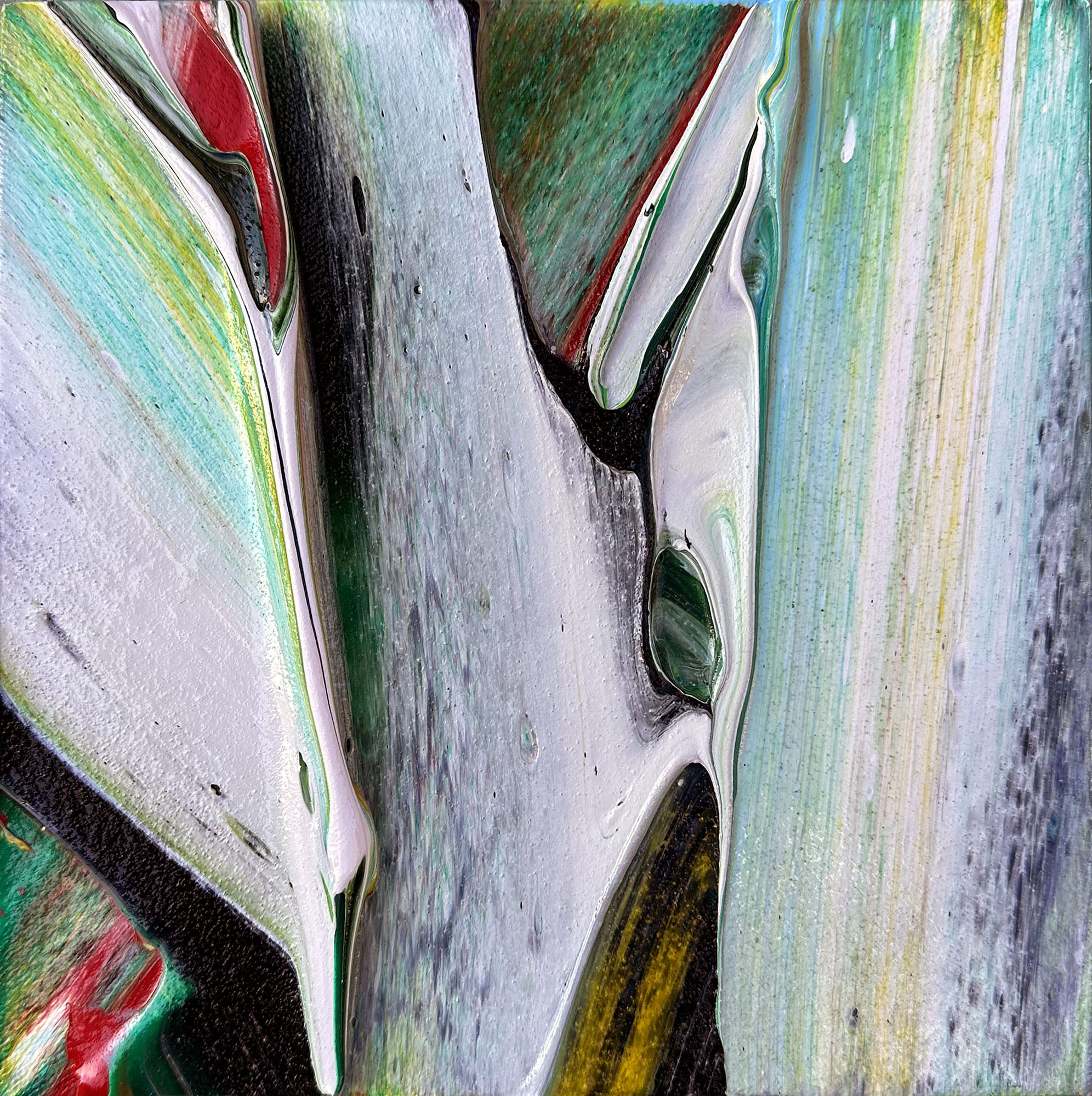
Do-Re-Mi (Far)
2024
Acrylic and Carborundum on Cotton 185×181mm
Private Collection
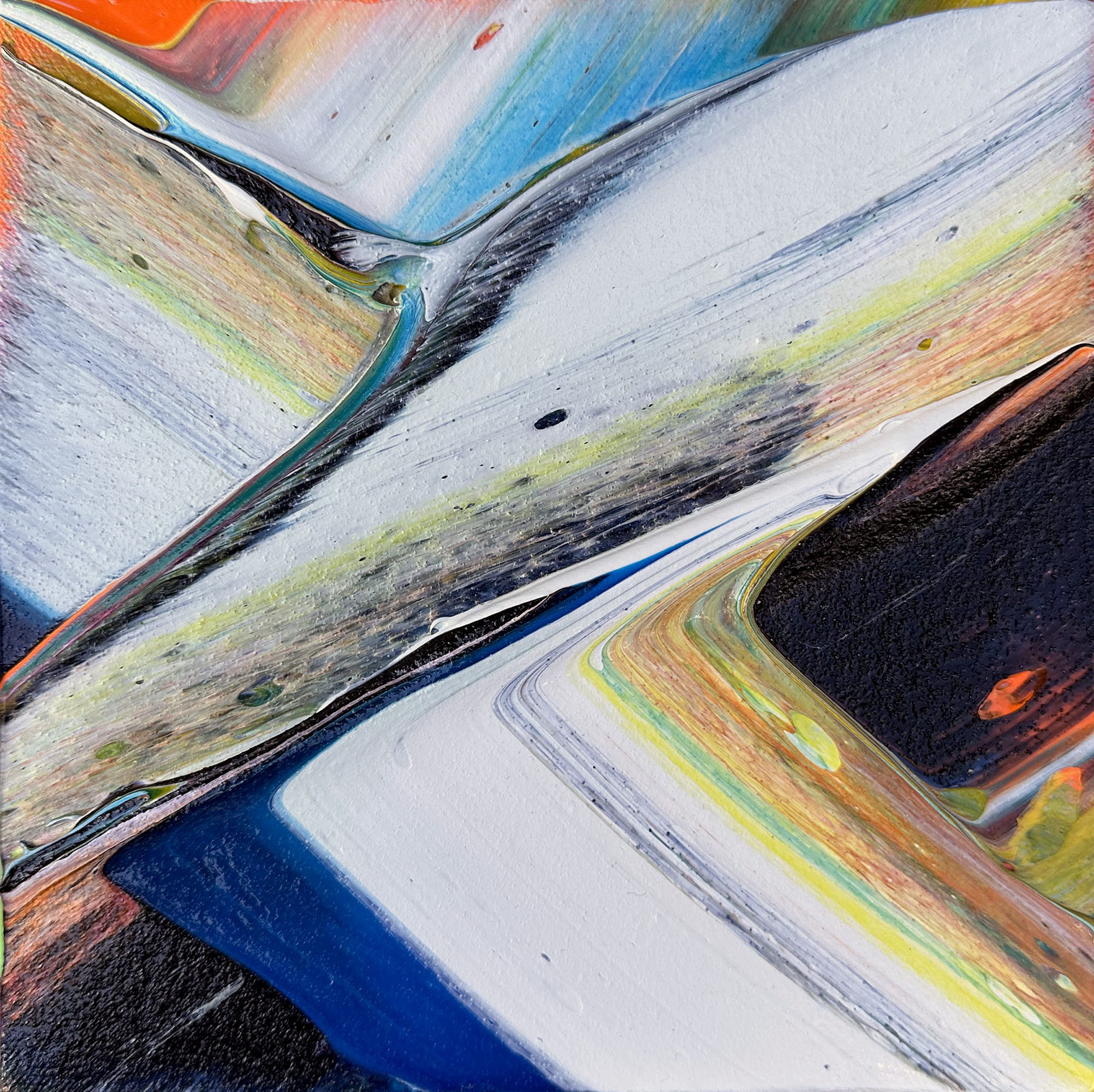
Do-Re-Mi (Sew)
2024
Acrylic and Carborundum on Cotton 185×181mm
Private Collection
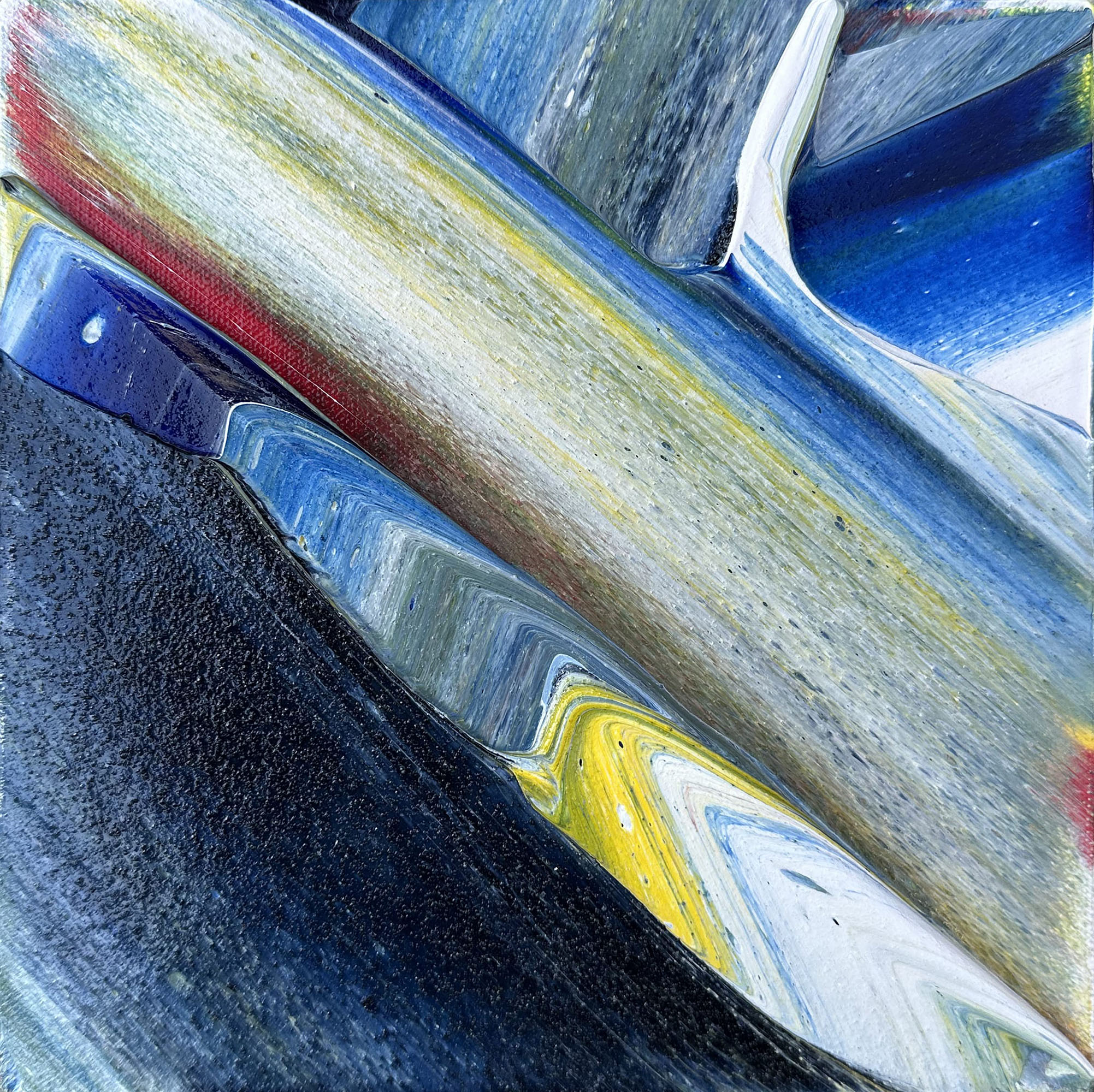
Do-Re-Mi (La)
2024
Acrylic and Carborundum on Cotton 185×181mm
Private Collection
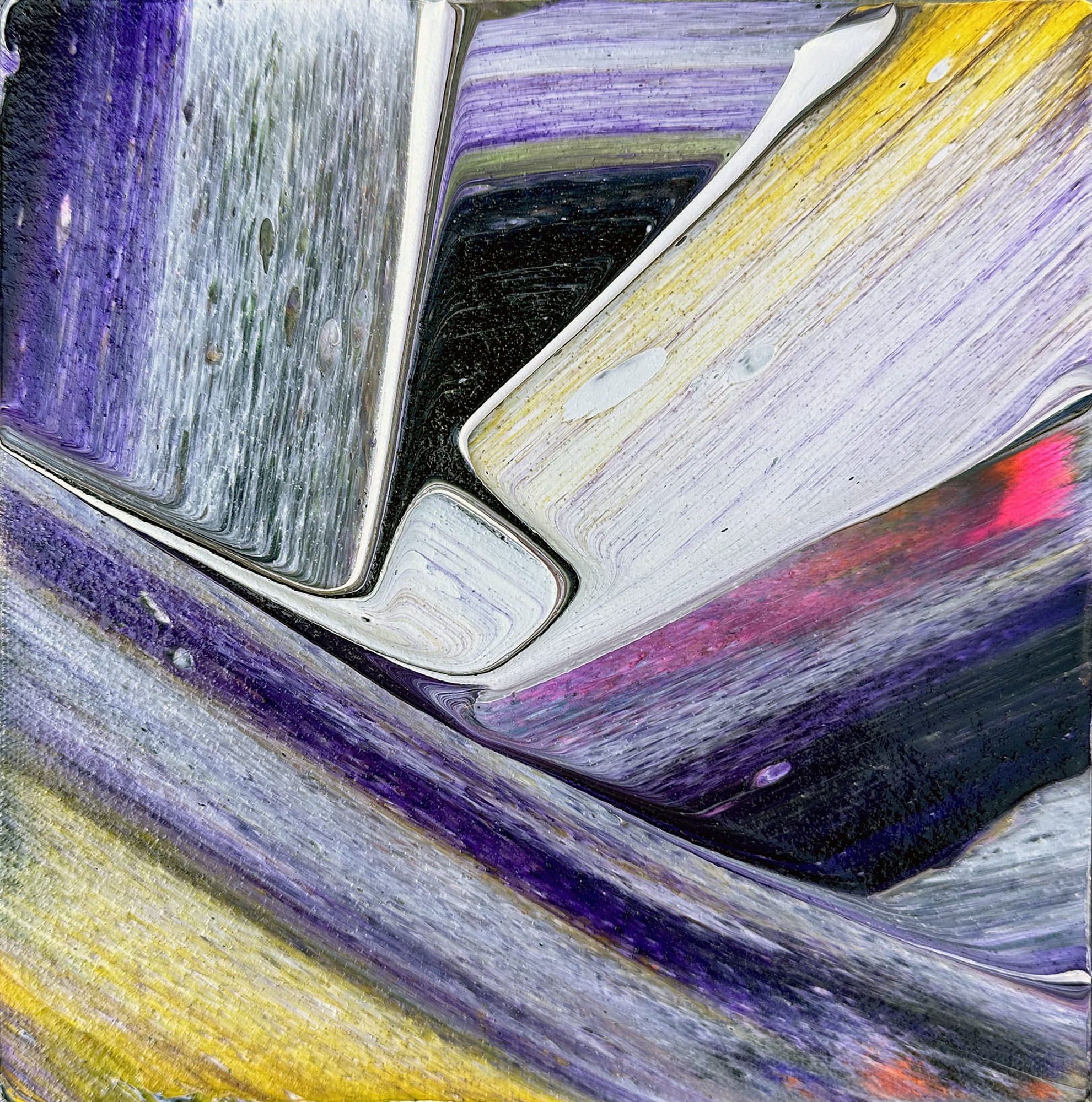
Do-Re-Mi (Tea)
2024
Acrylic and Carborundum on Cotton 185×181mm
Private Collection
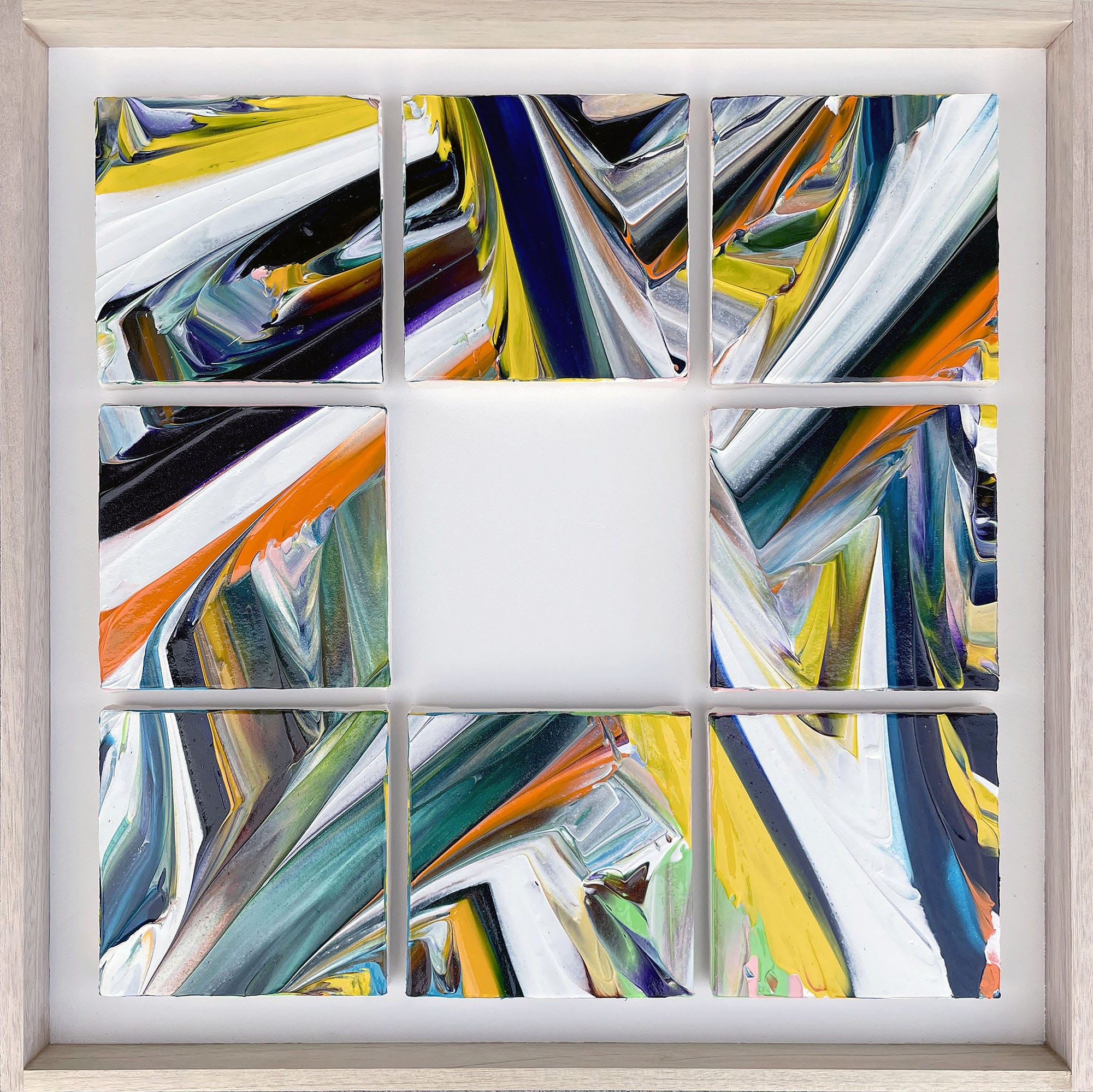
| Octopus’s Gargen Ⅱ 2022 Acrylic and Carborundum on Cotton 543×541mm |
secret 2020 Acrylic and Carborundum on cotton 1940×1305mm |
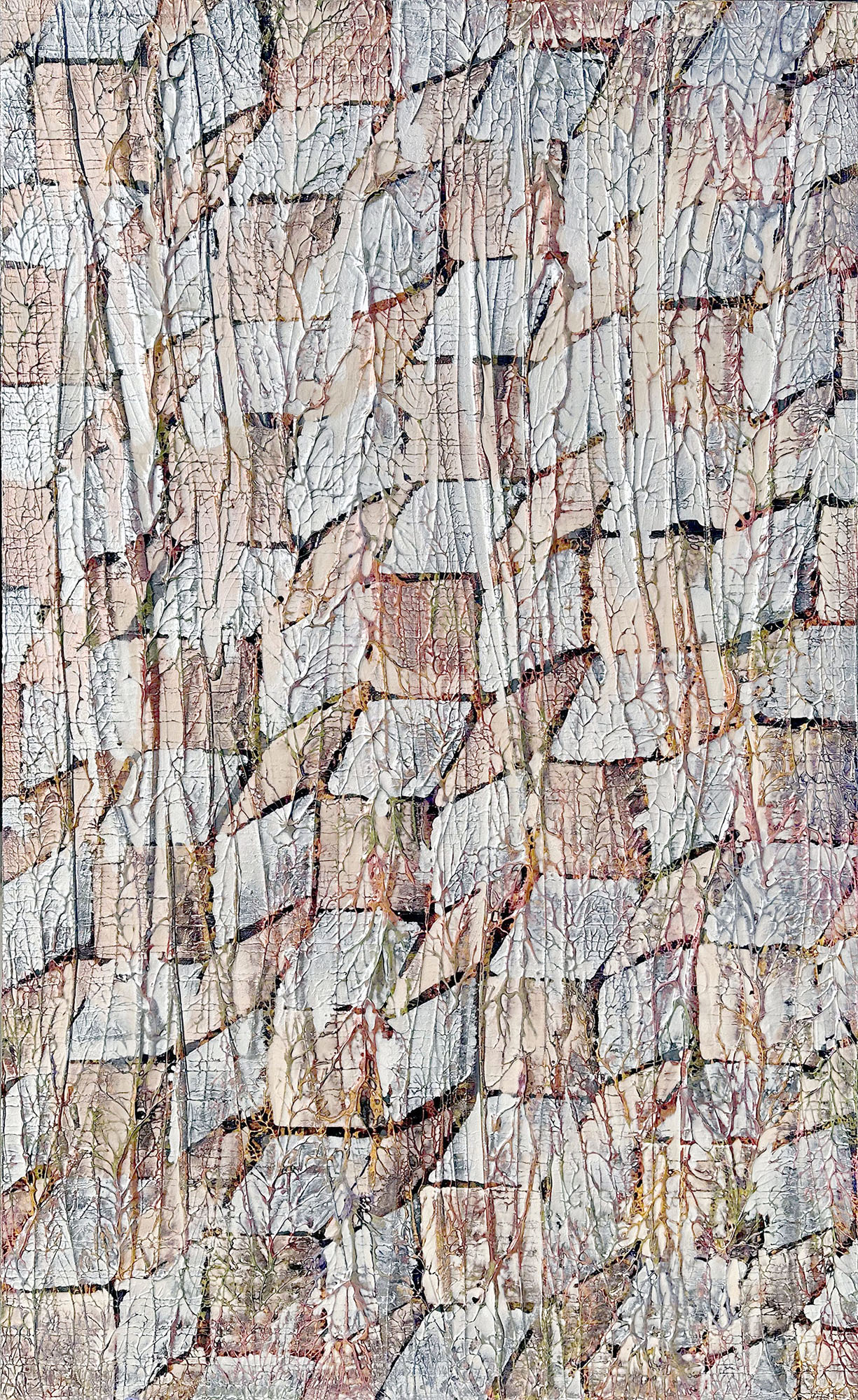 hibernation
hibernation2019 Acrylic and Carborundum on cotton
1622×971mm
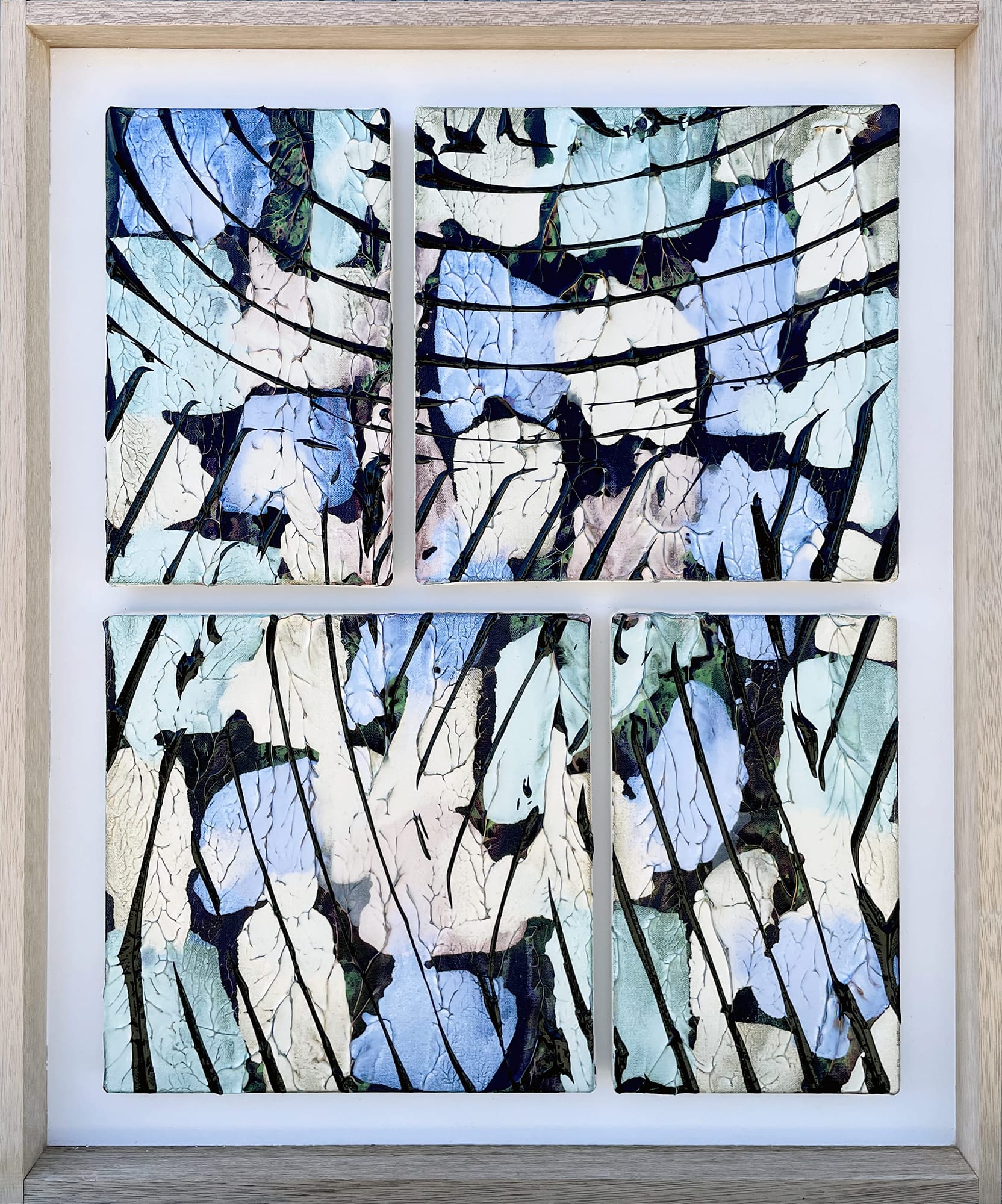
| 多面体 41 (TAMENTAI 41) 2021 Acrylic and Carborundum on cotton 553×435mm |
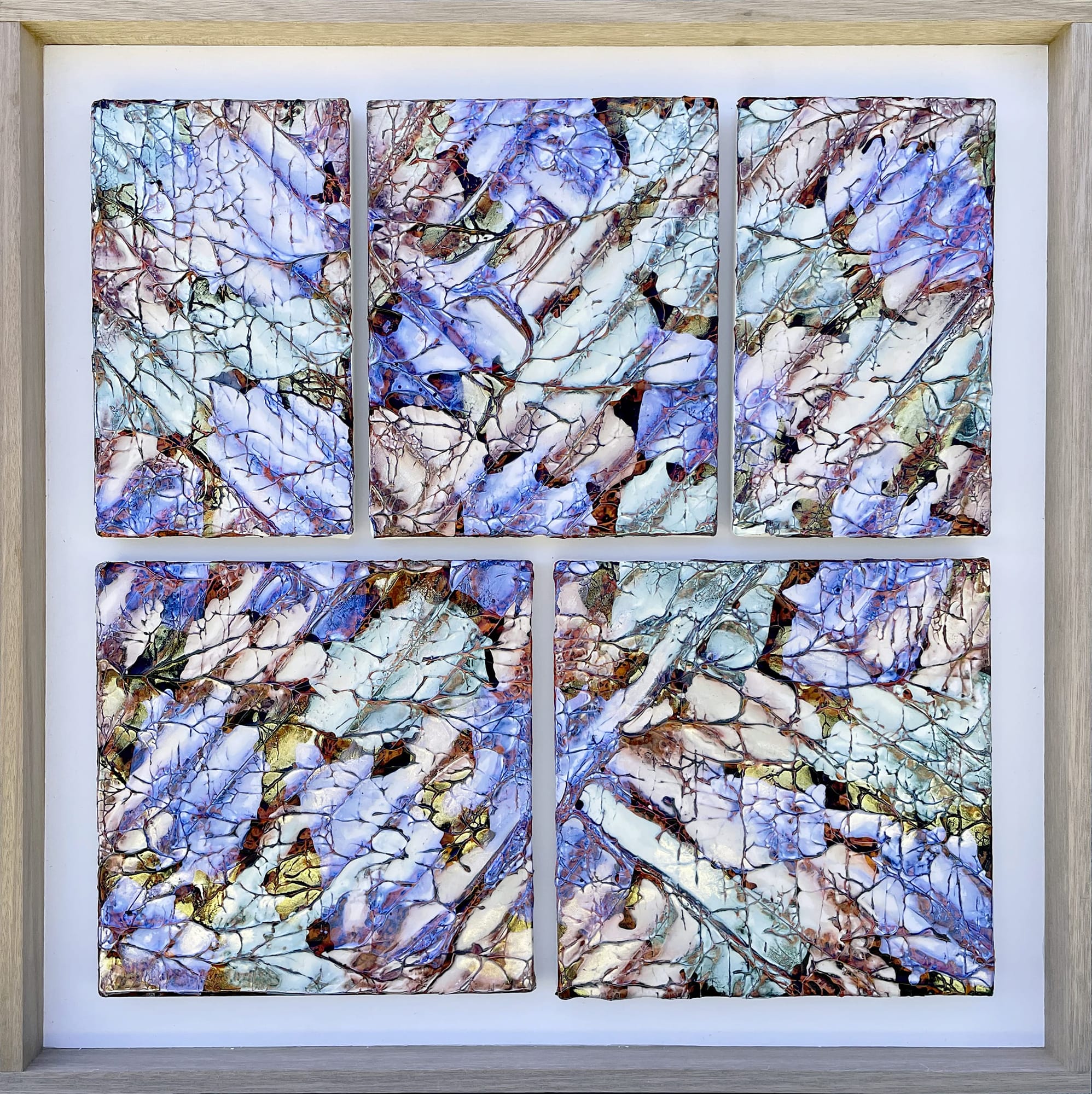
| 多面体 42 (TAMENTAI 42) 2021 Acrylic and Carborundum on cotton 551×551mm Private Collection |
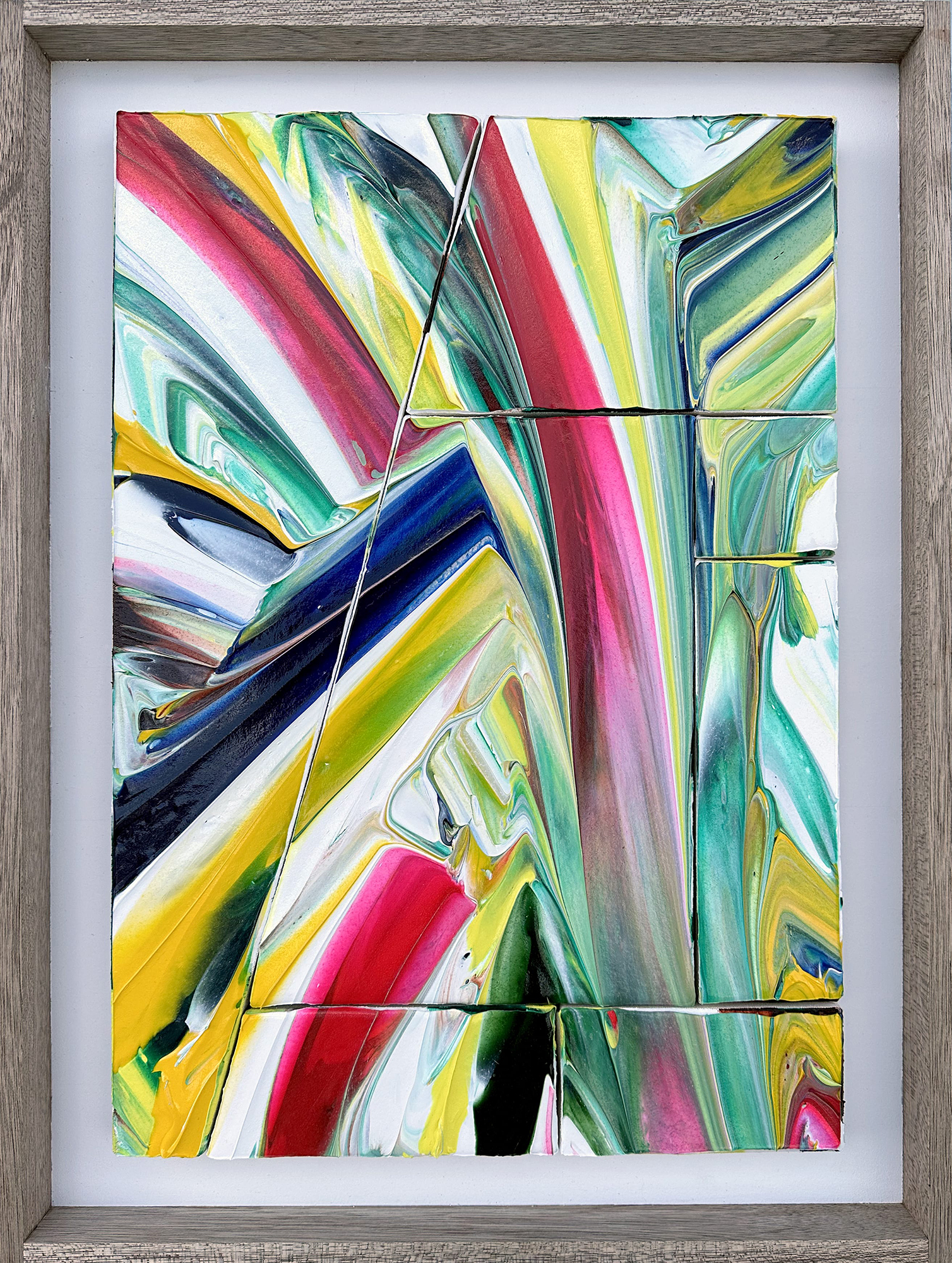
|
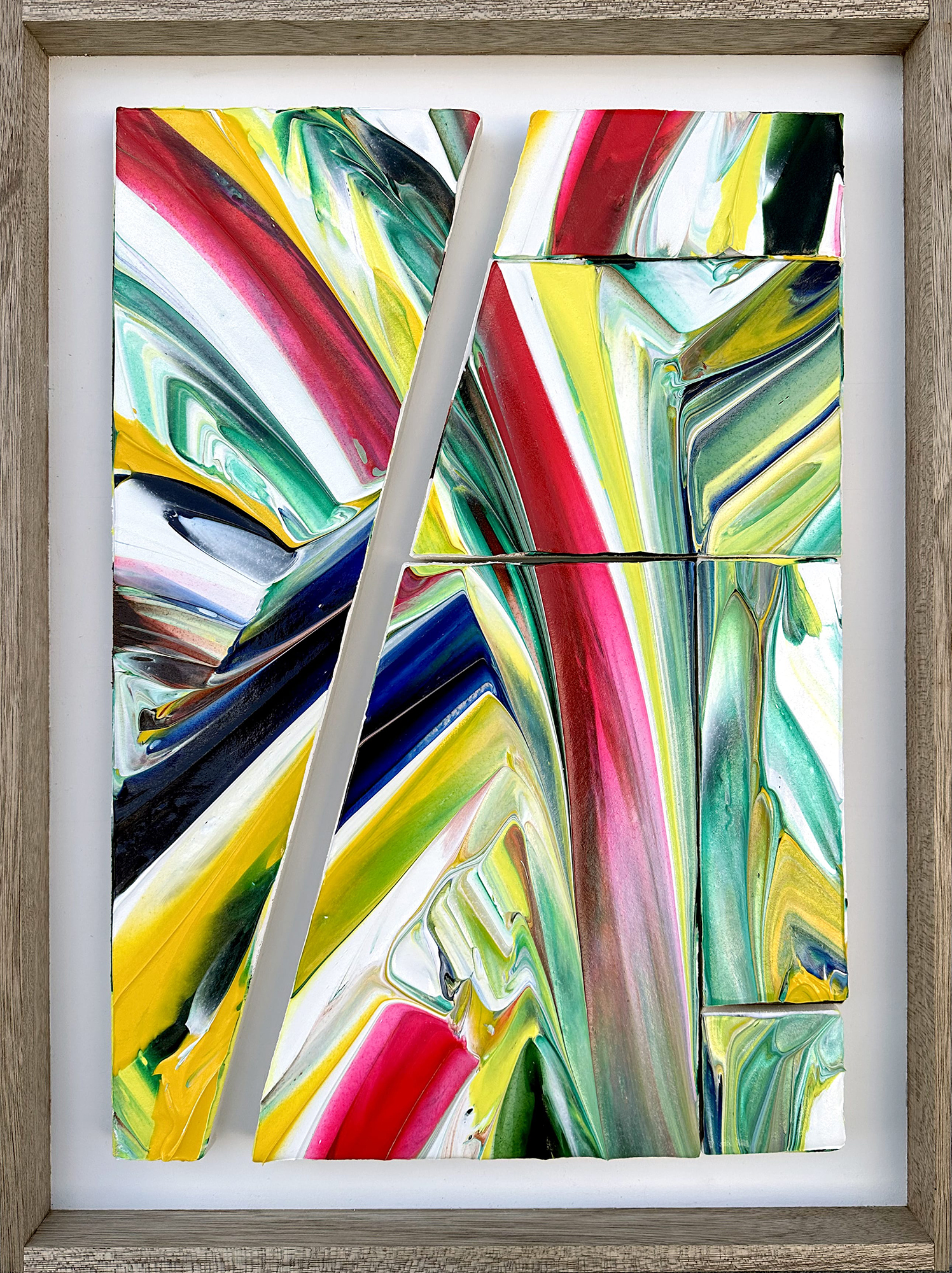
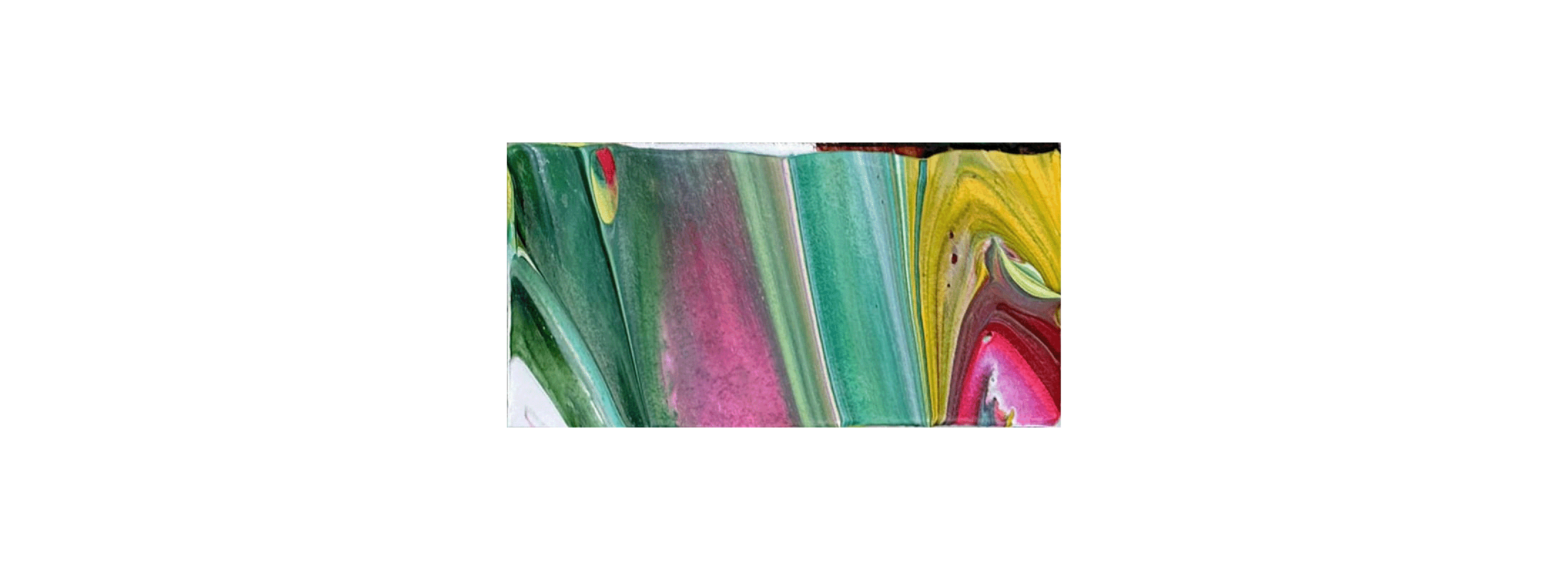
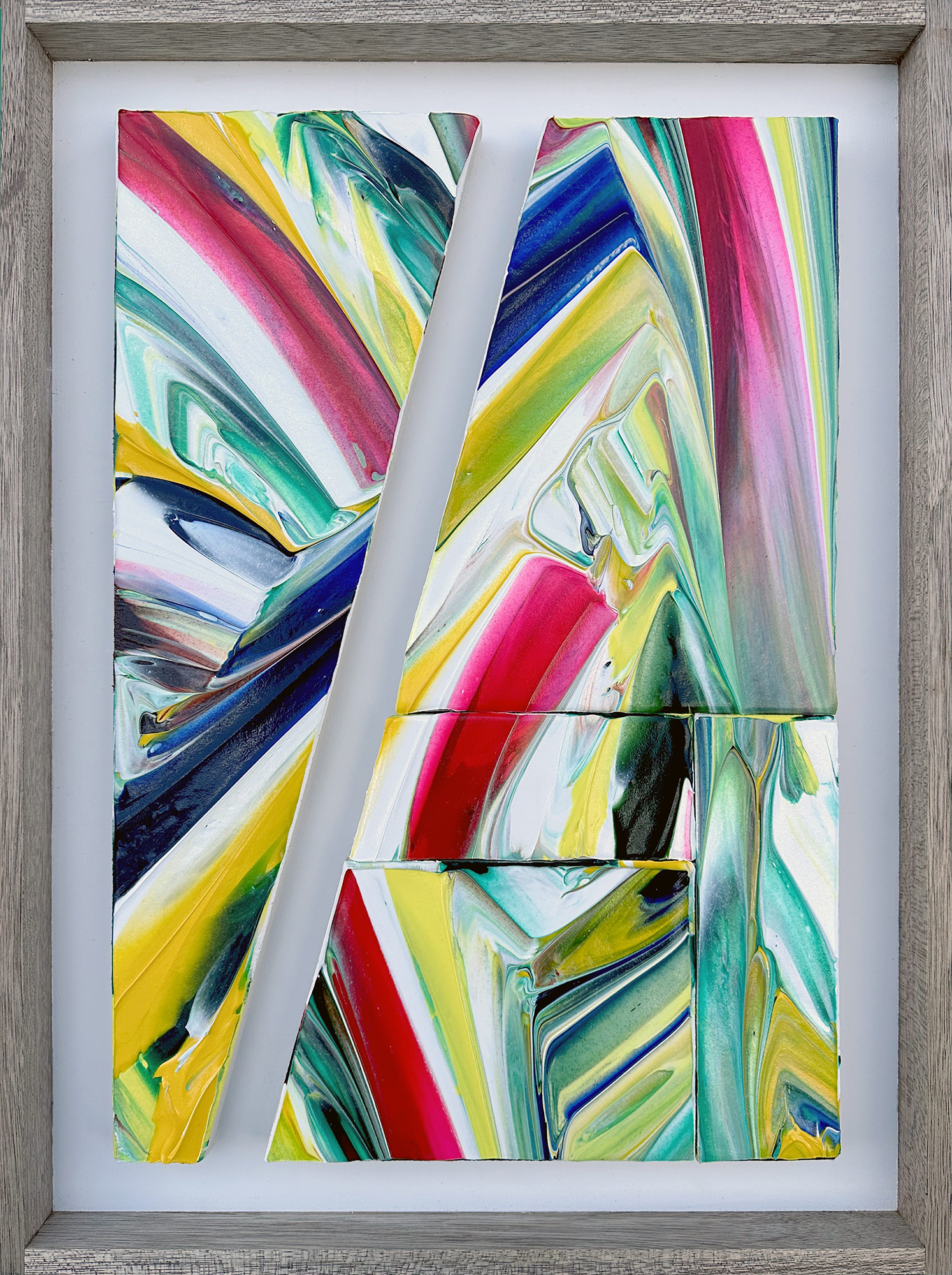



| 闇の中に輝く光(YAMINO NAKANI KAGAYAKU HIKARI) 2005 Acrylic and Carborundum on cotton 2400×1400mm |
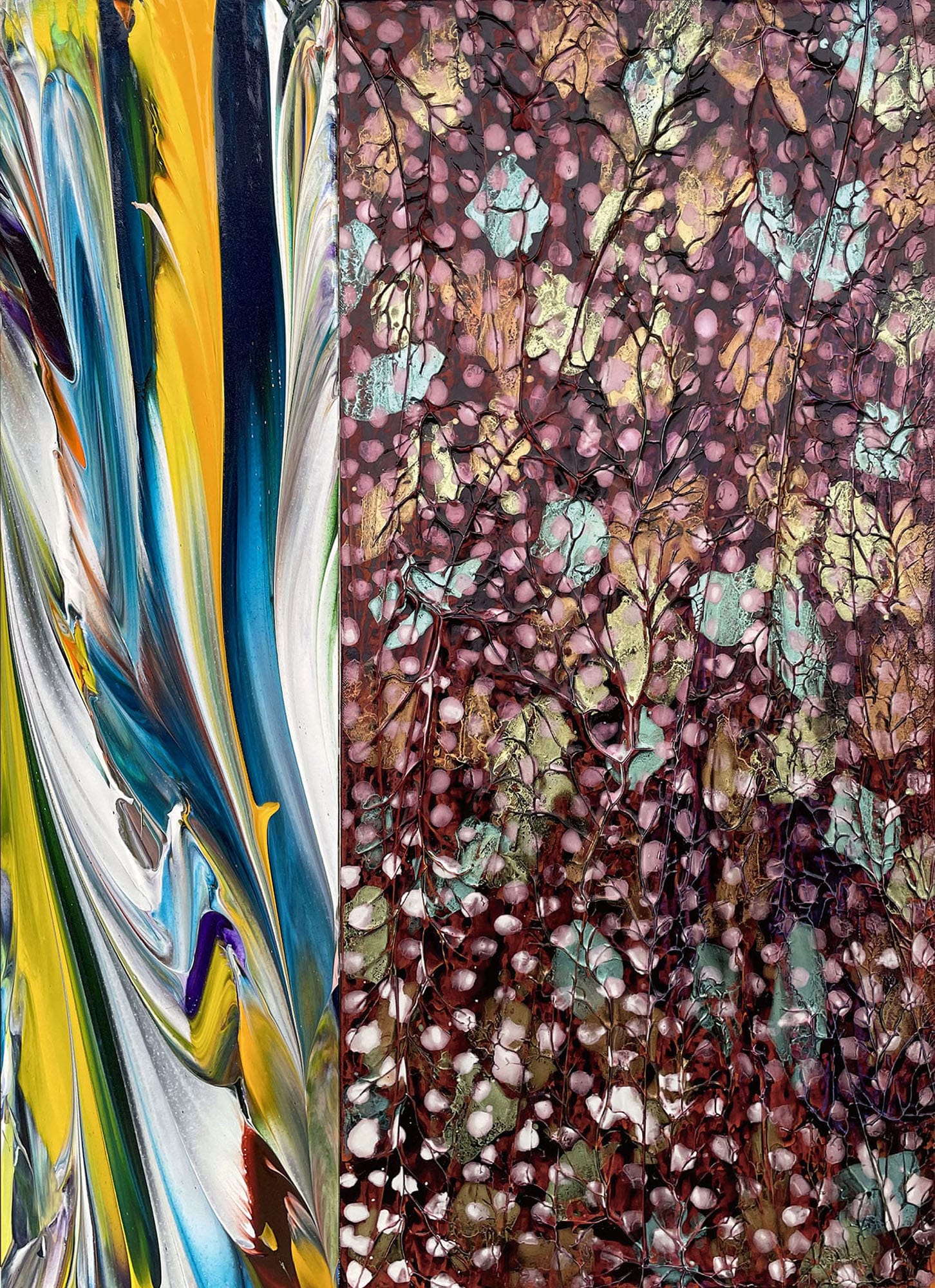
|
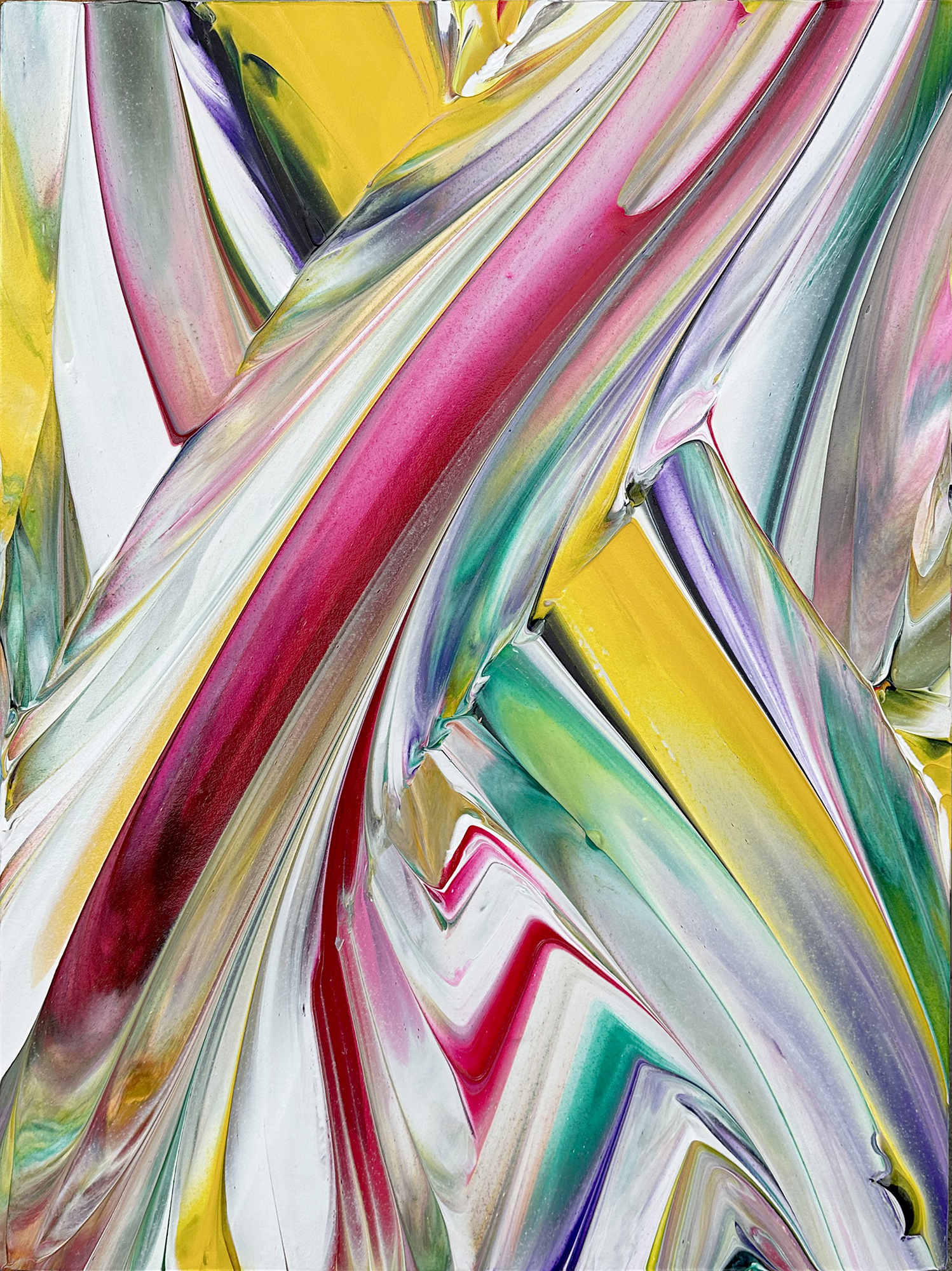
innocence
2023 Acrylic and Carborundum on Cotton
610×456mm
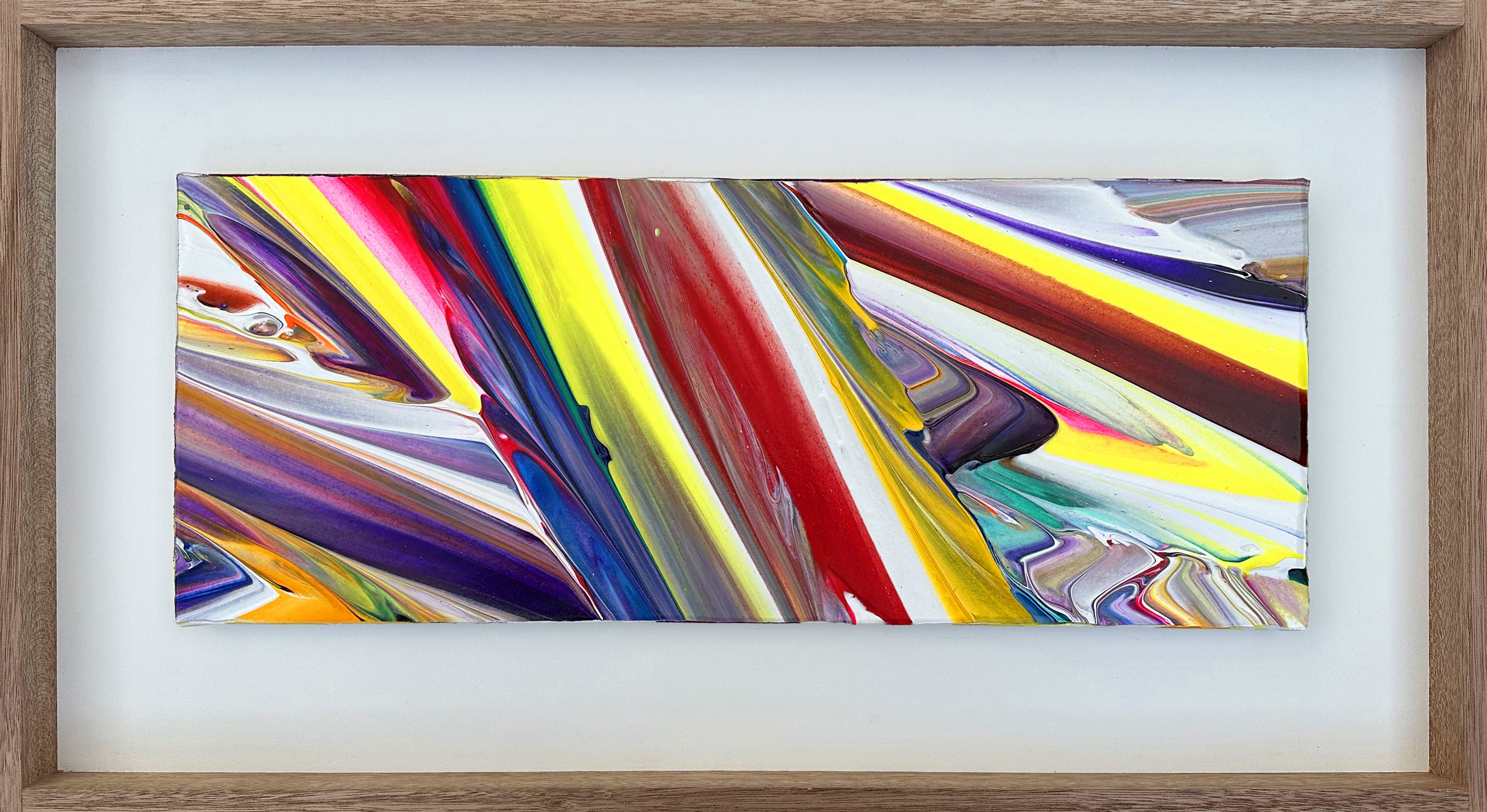
| ALPHABET 2024 Acrylic and Carborundum on cotton 254×654mm Private Collection |
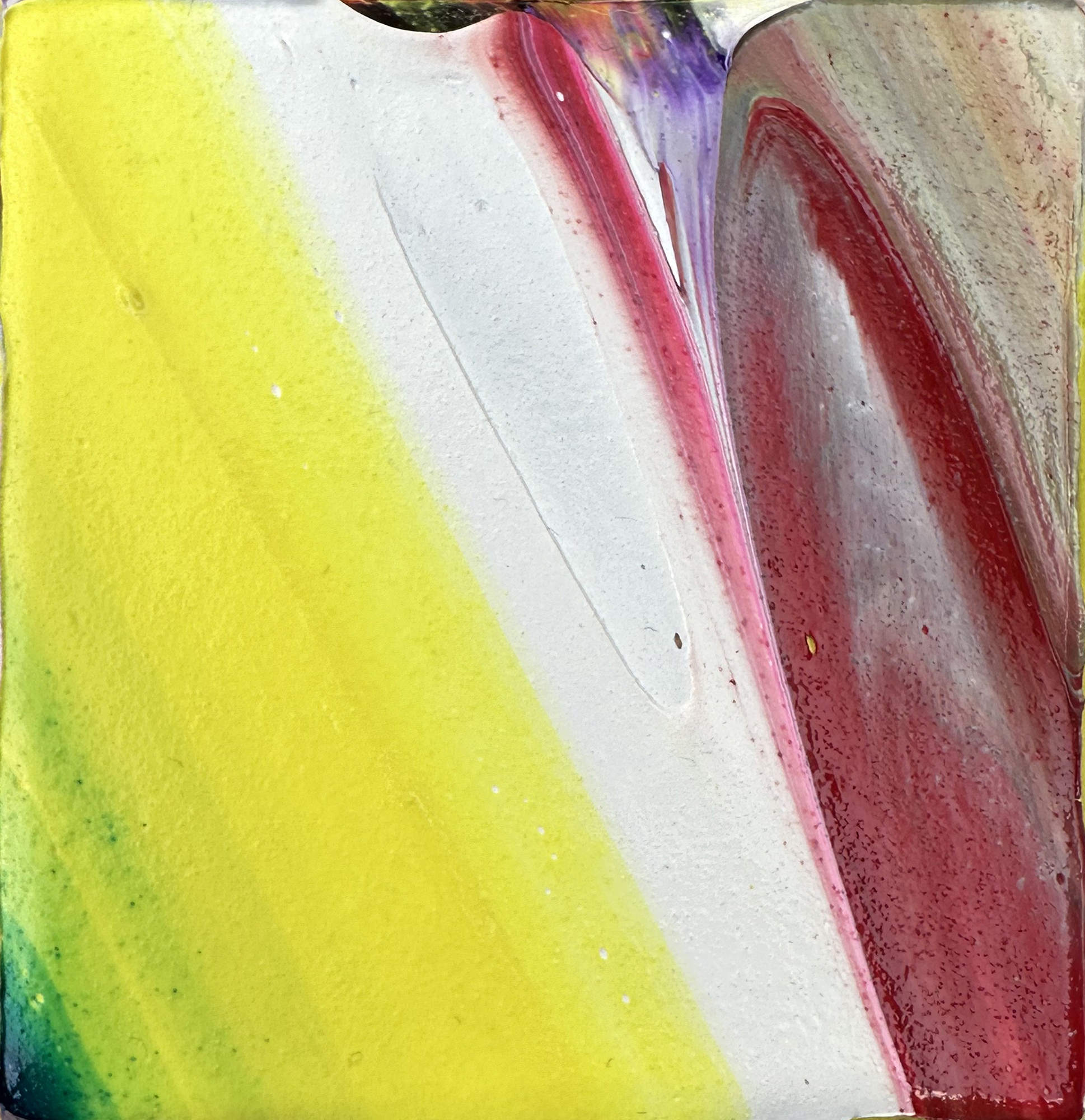
| D 2024 Acrylic and Carborundum on cotton 82×80mm |
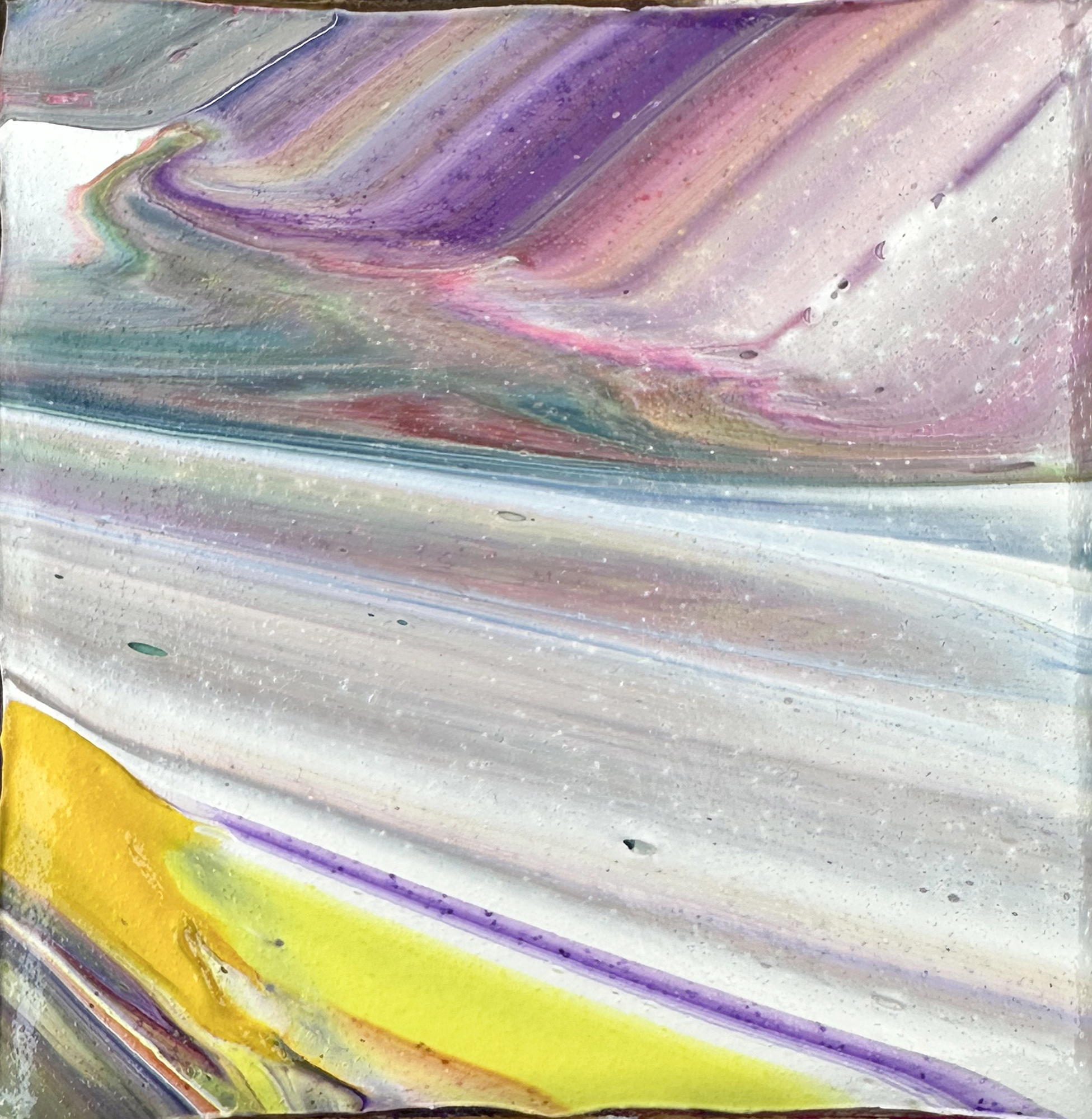
| F 2024 Acrylic and Carborundum on cotton 82×80mm |
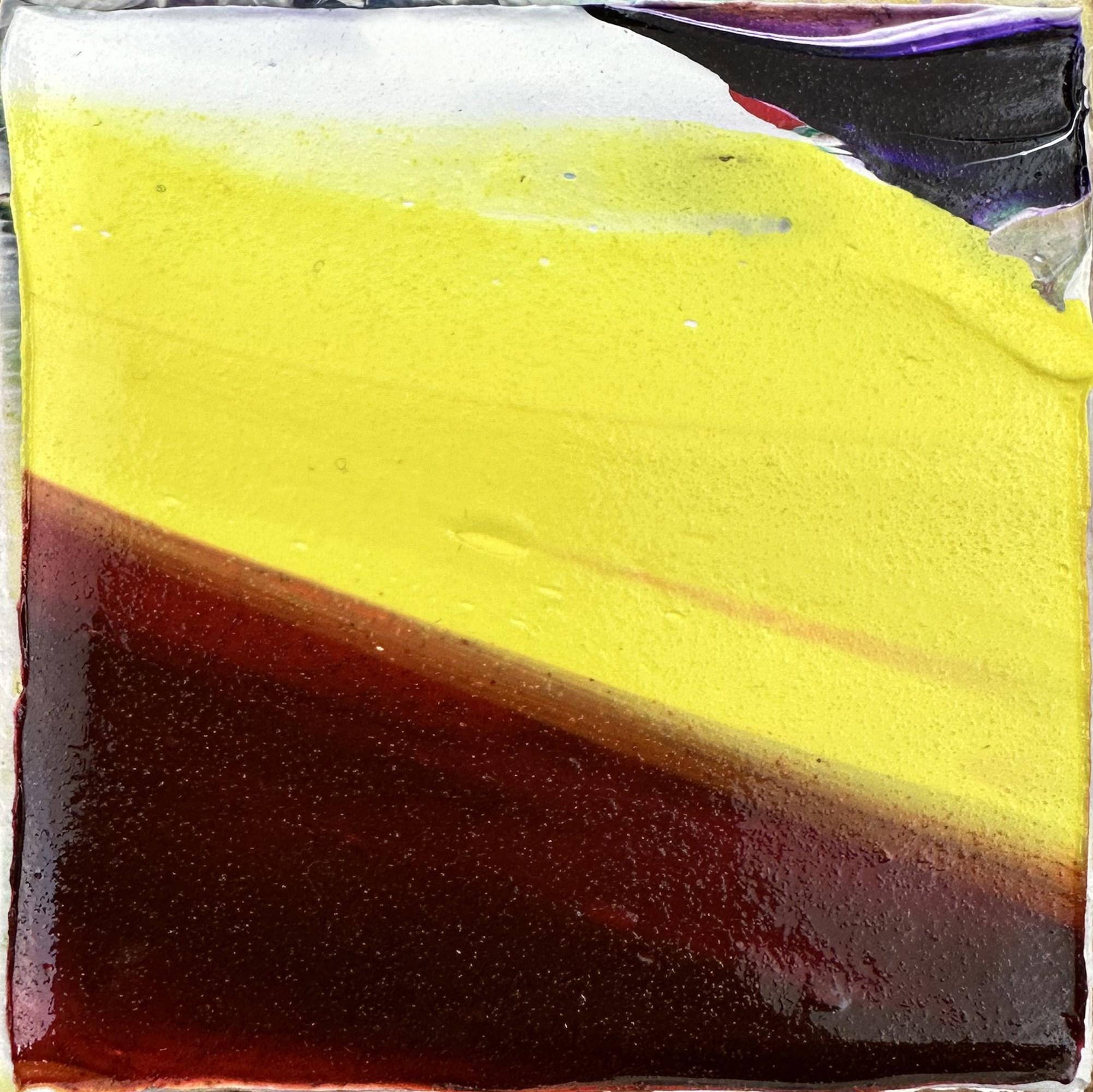
| L 2024 Acrylic and Carborundum on cotton 82×80mm Private Collection |
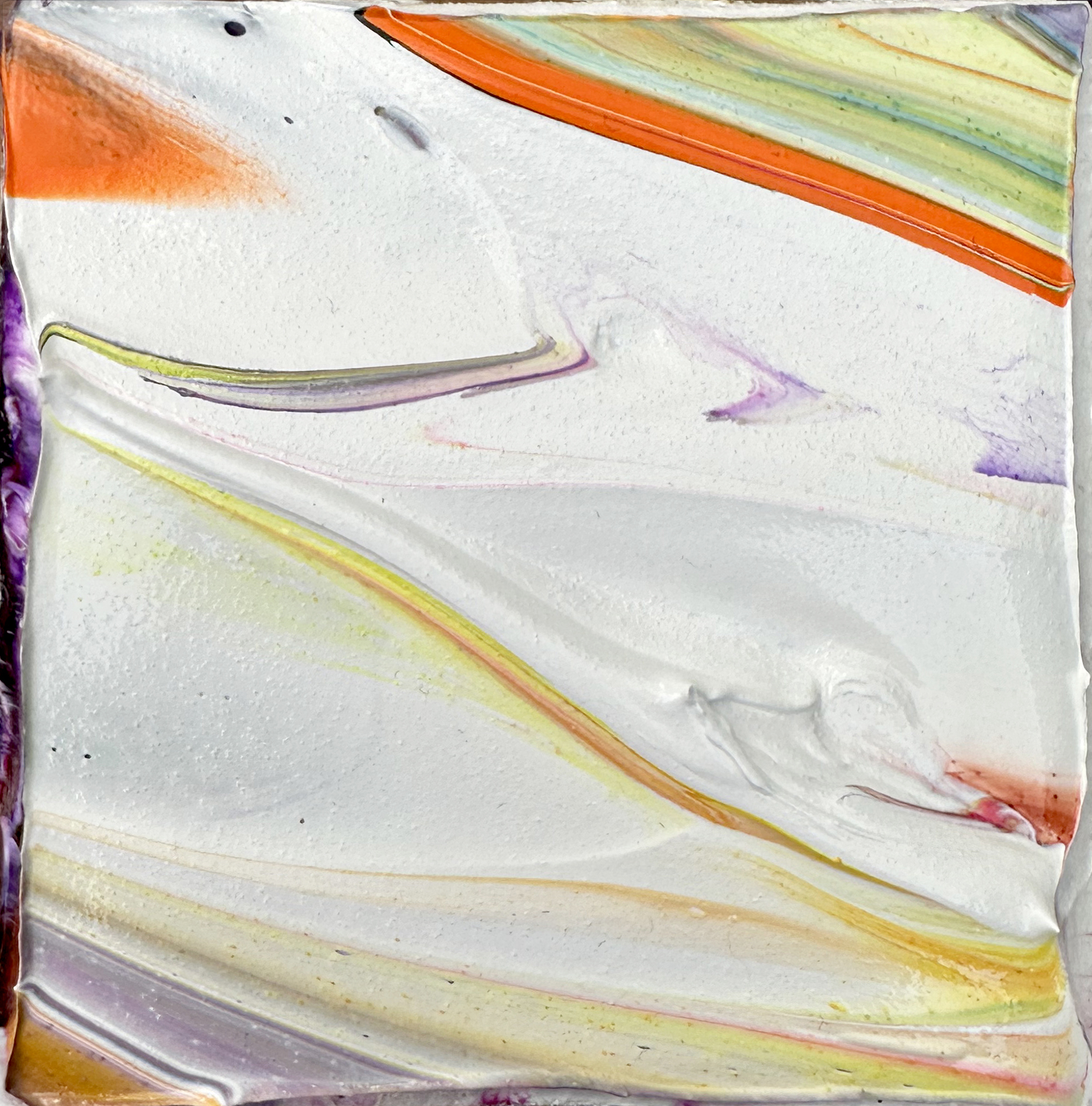
| Z 2024 Acrylic and Carborundum on cotton 82×80mm |

| O 2024 Acrylic and Carborundum on cotton 82×80mm Private Collection |
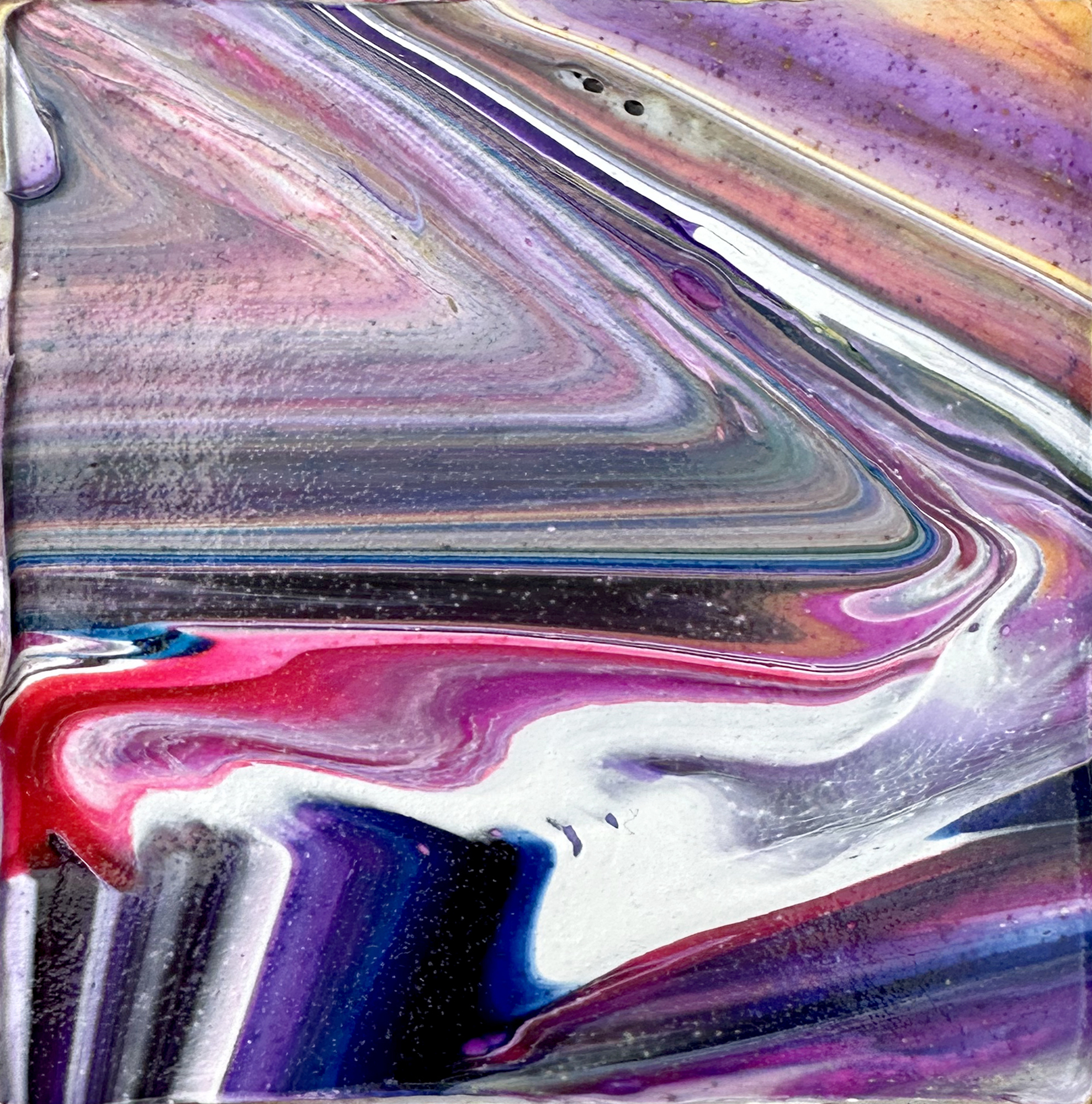
| X 2024 Acrylic and Carborundum on cotton 82×80mm |
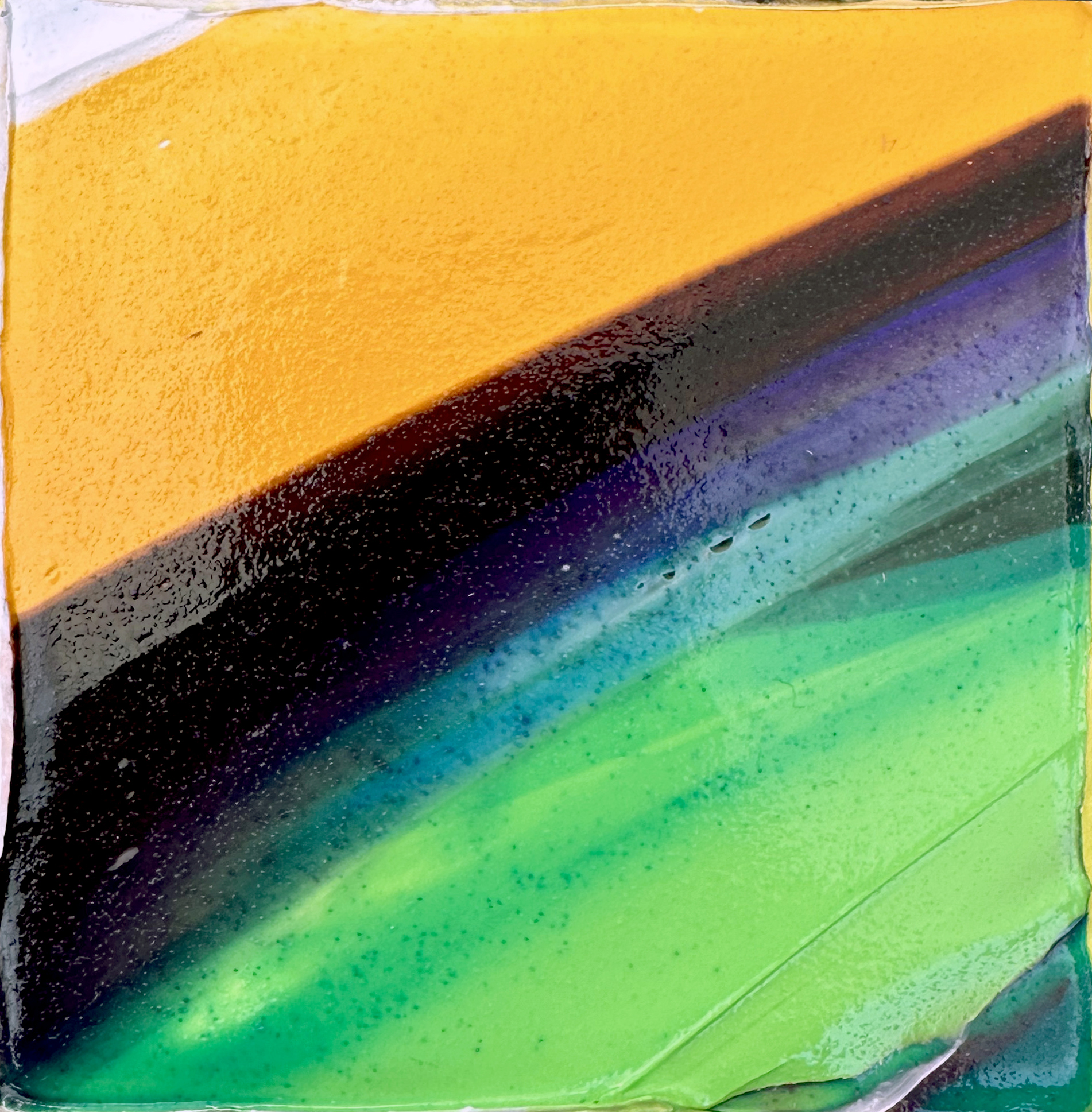
| V 2024 Acrylic and Carborundum on cotton 82×80mm |
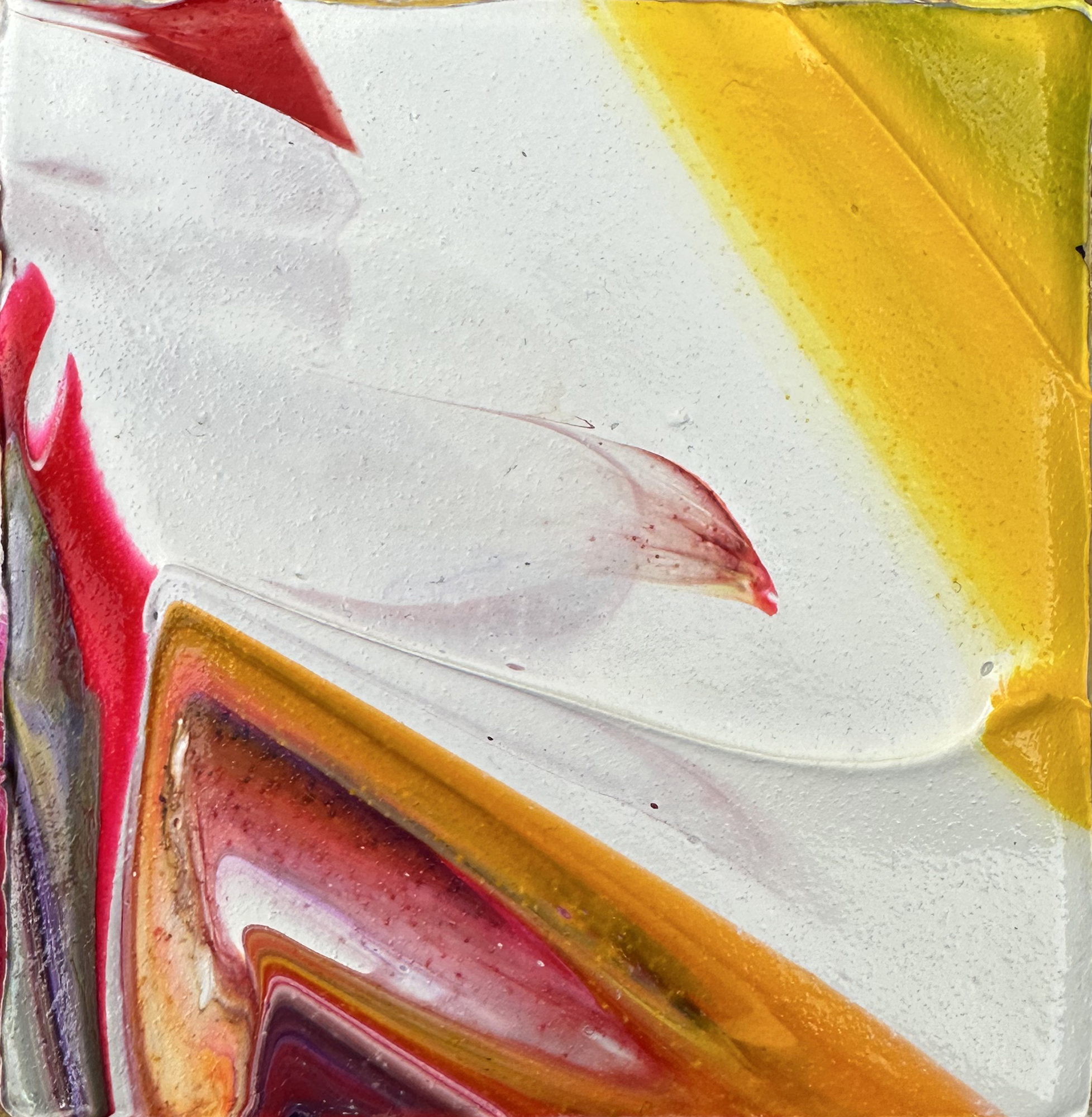
| Q 2024 Acrylic and Carborundum on cotton 82×80mm |
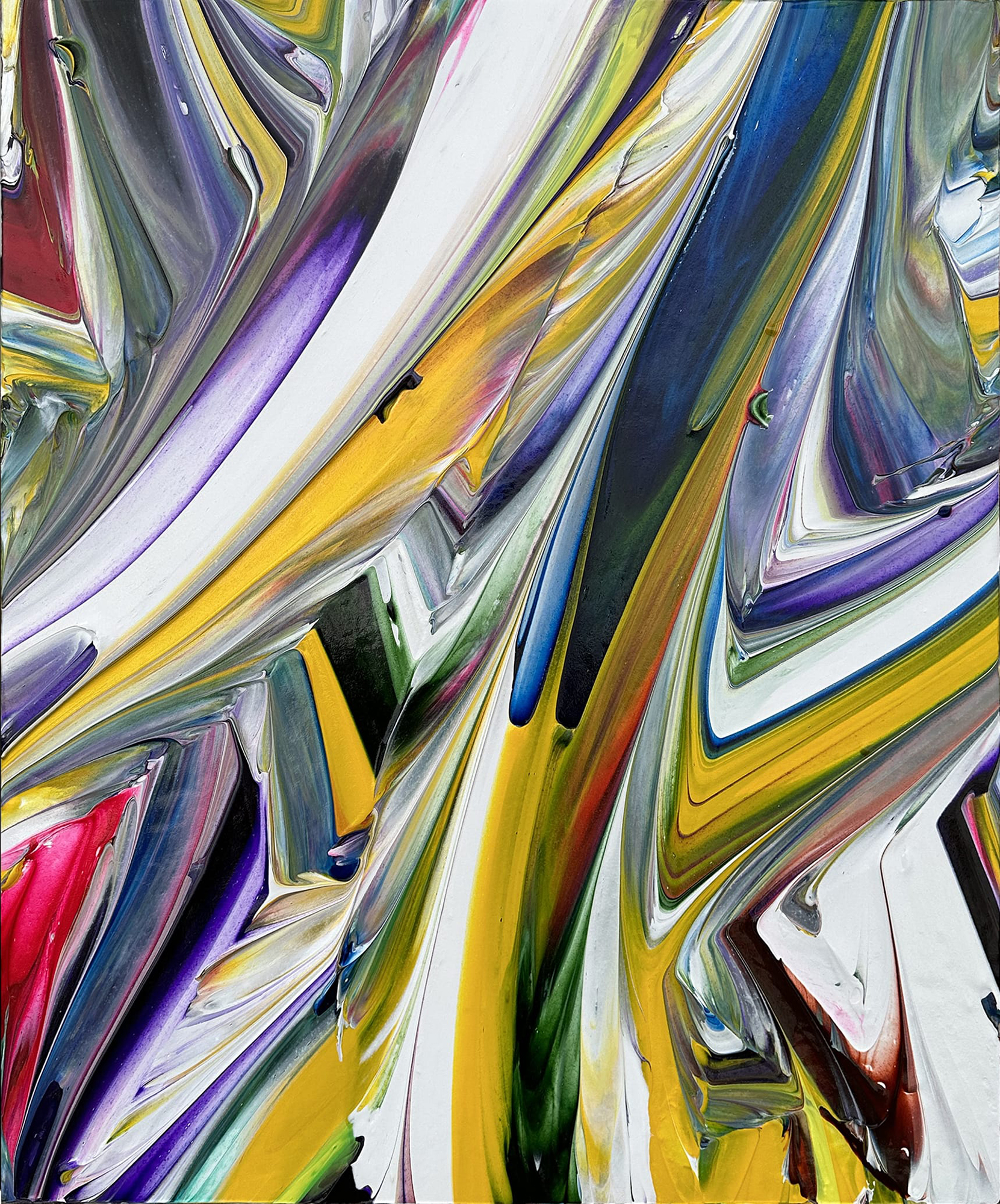
last
2023 Acrylic and Carborundum on Cotton
730×610mm

